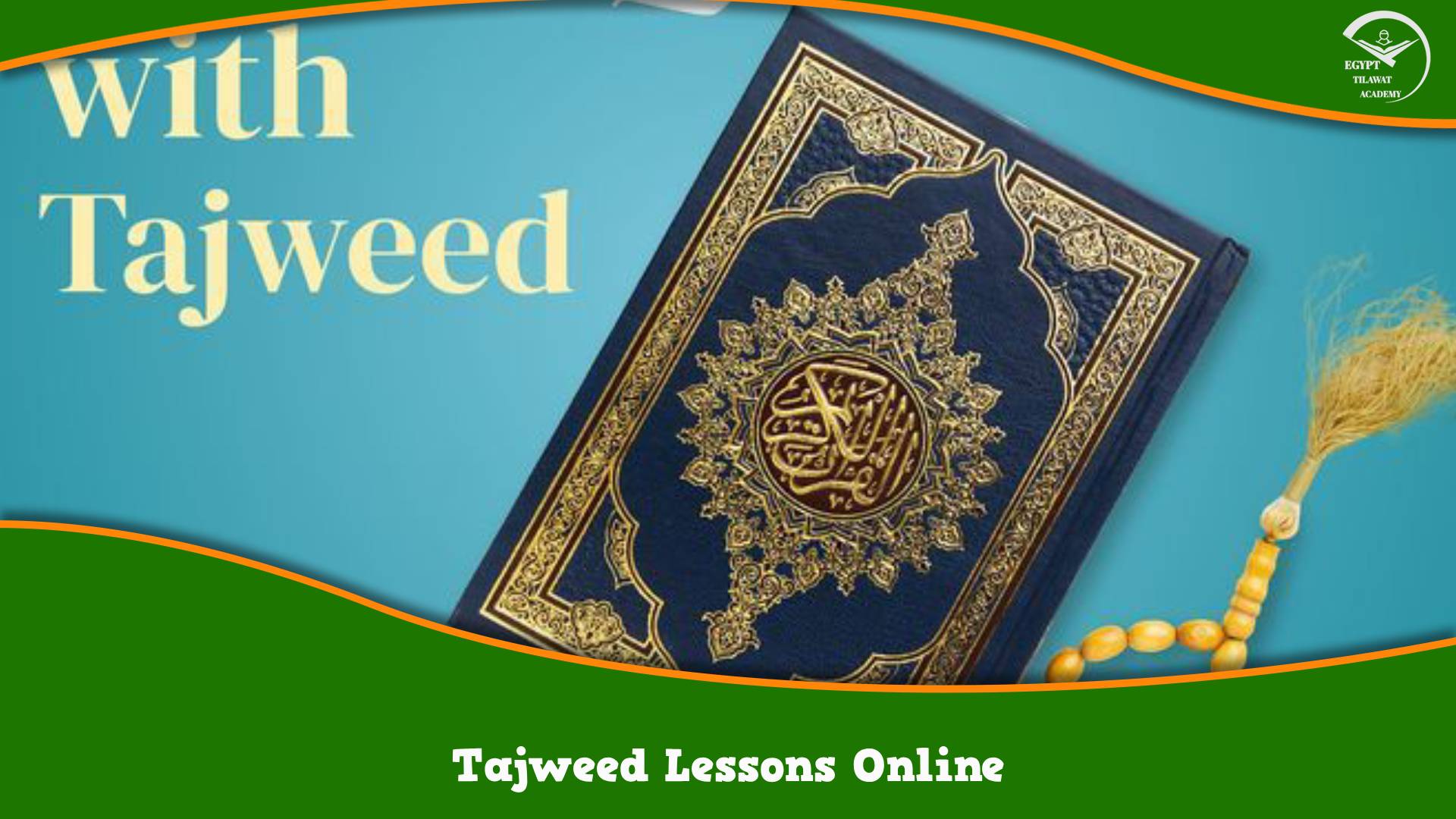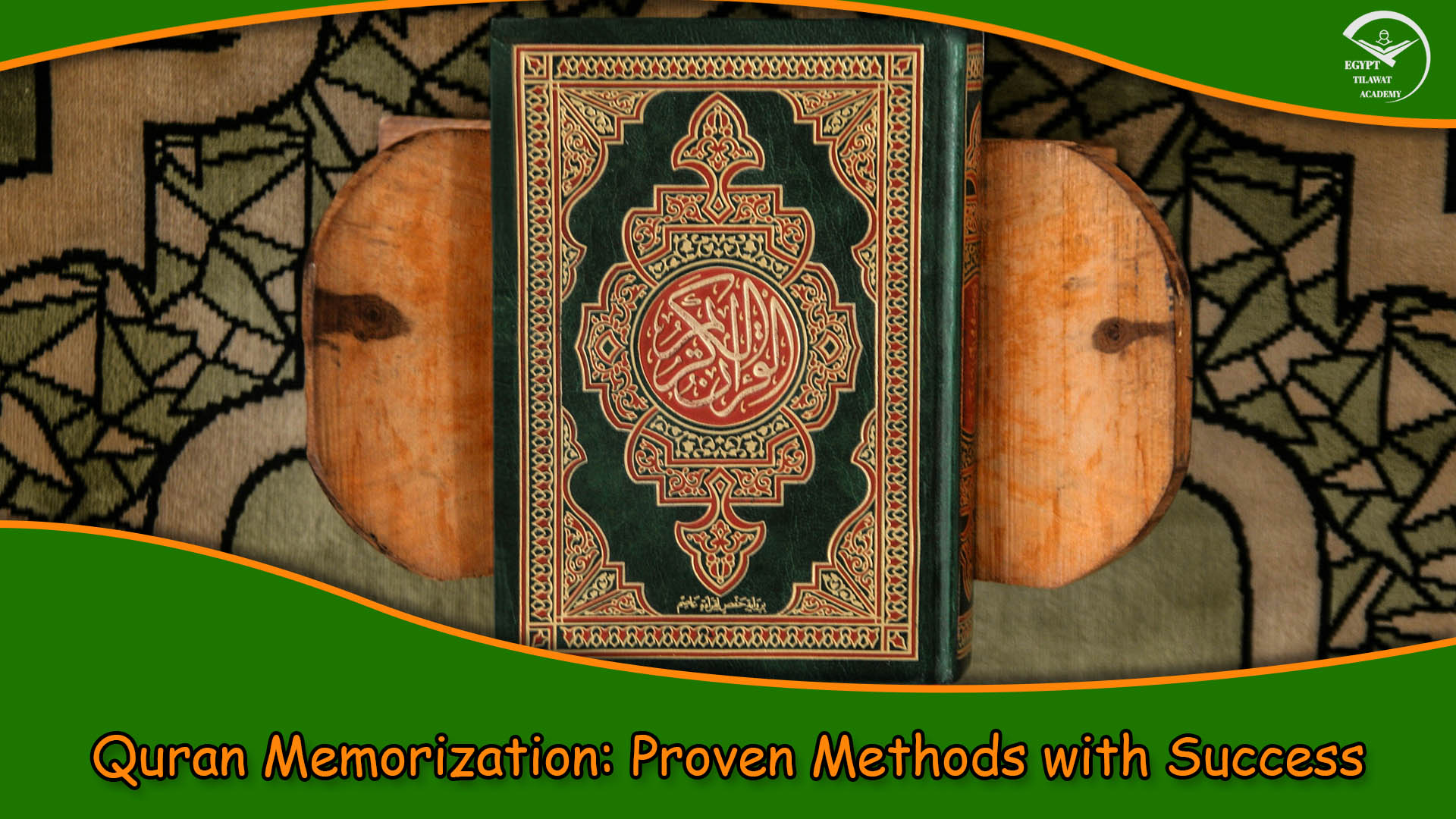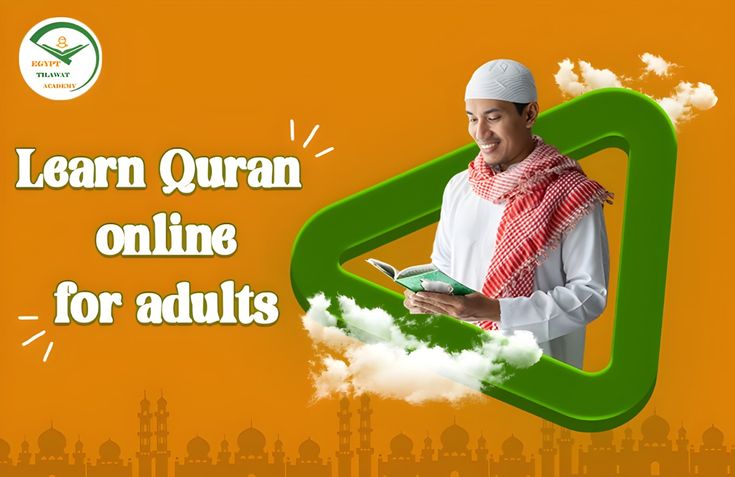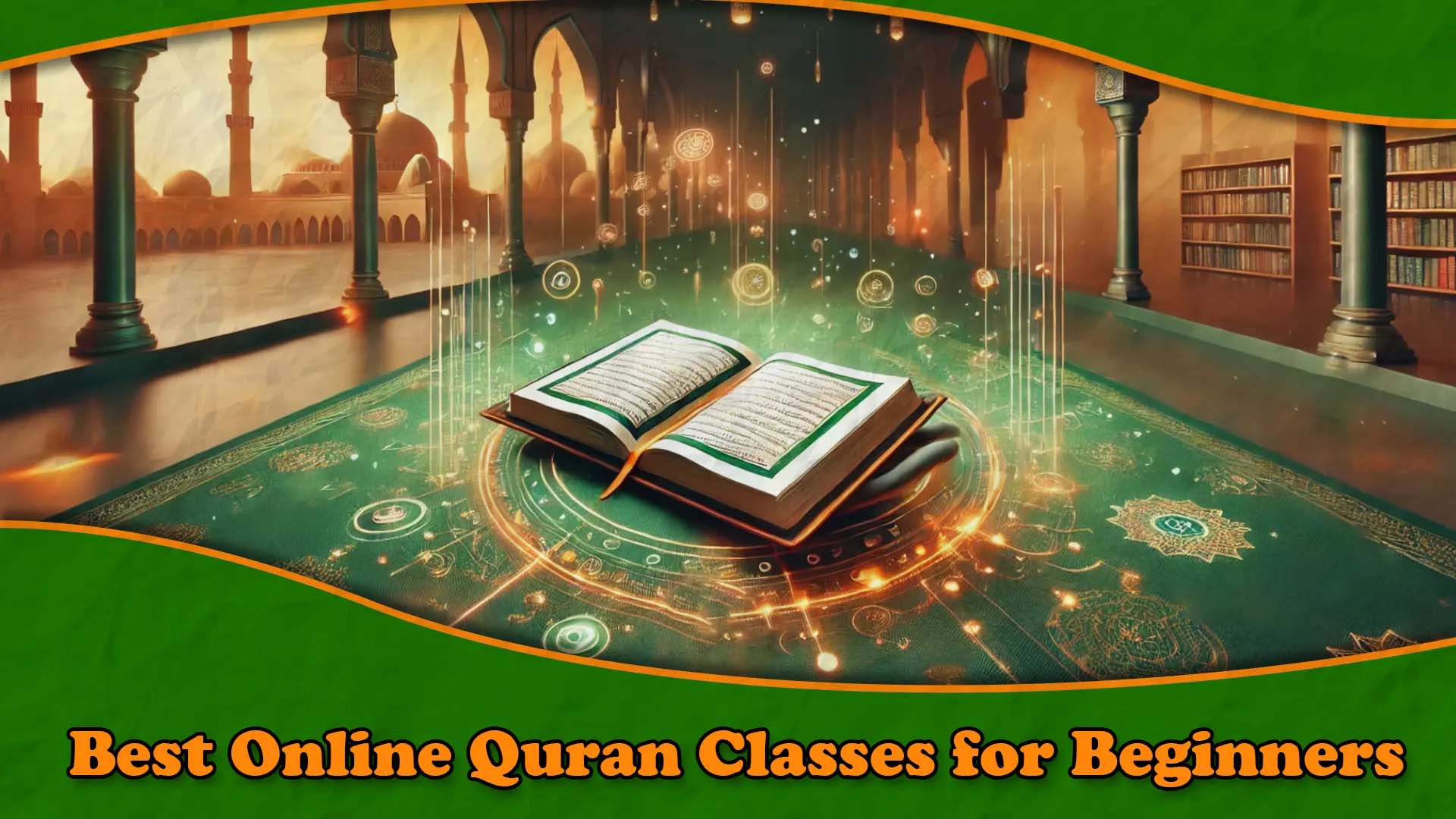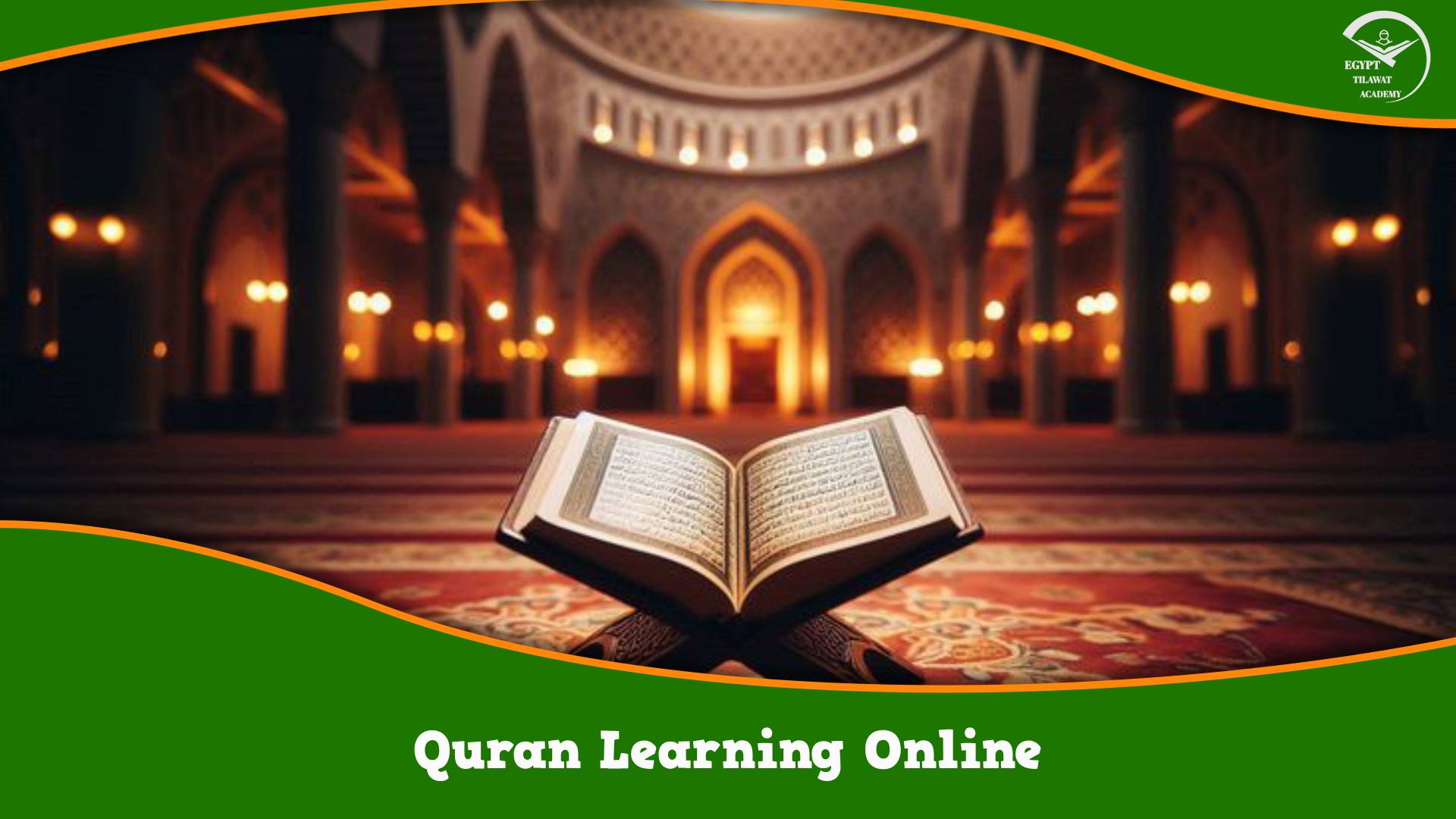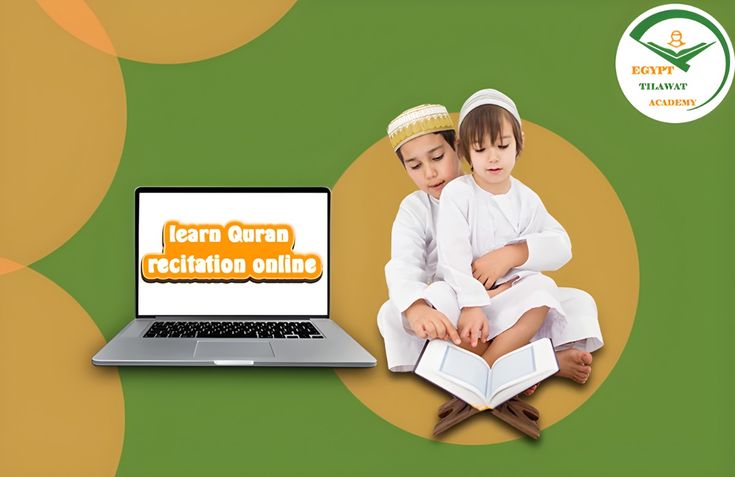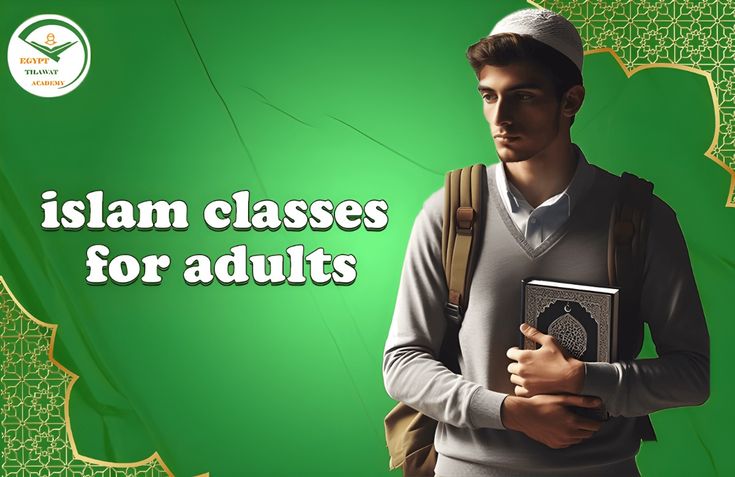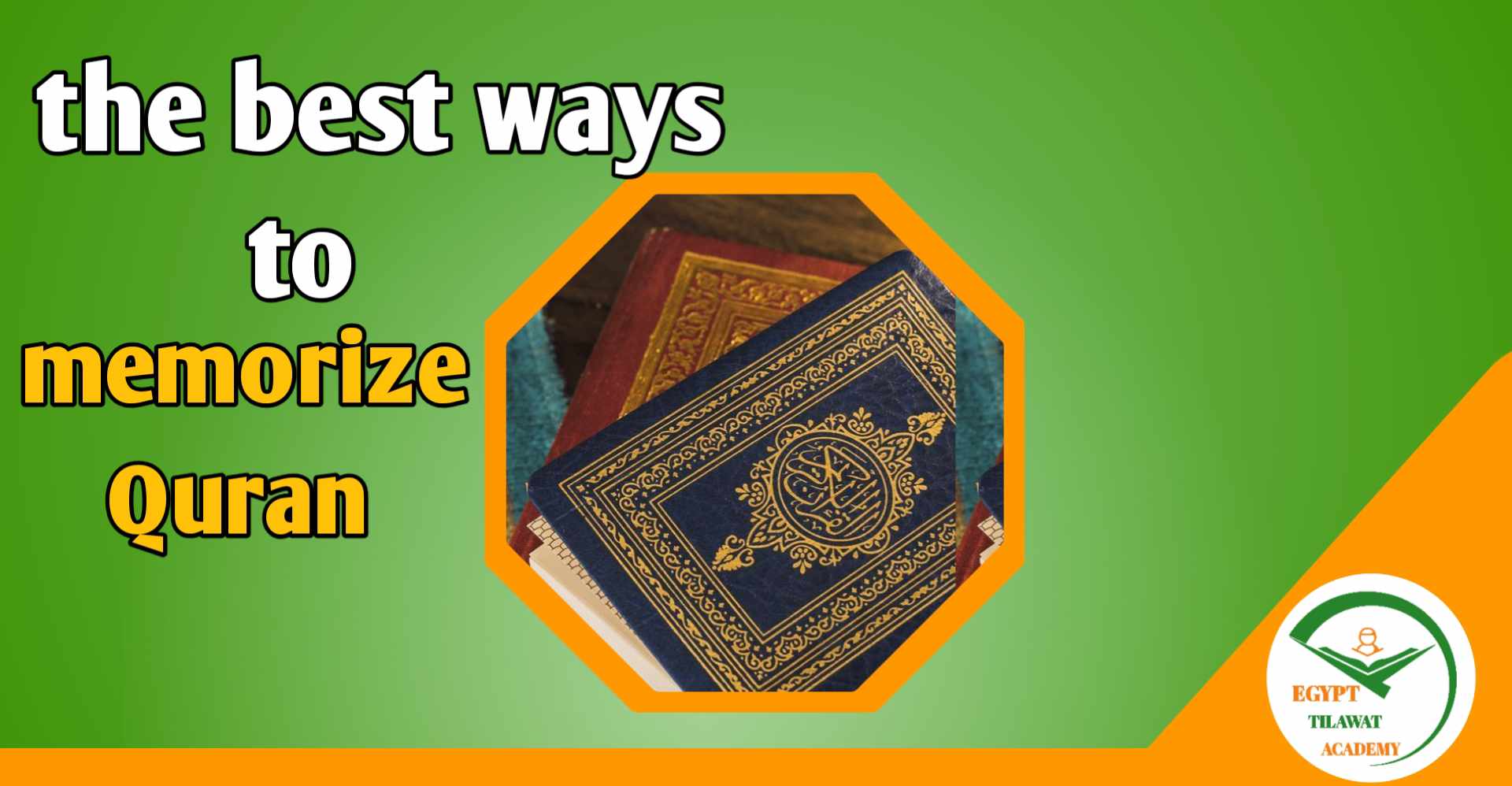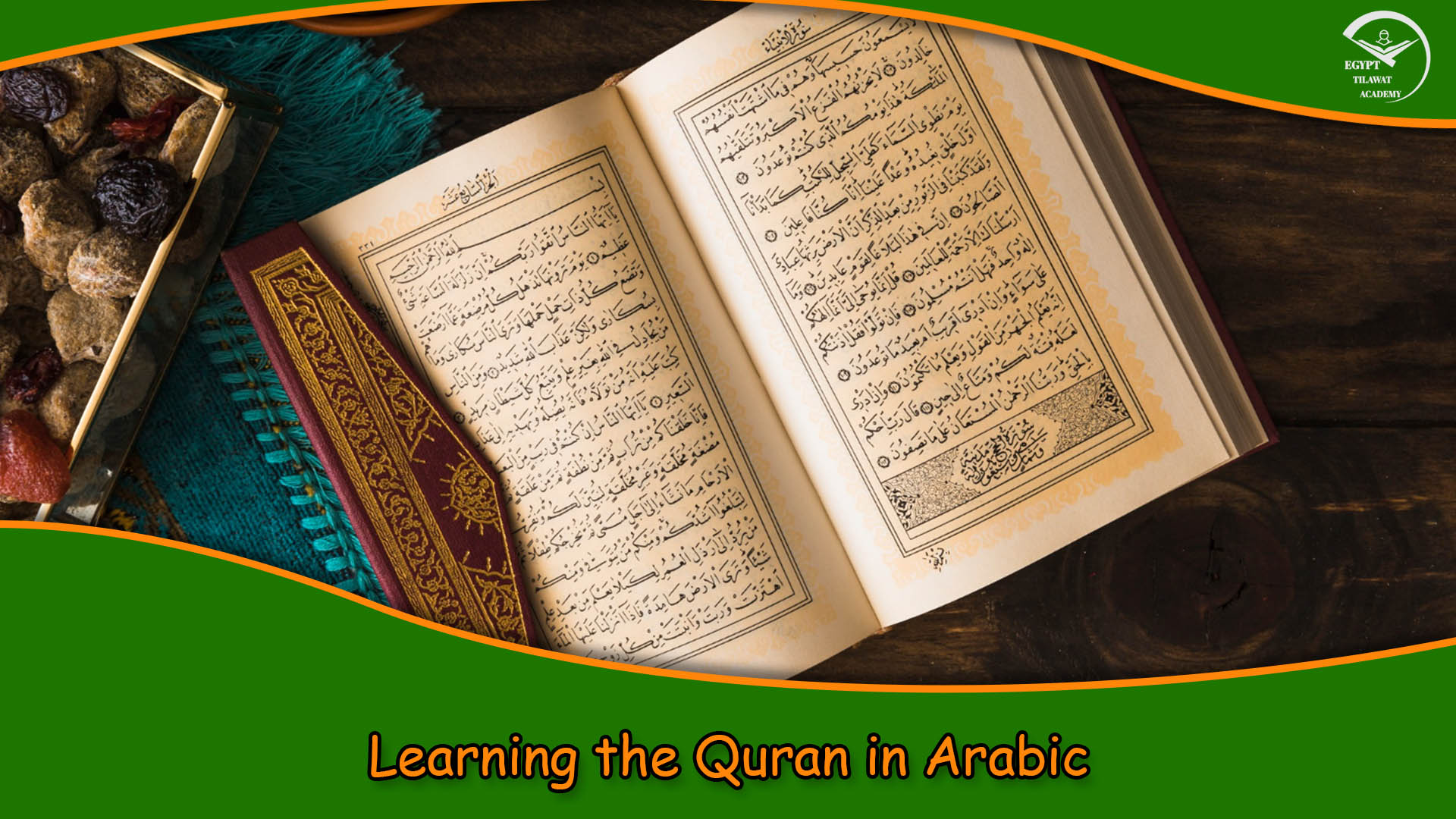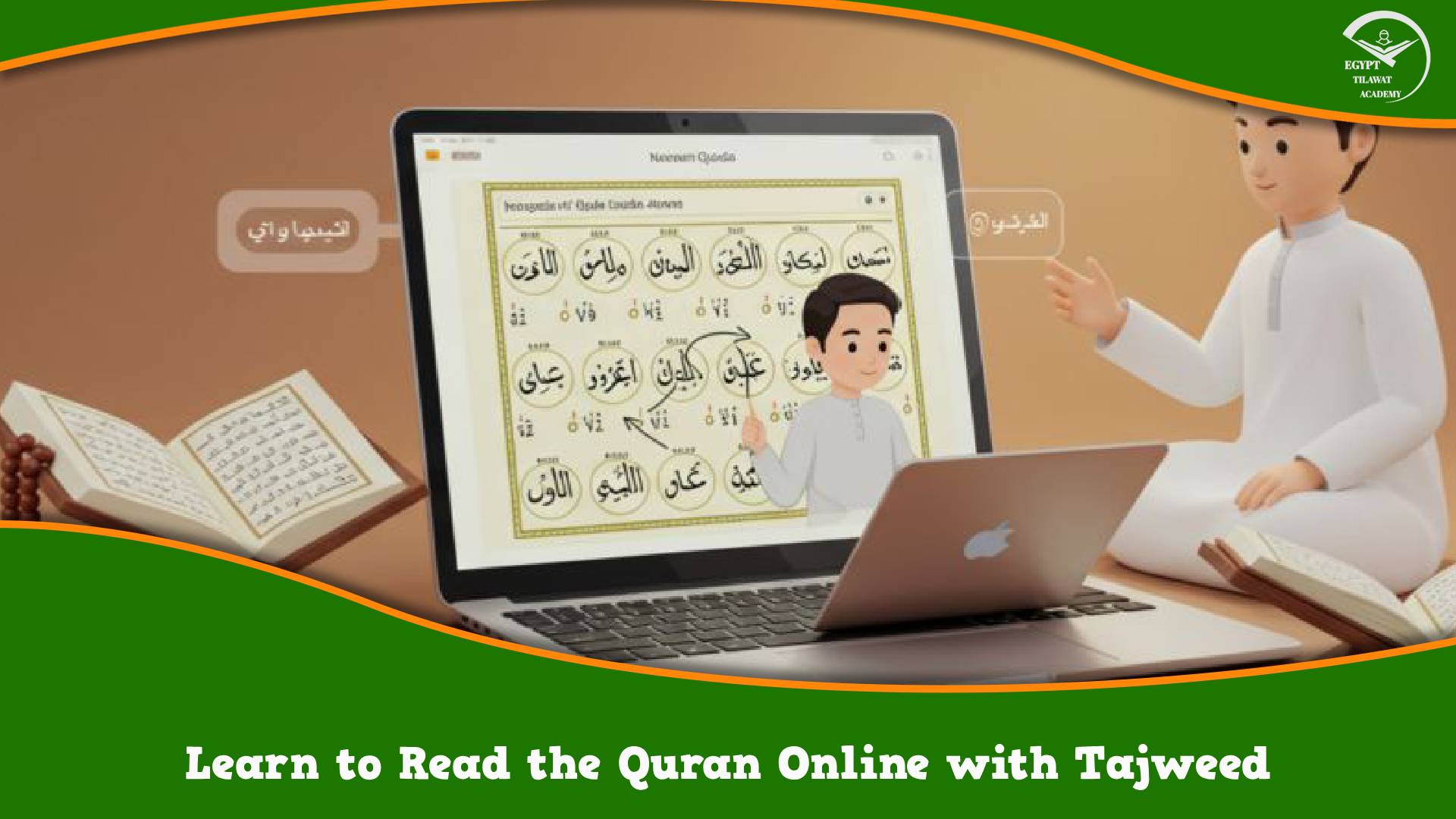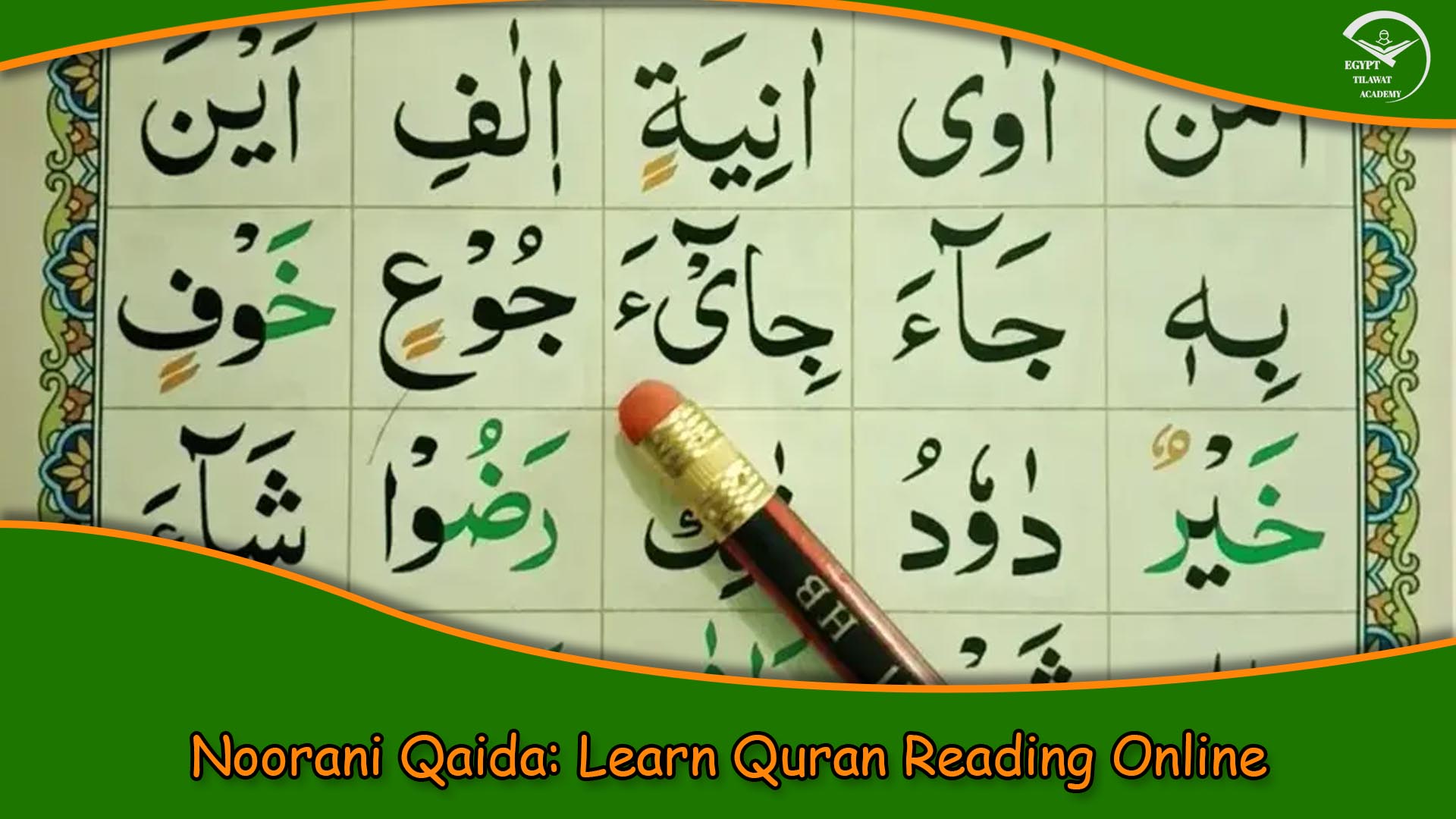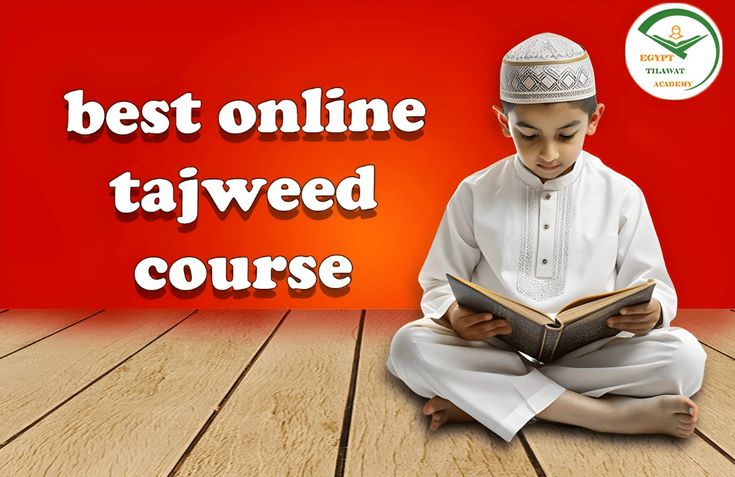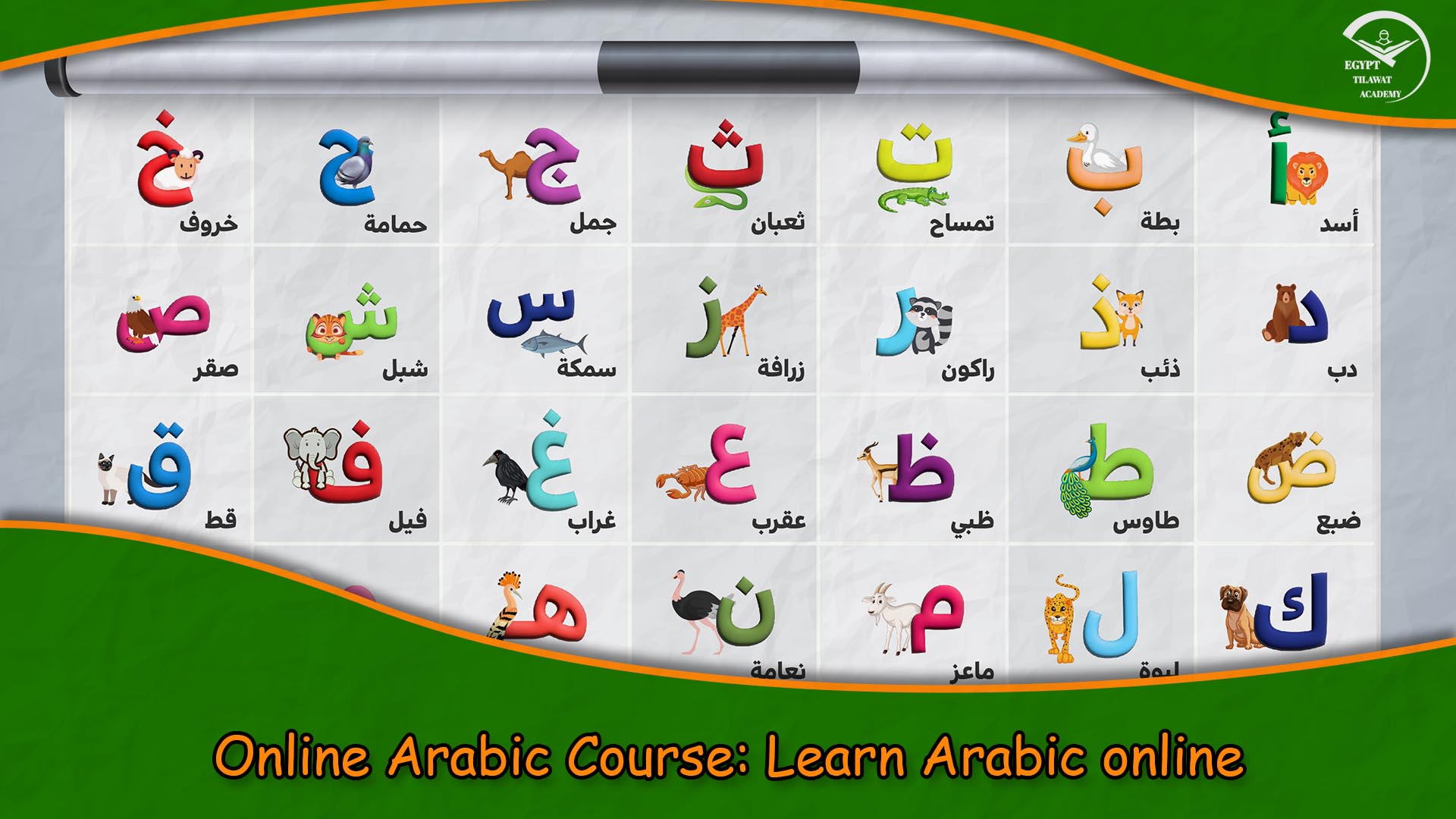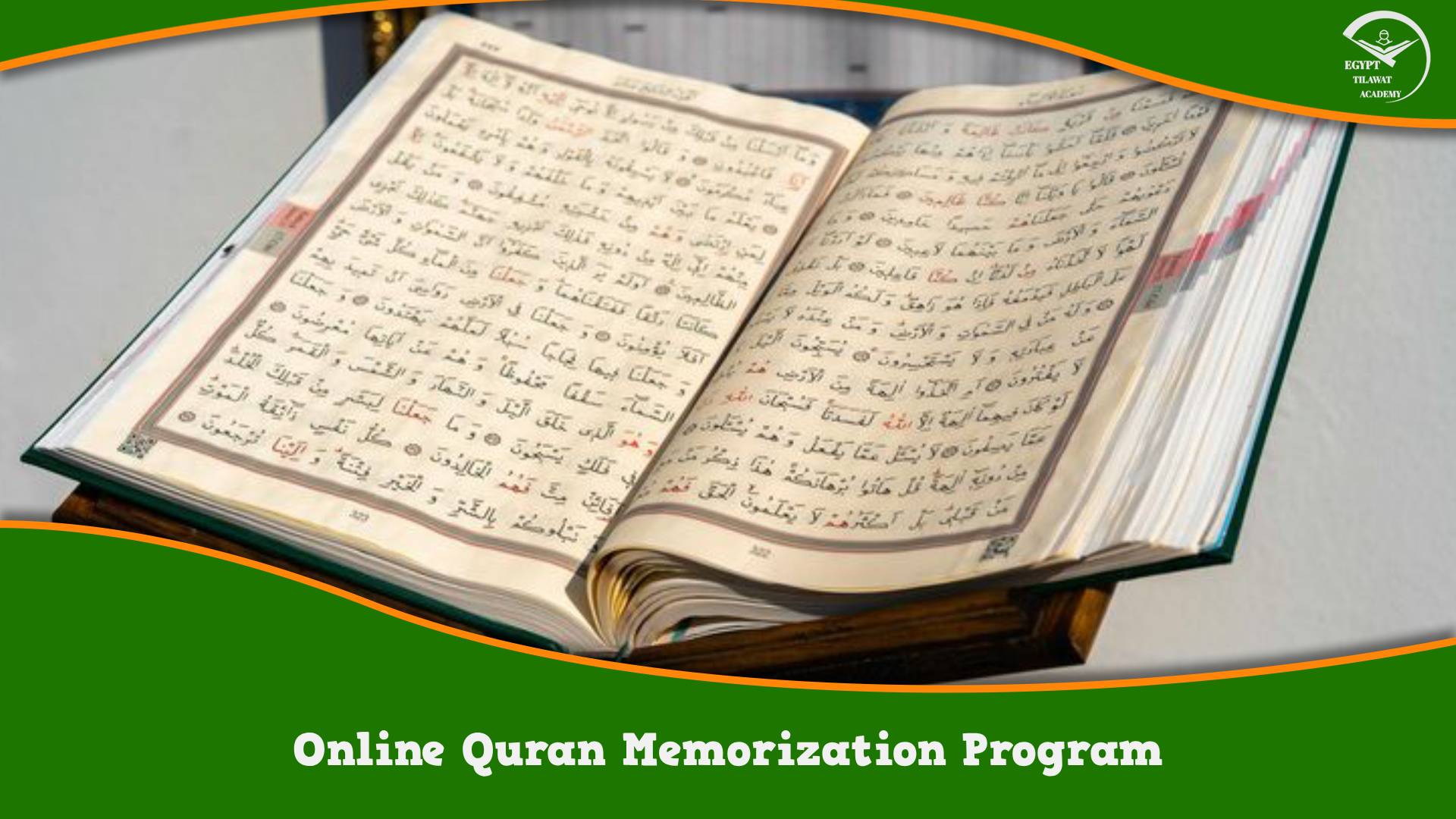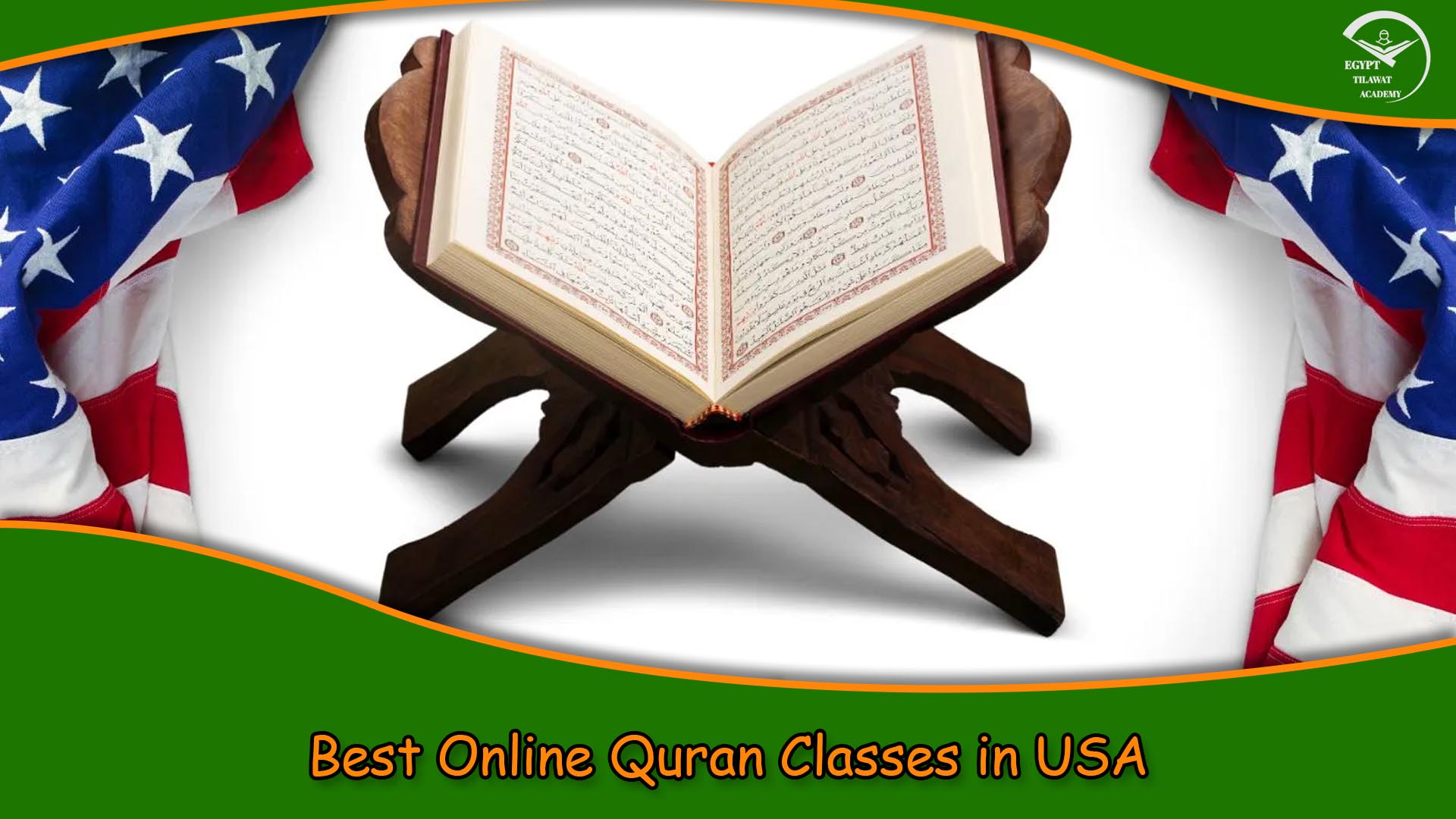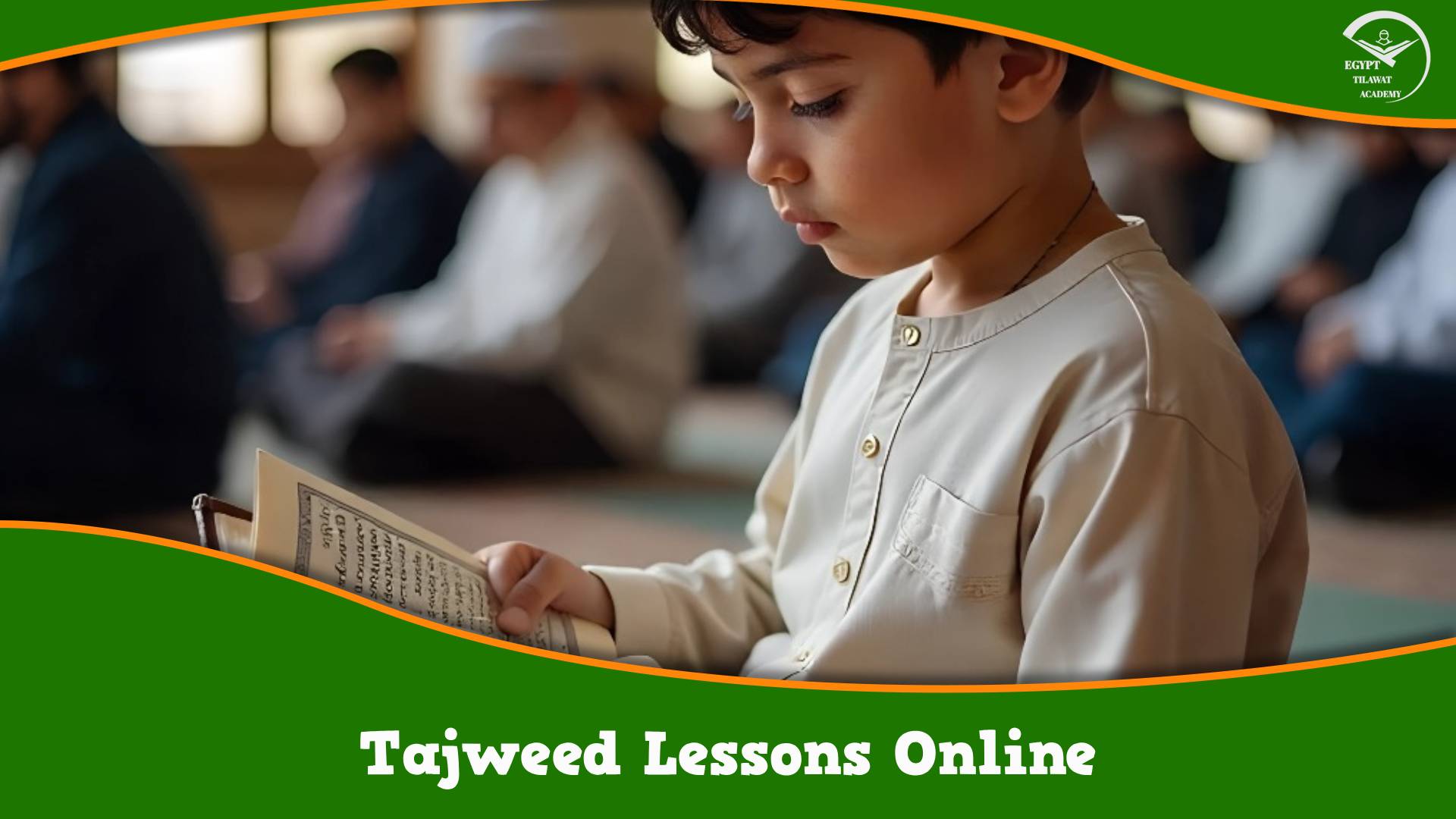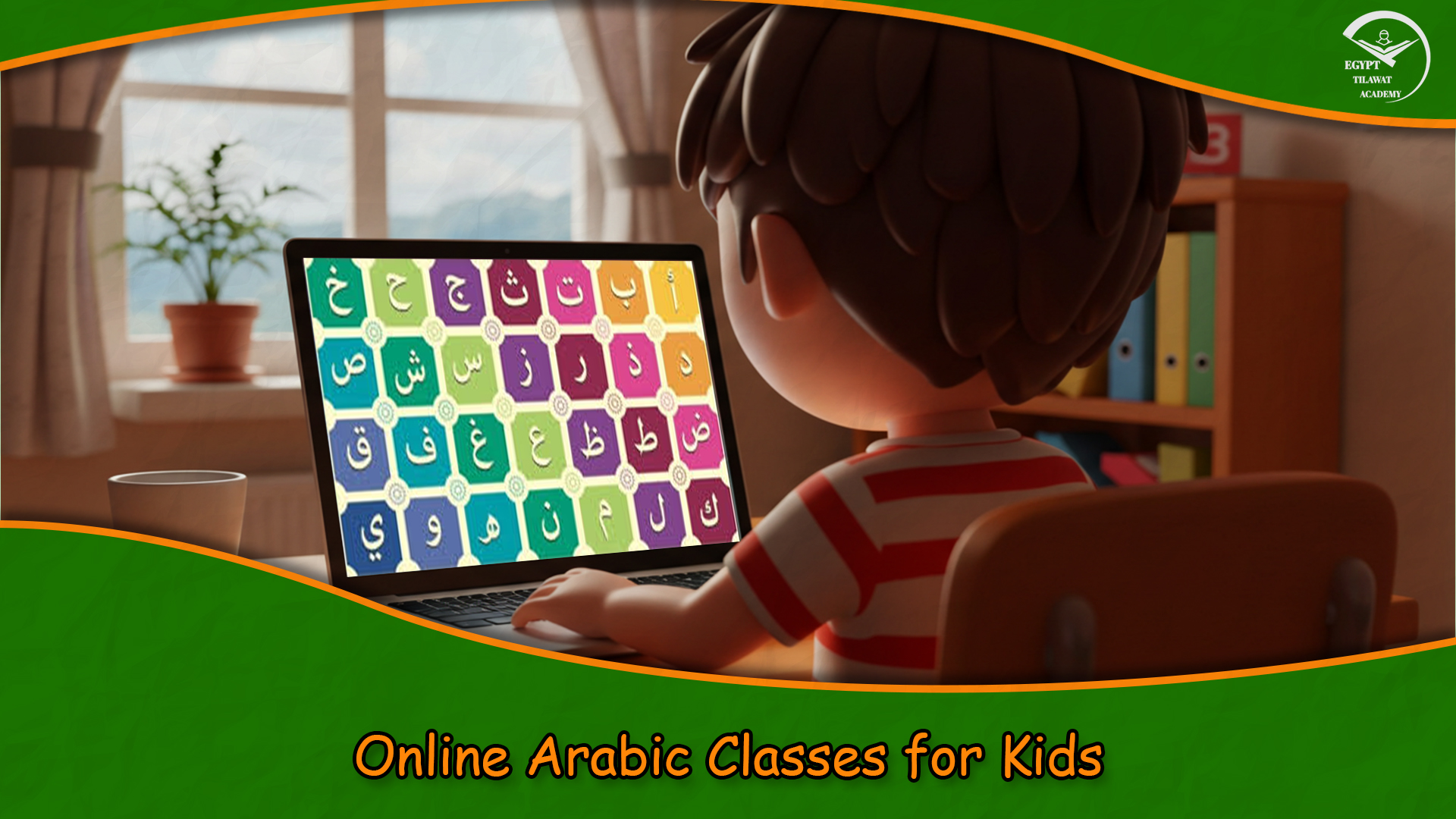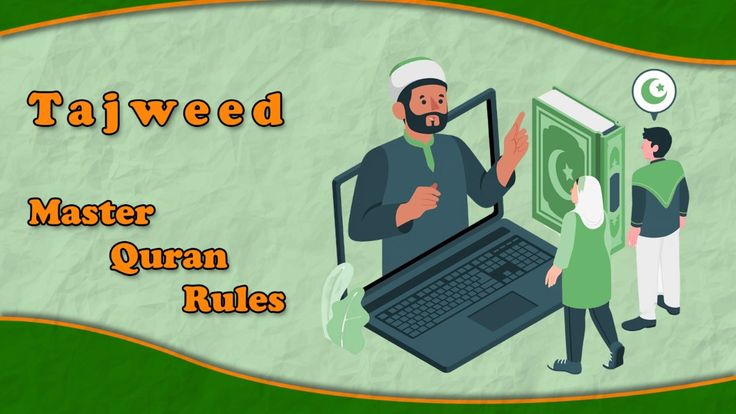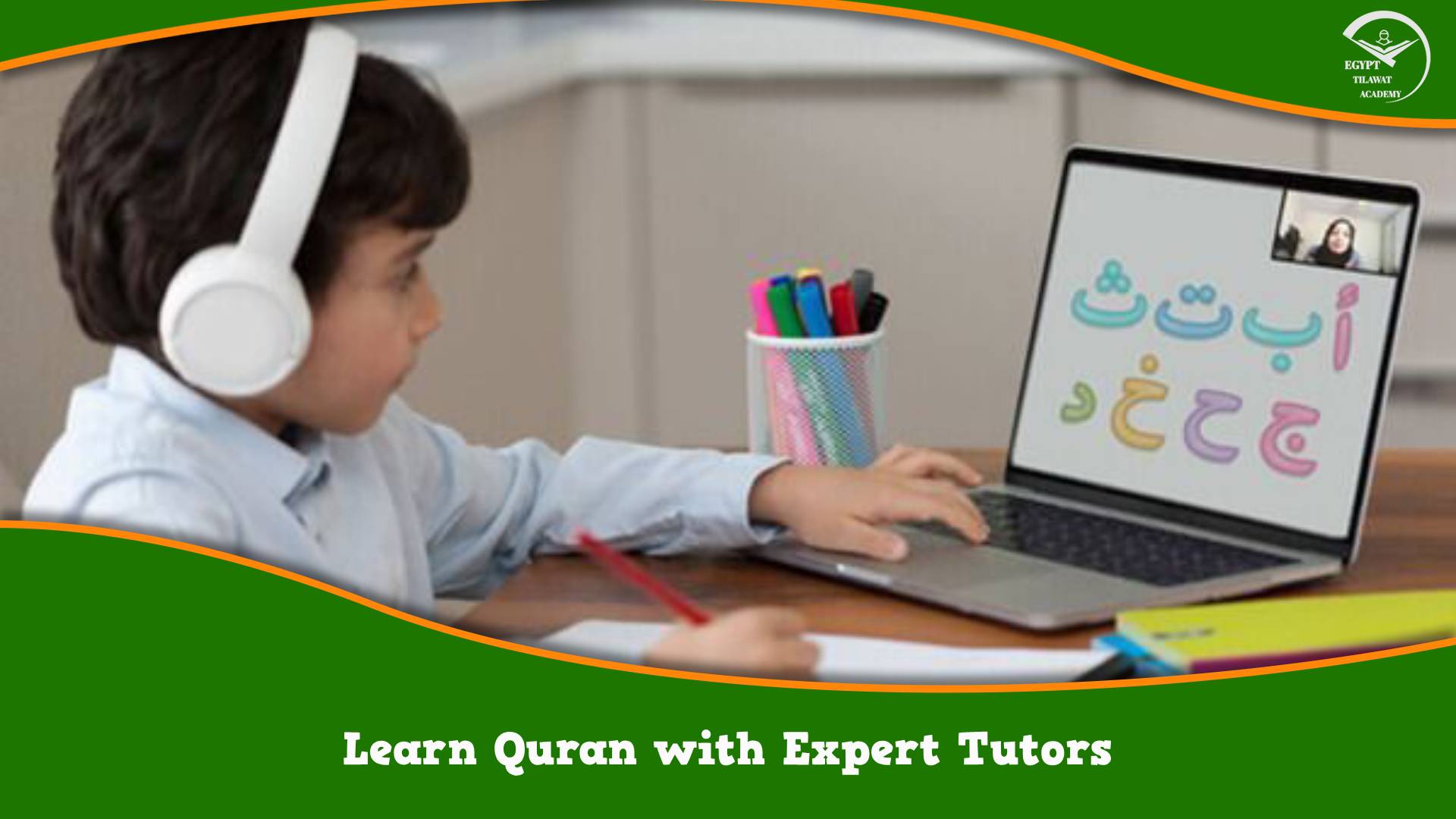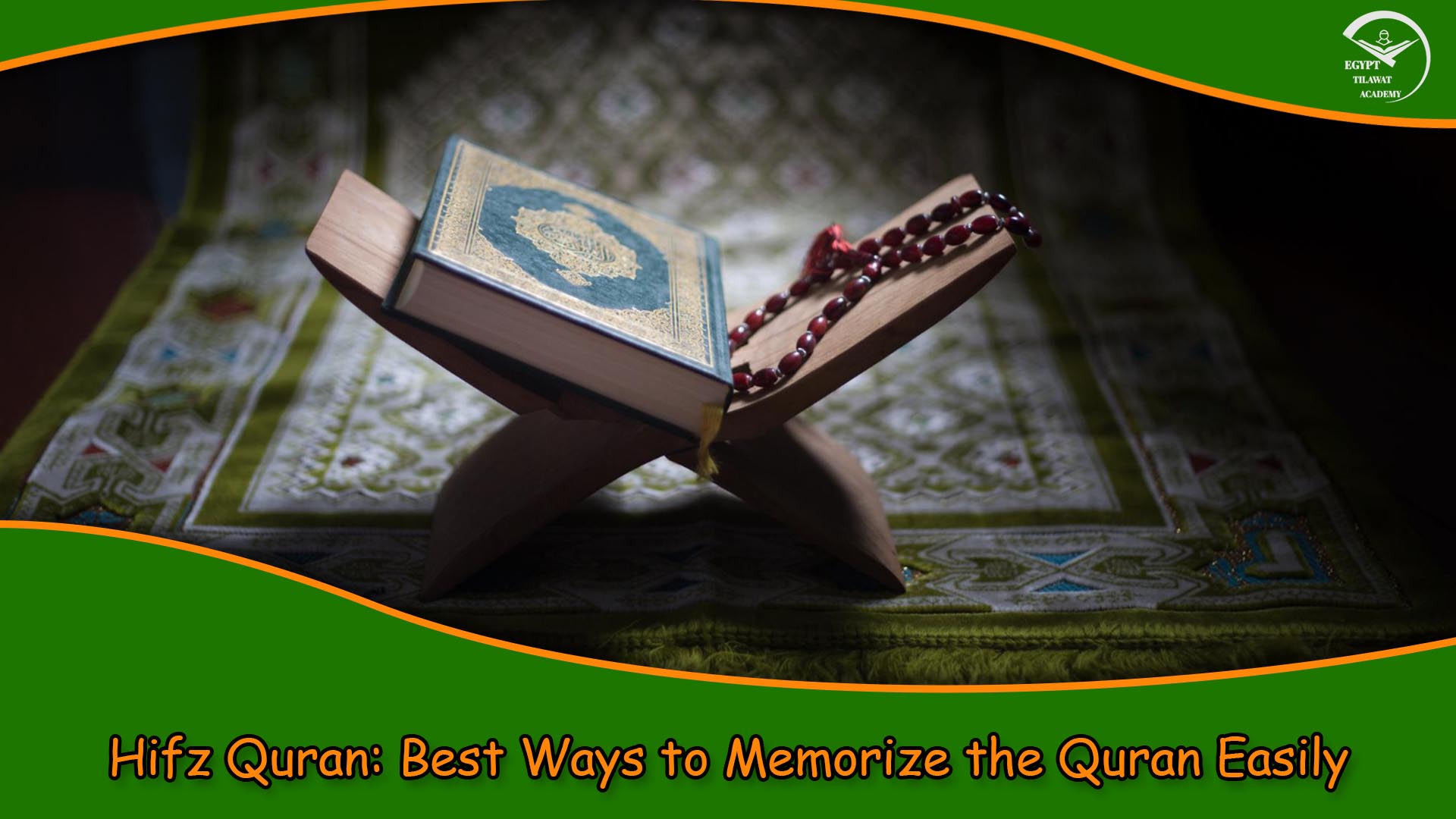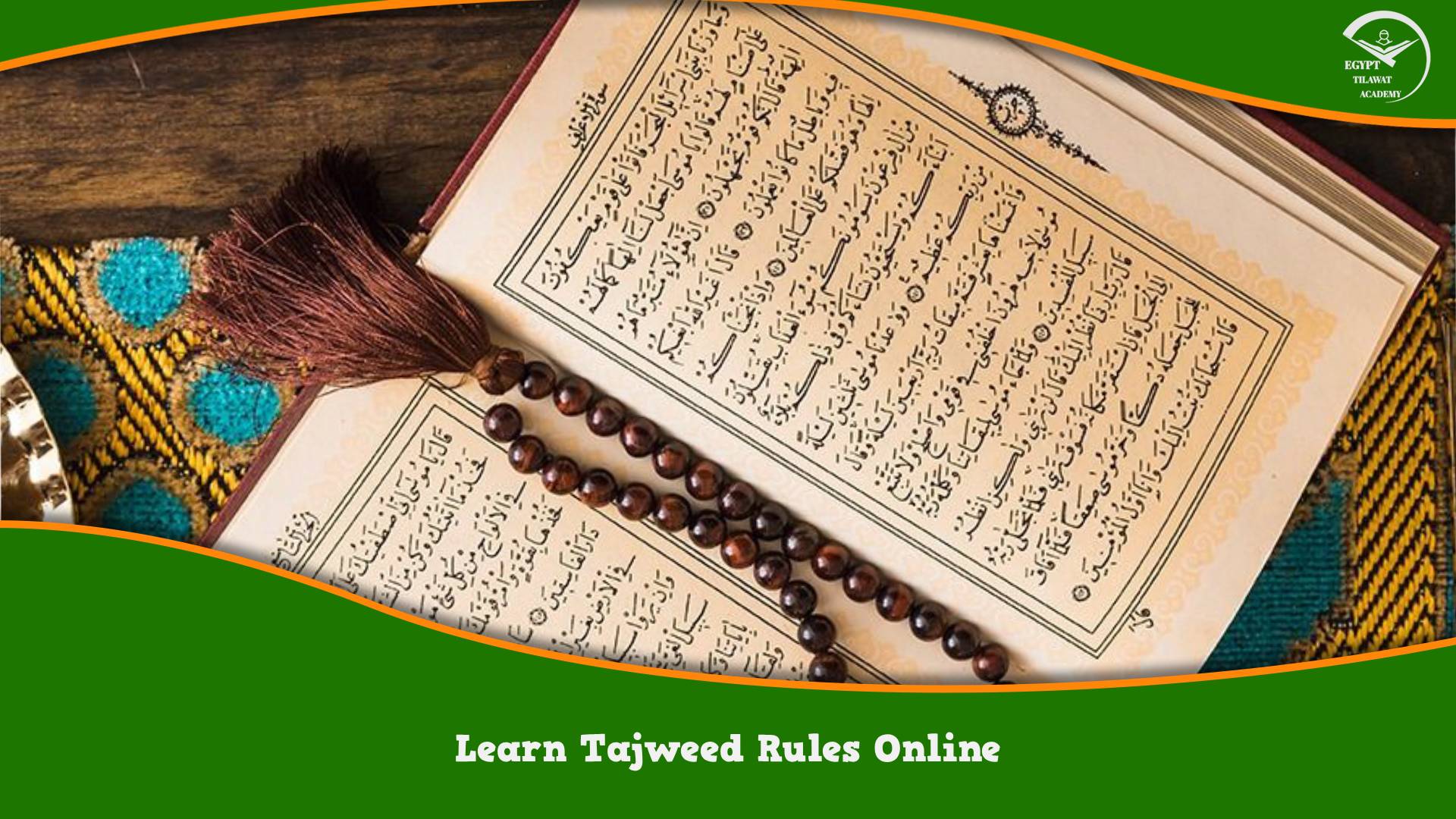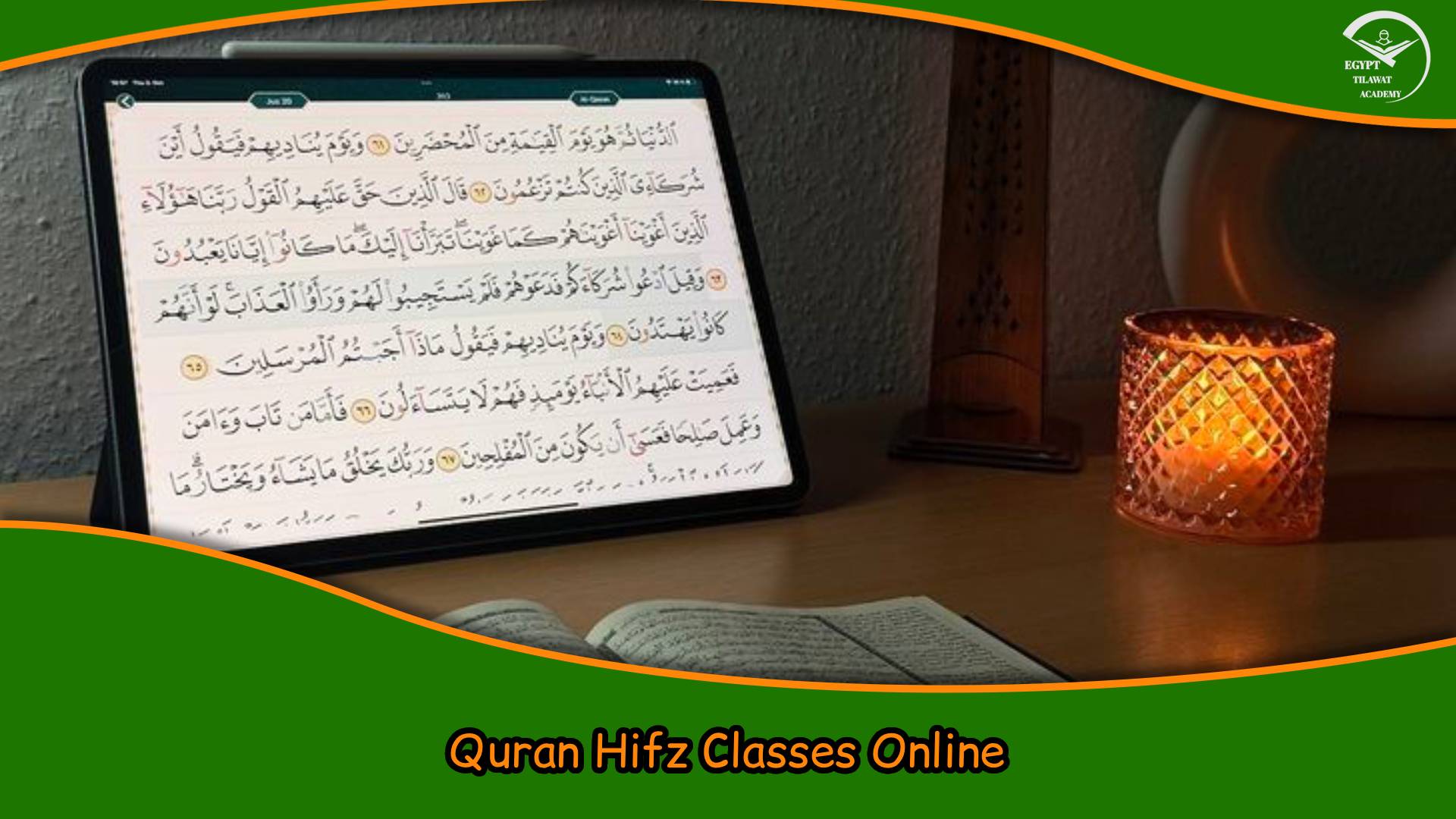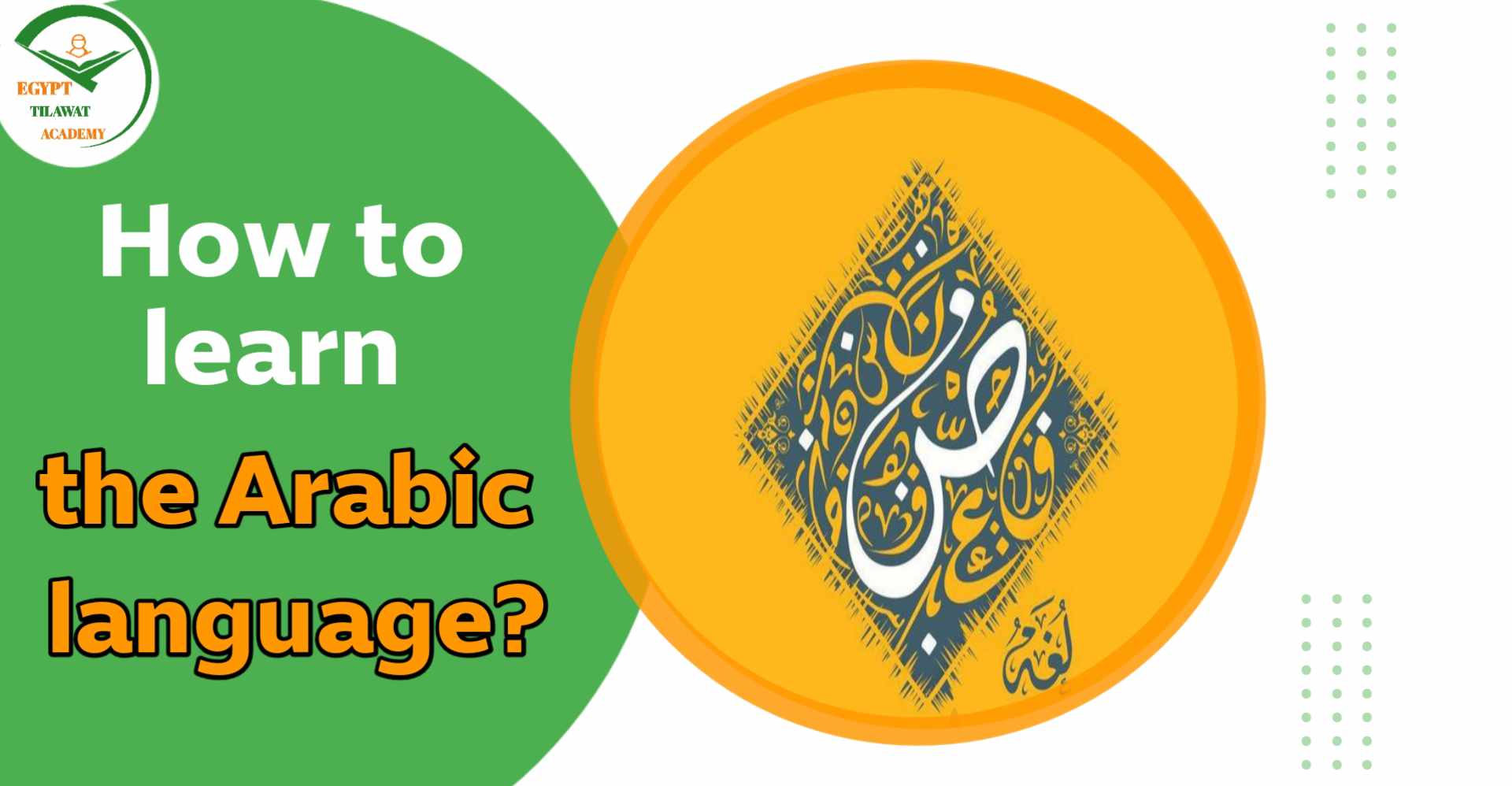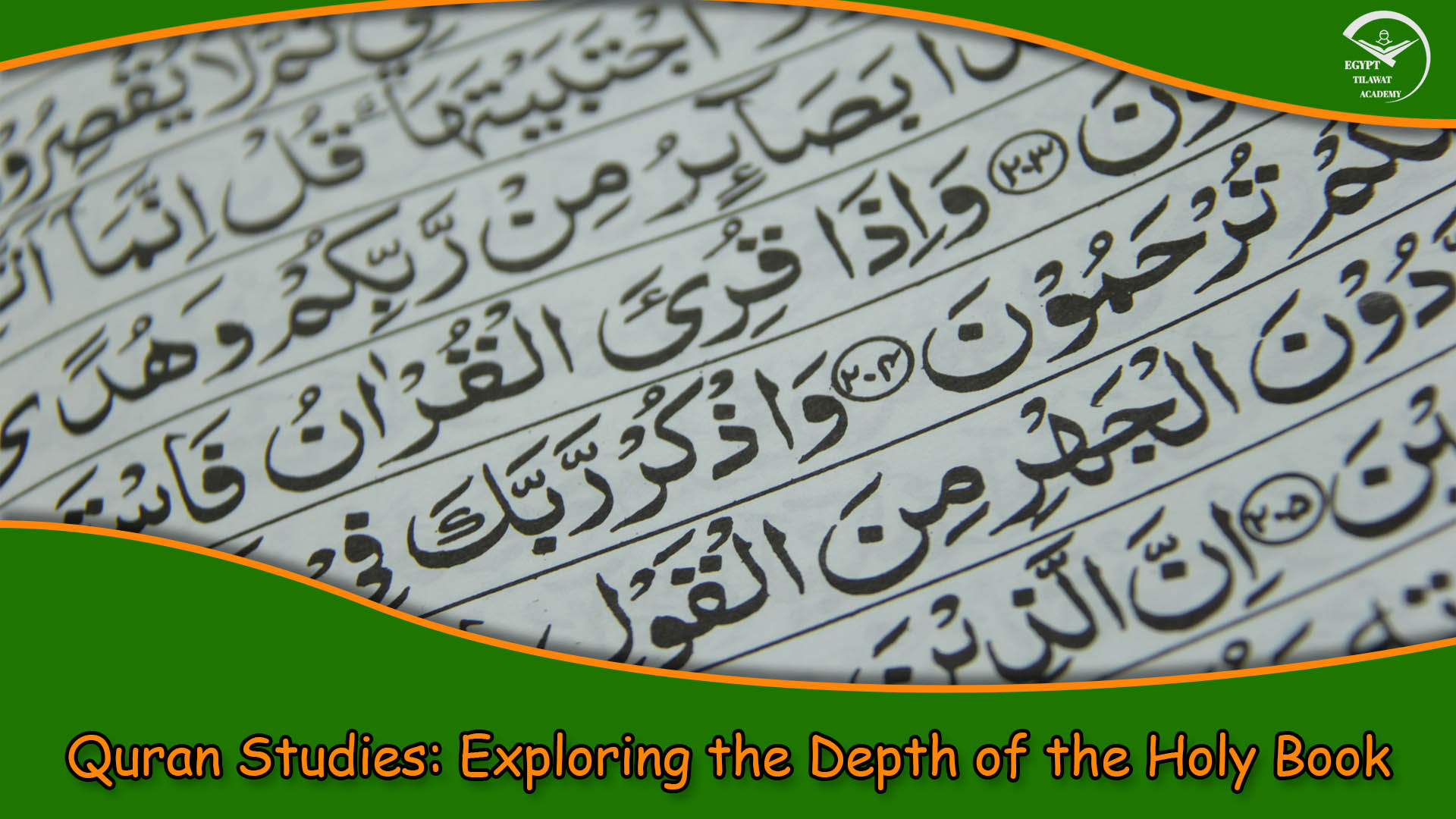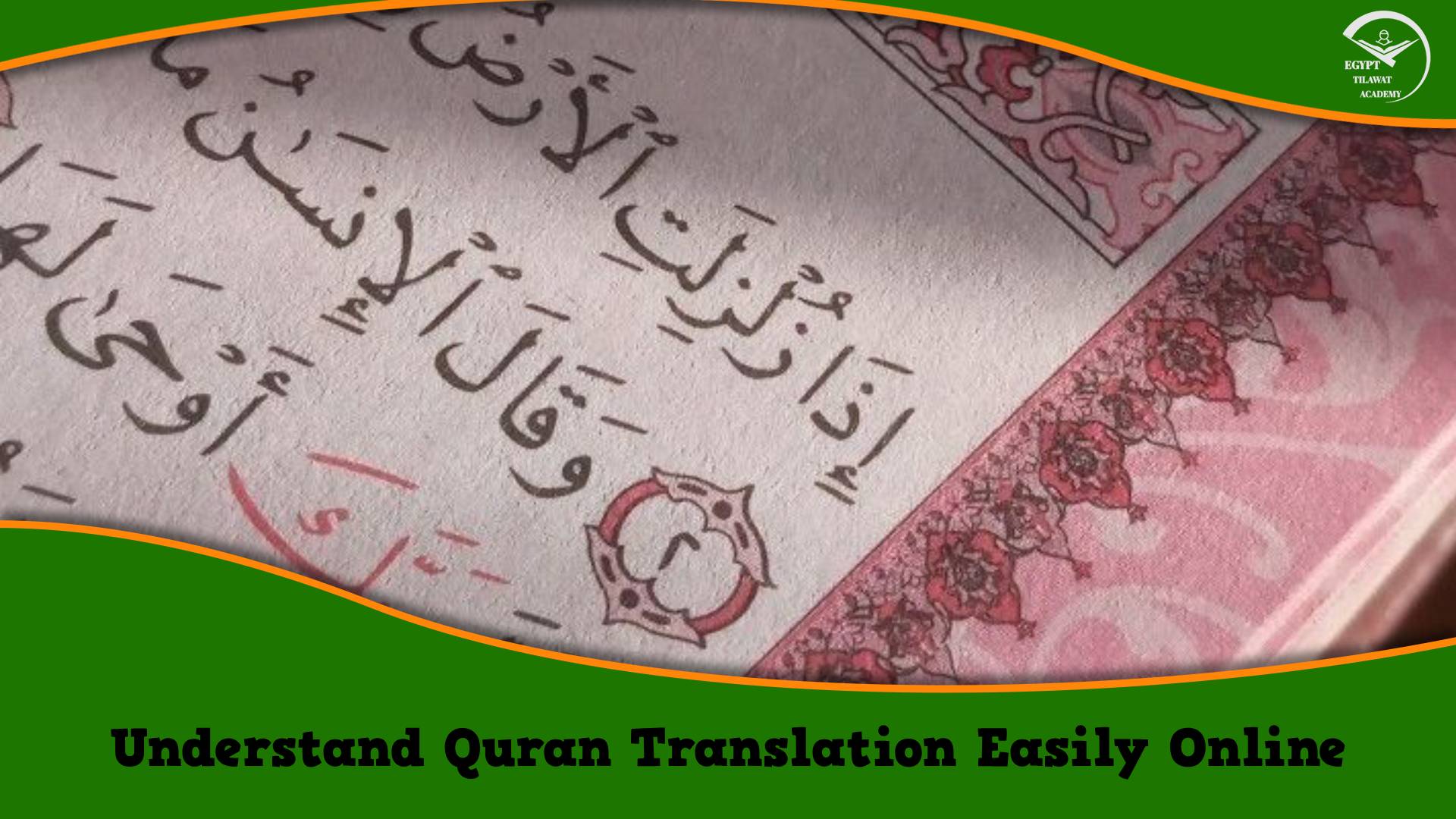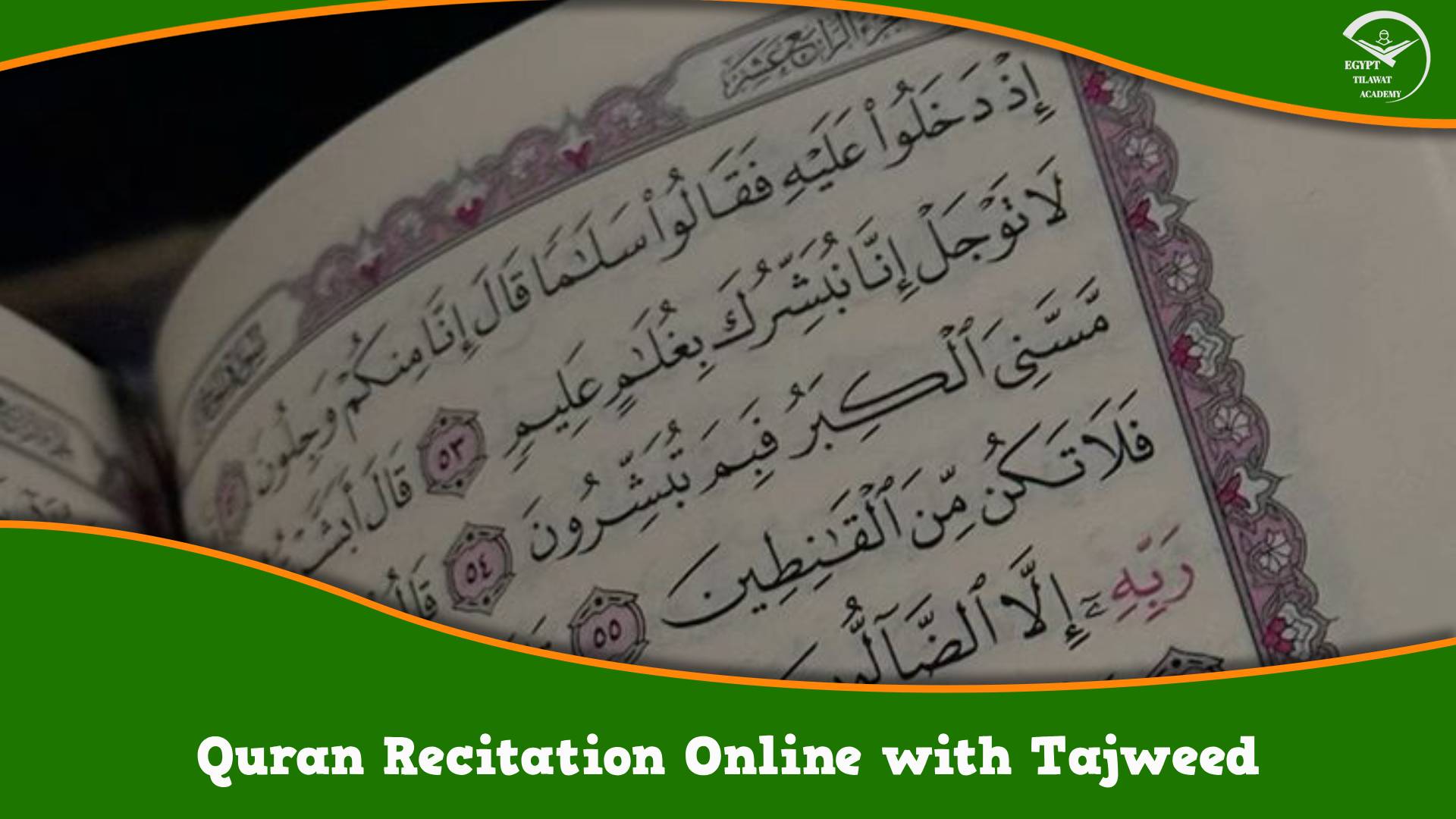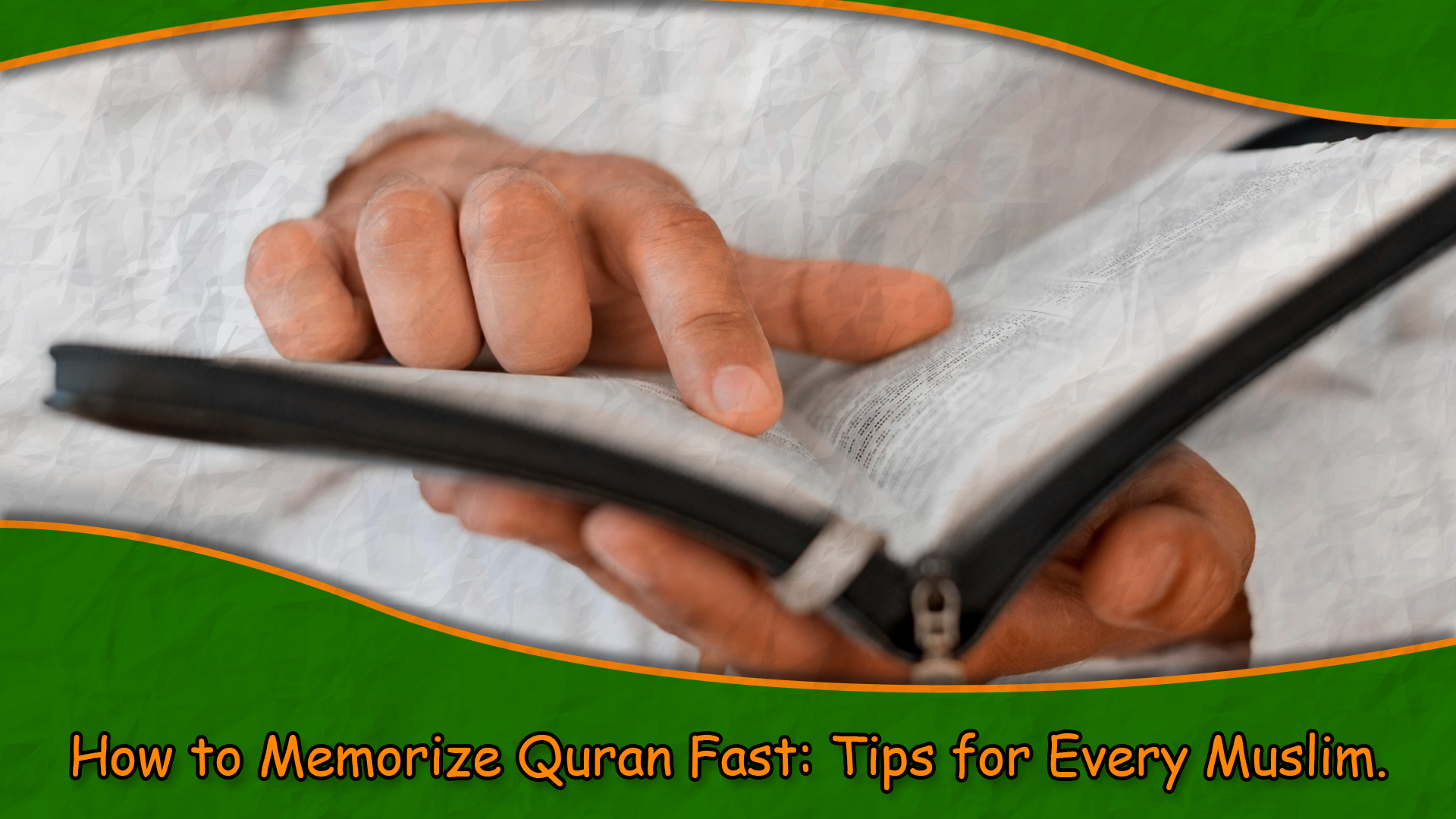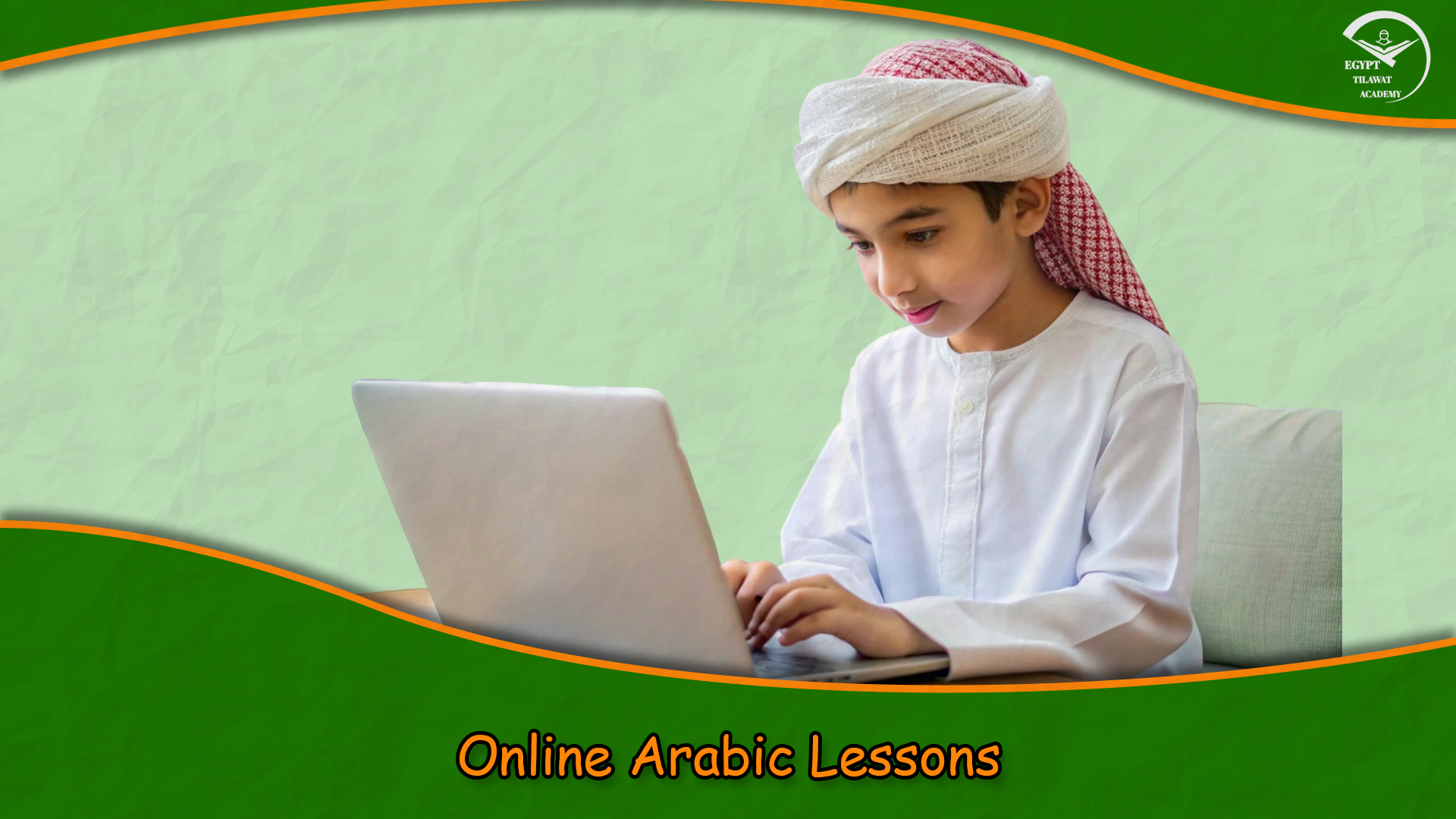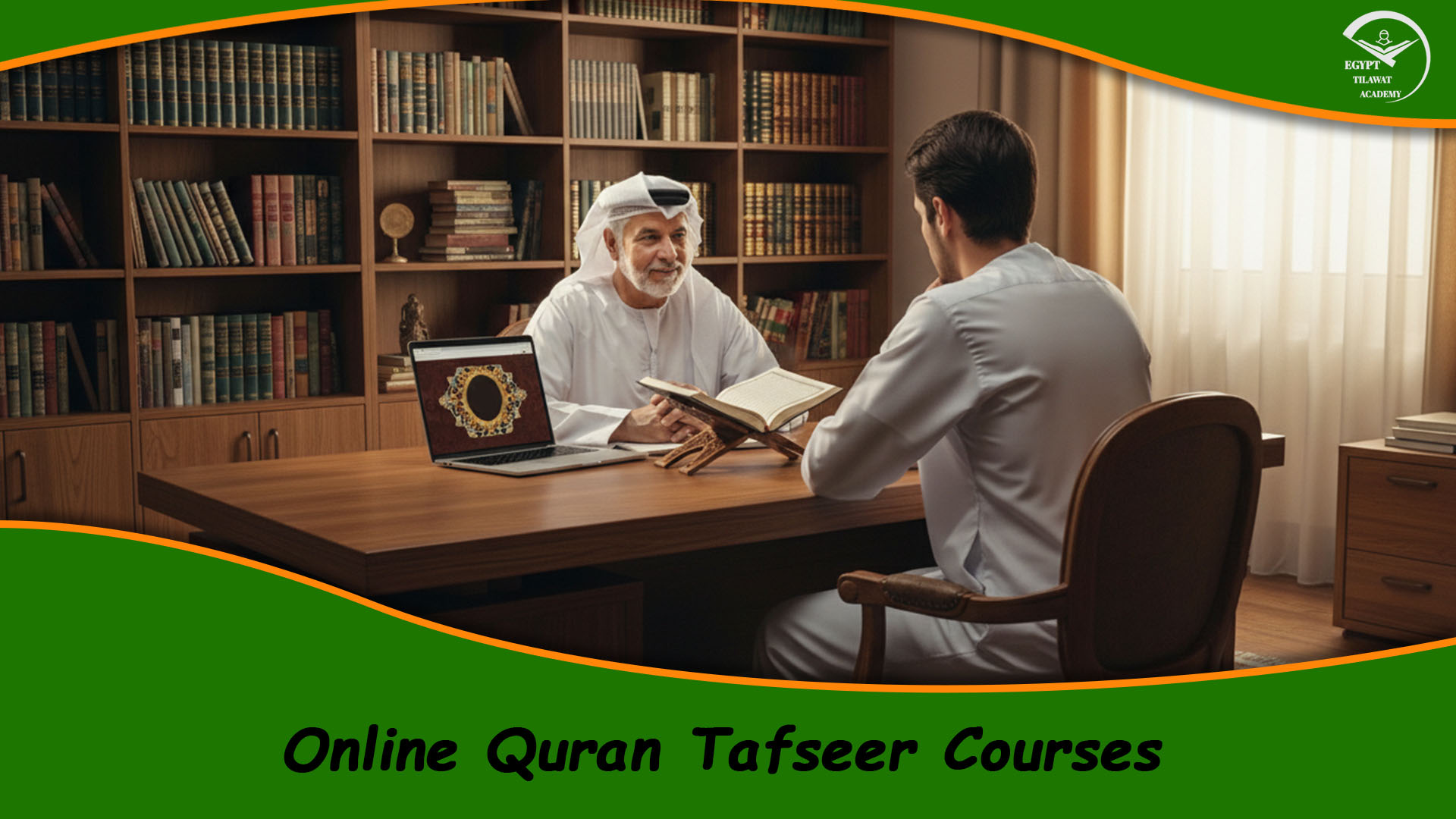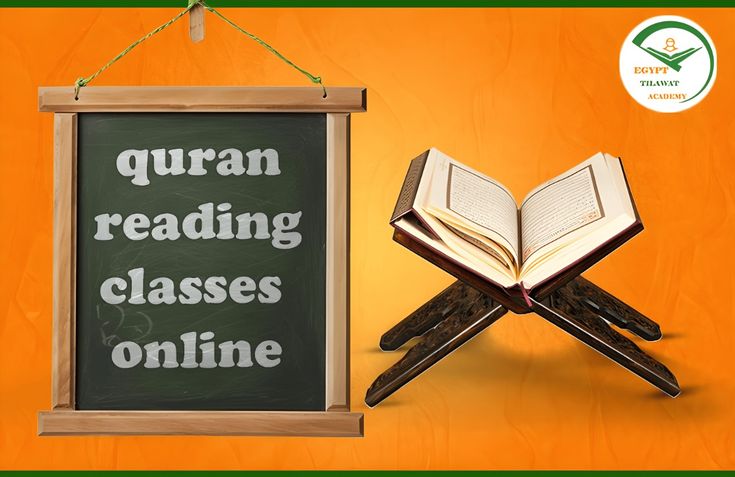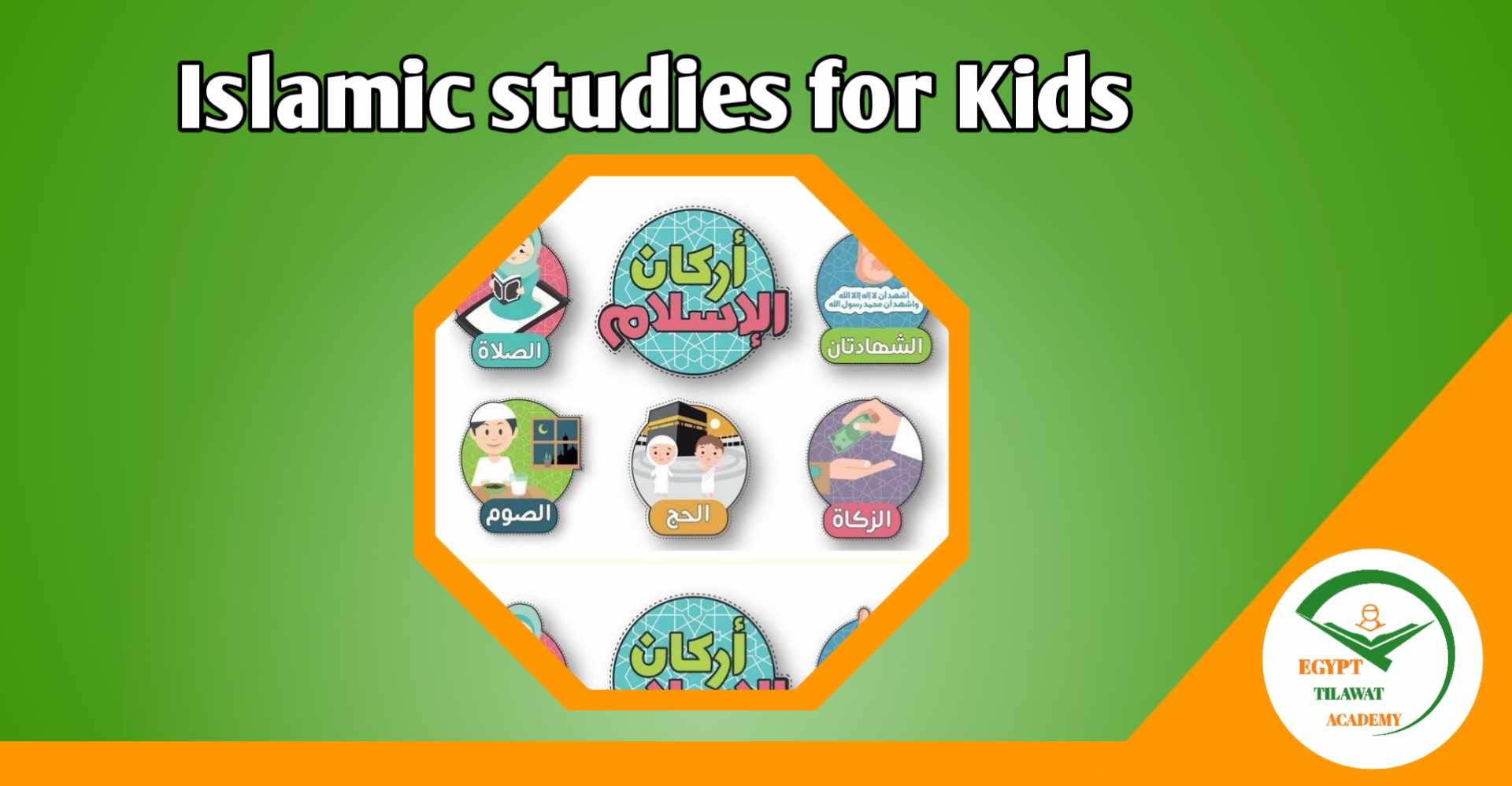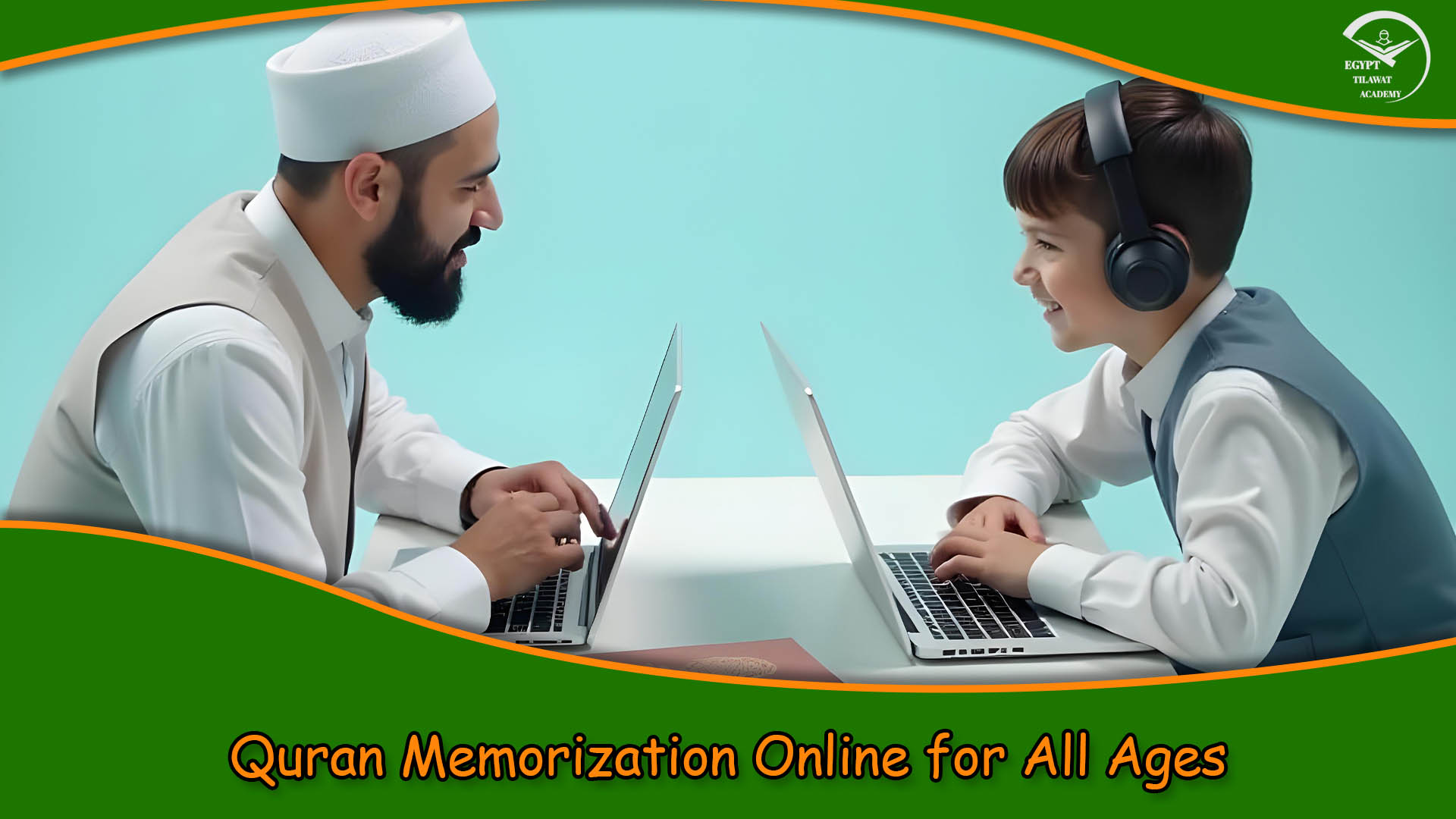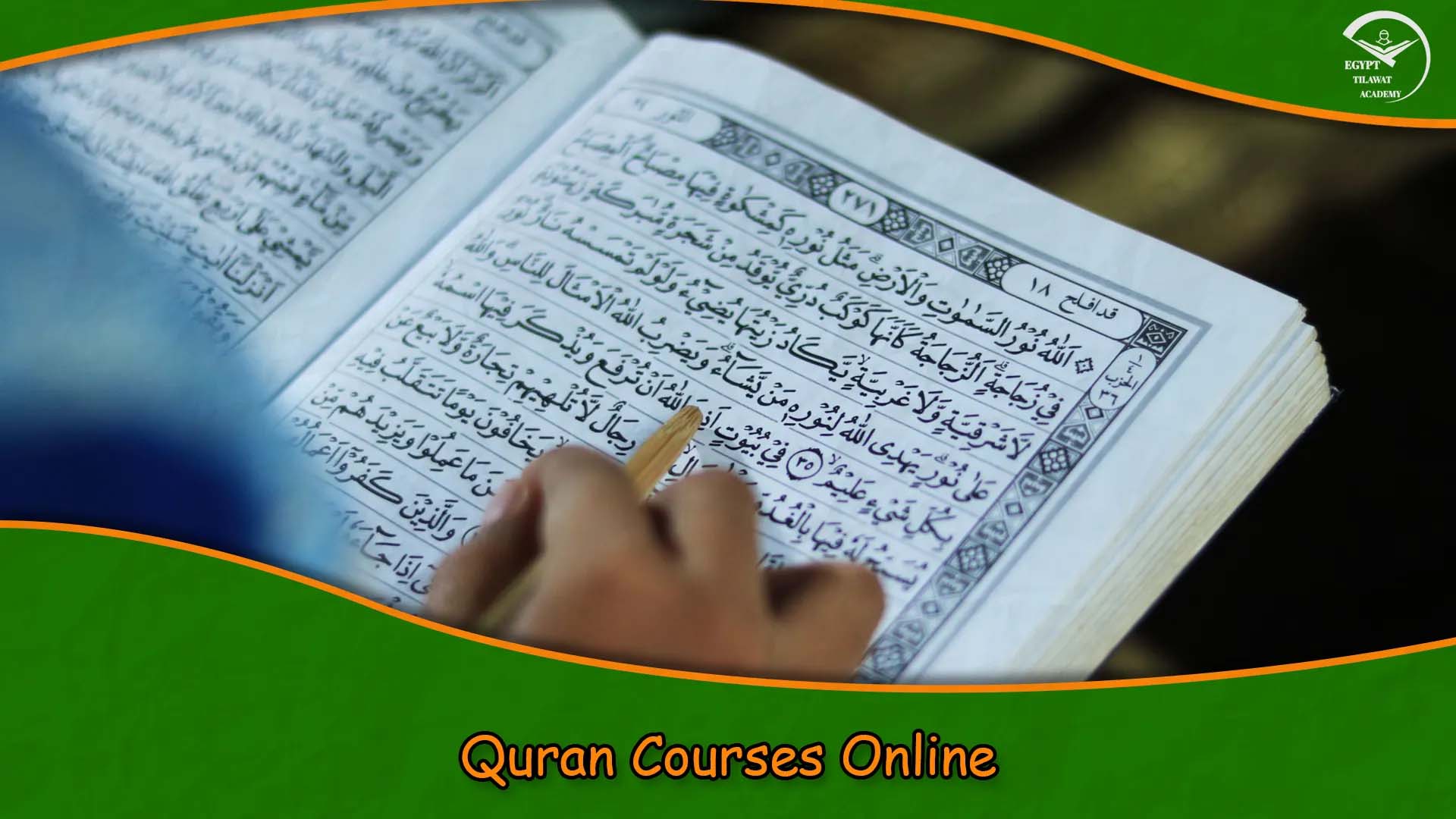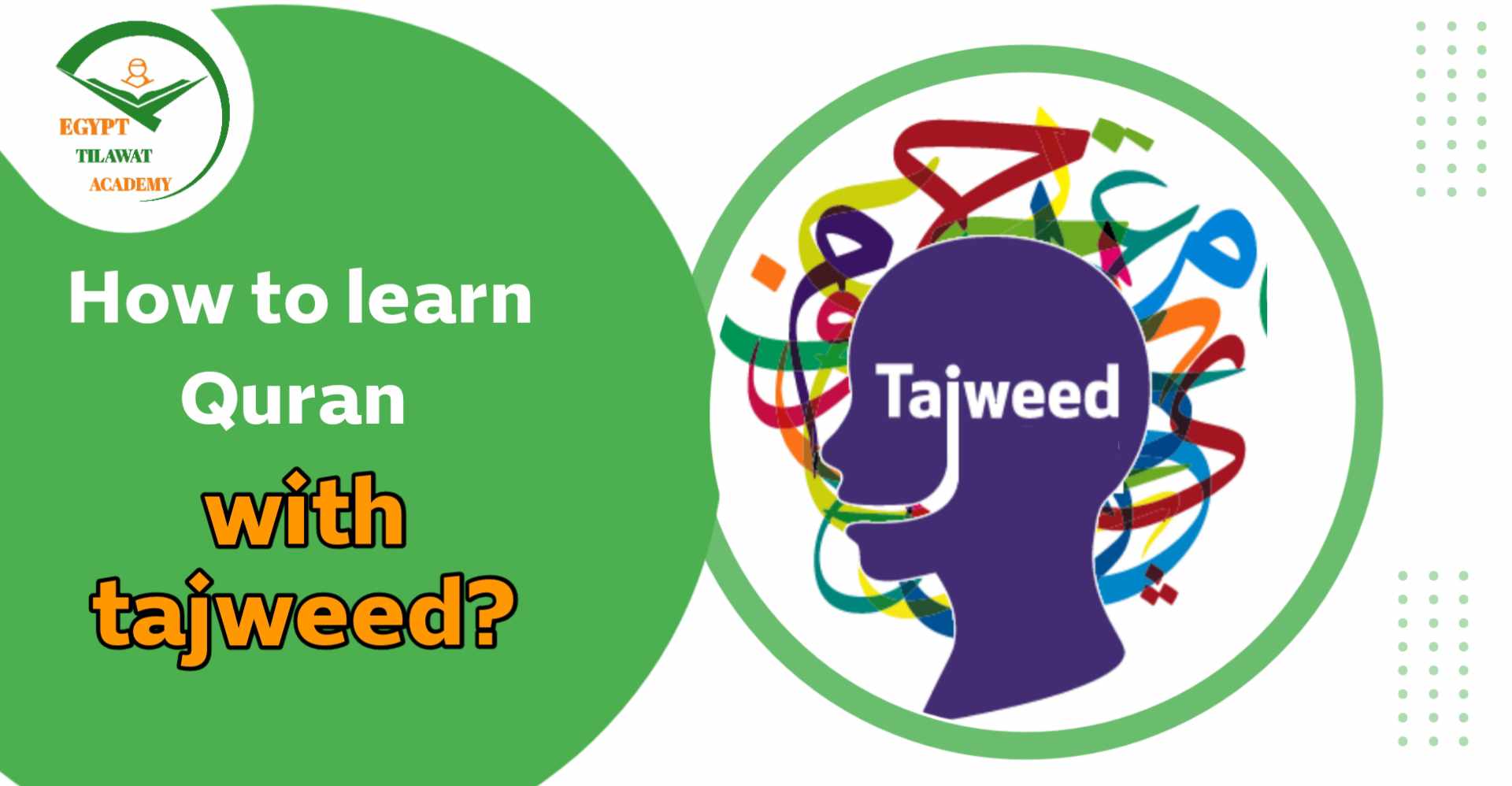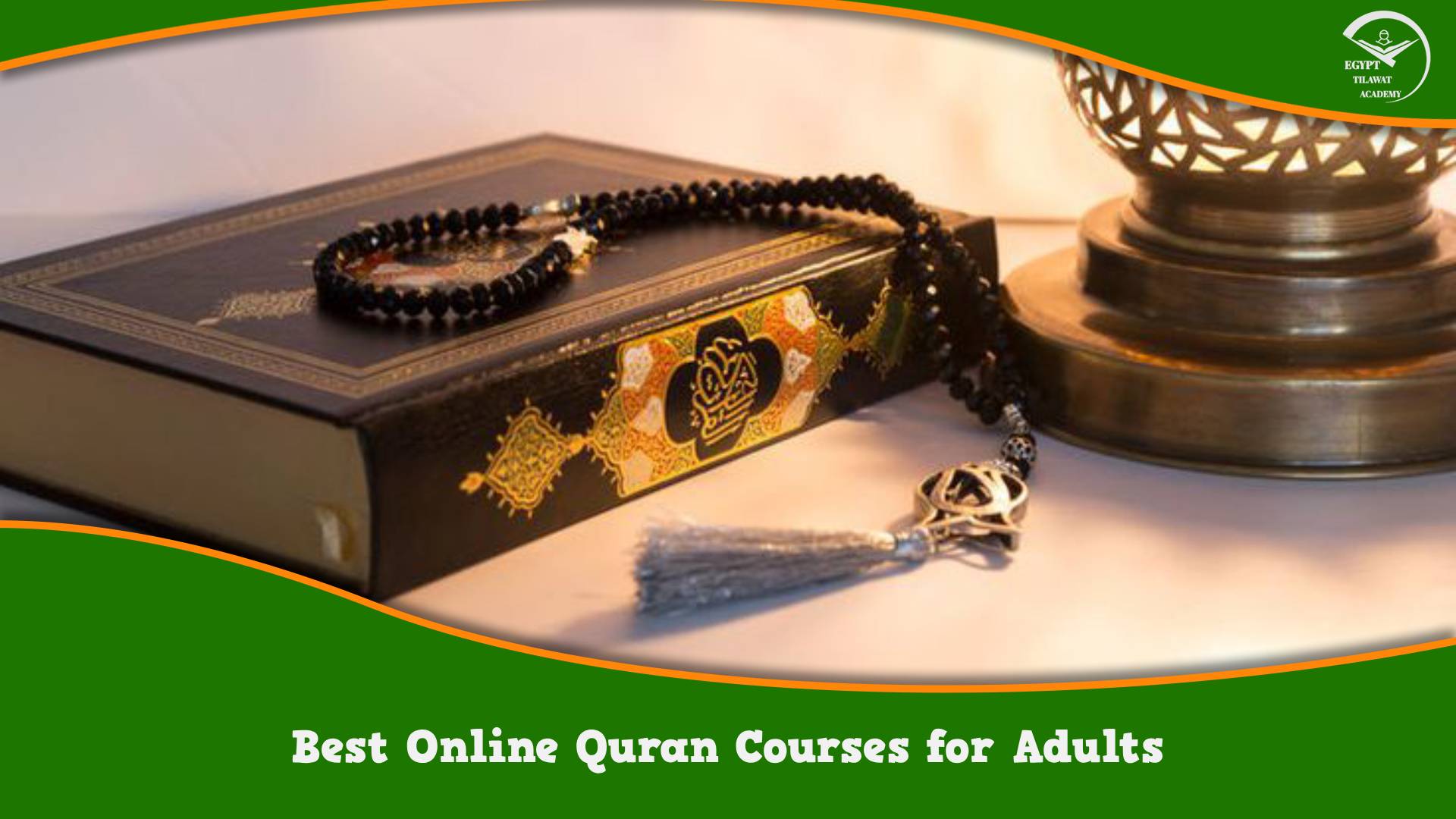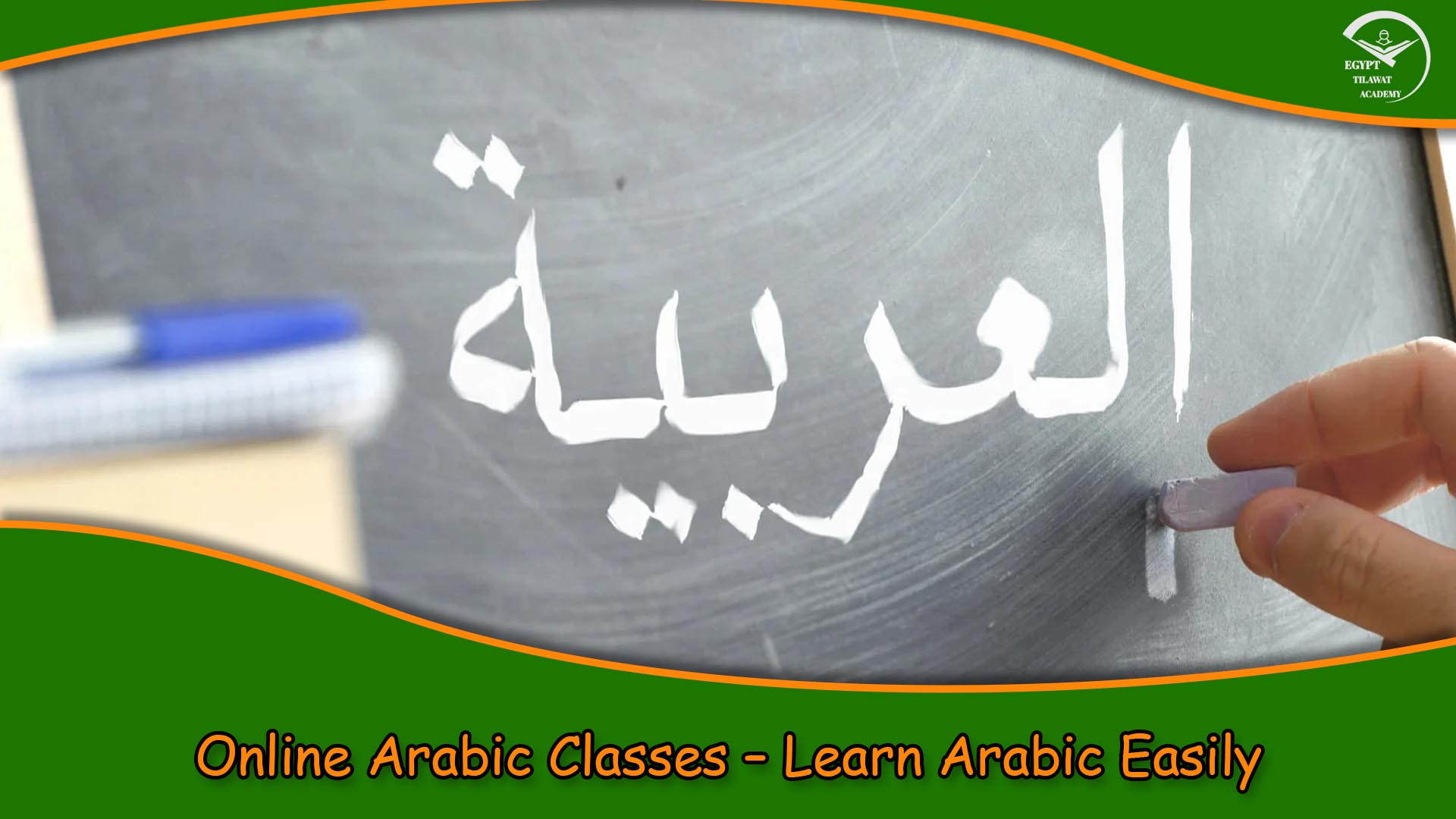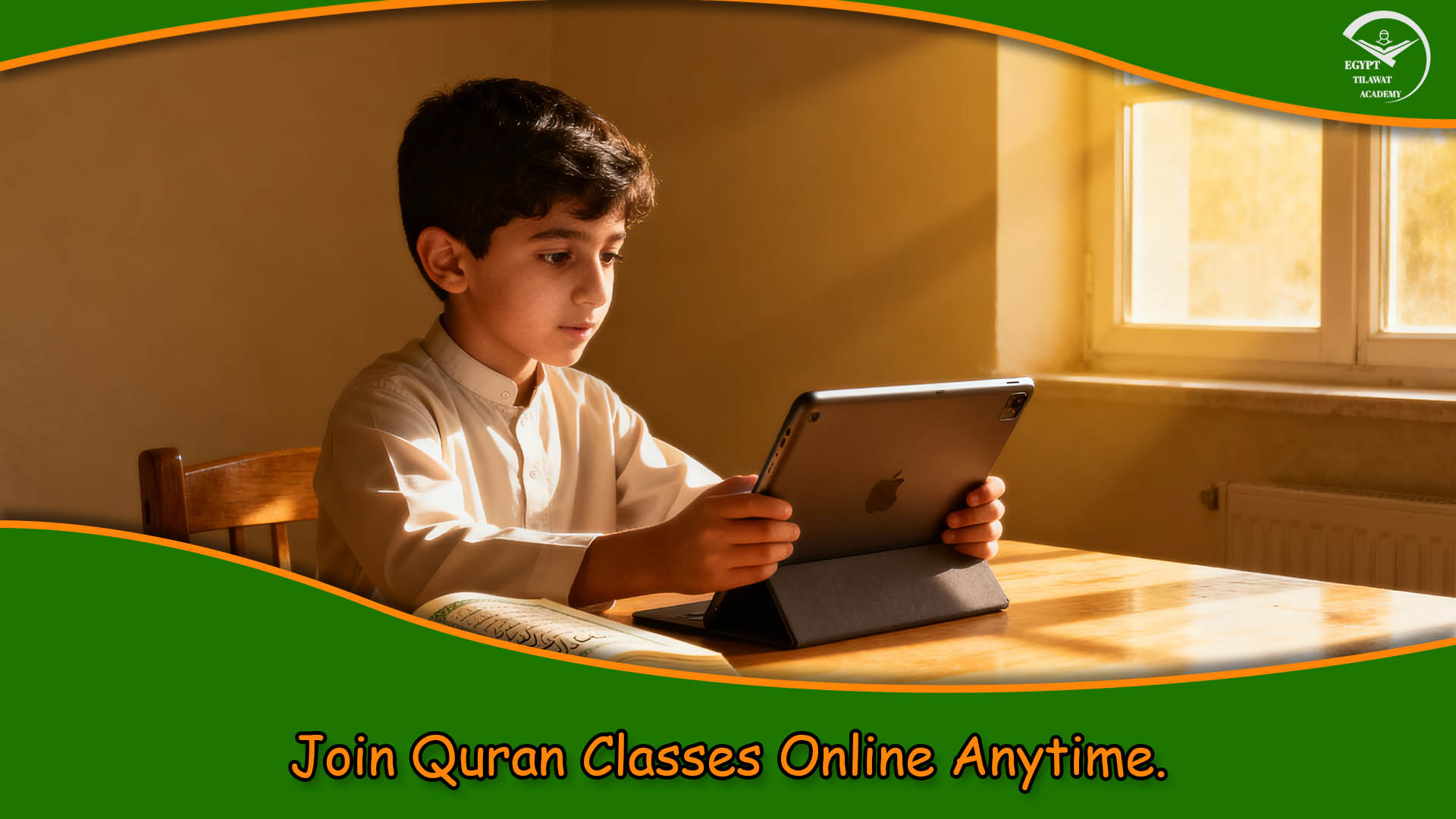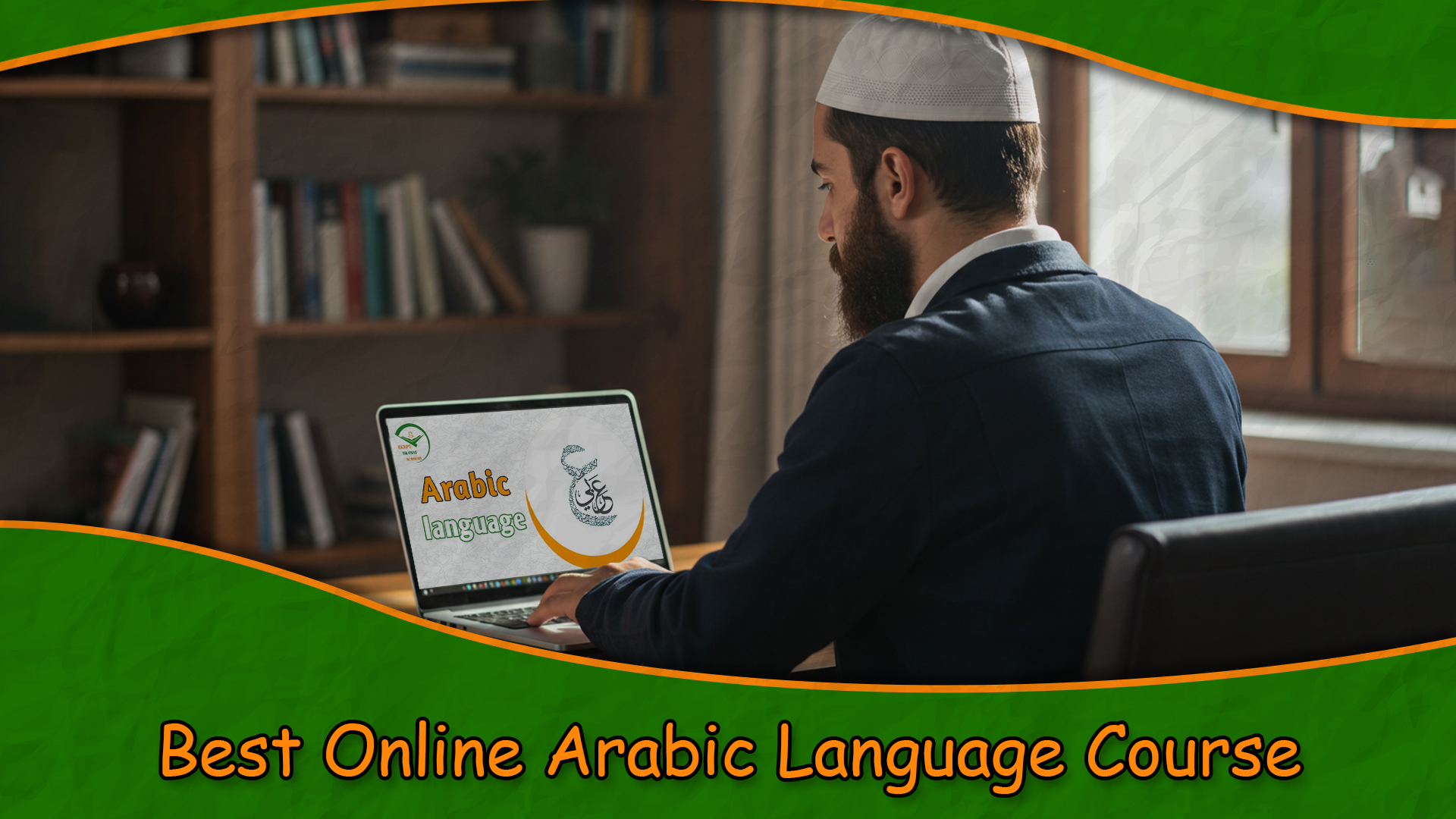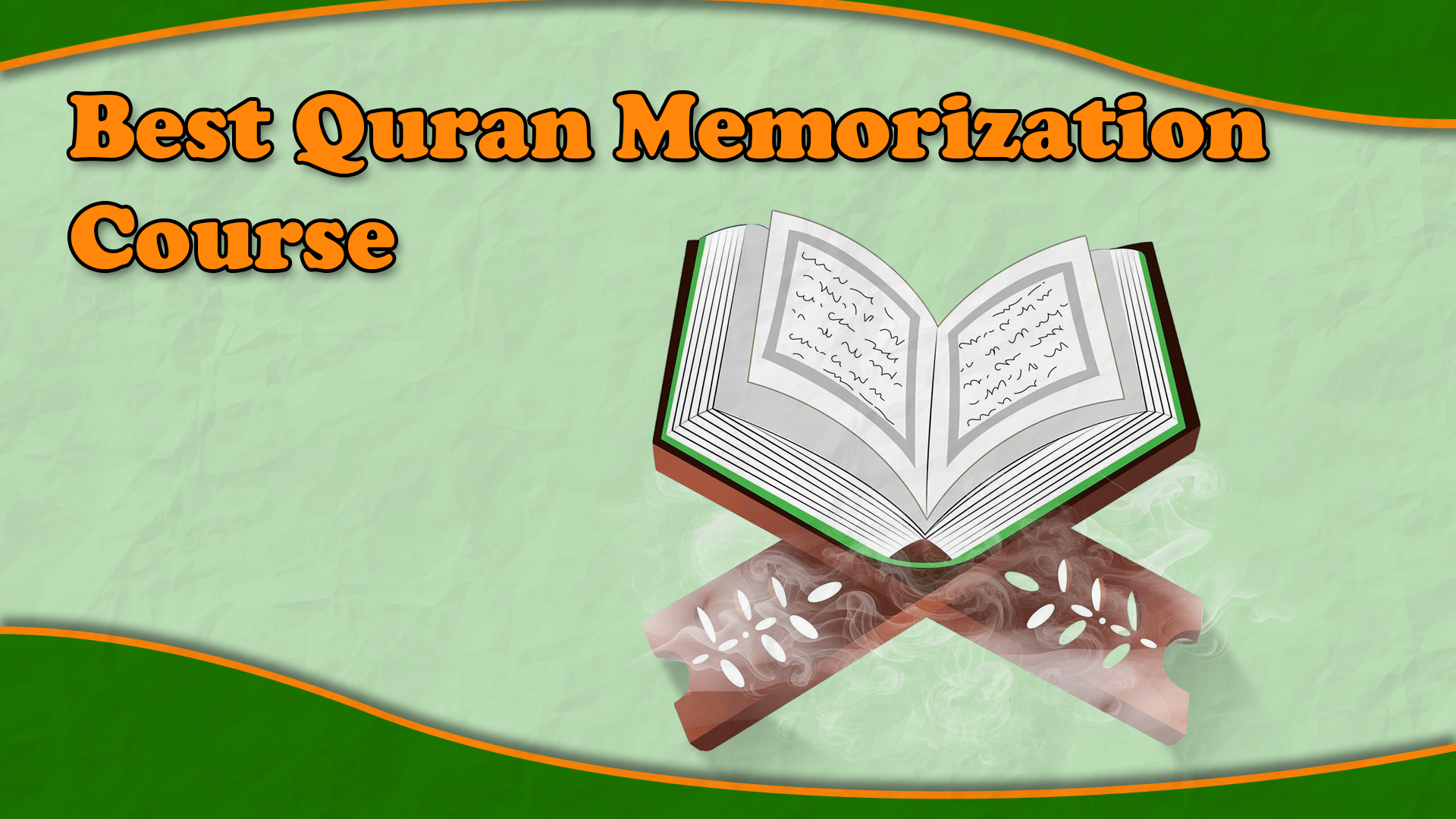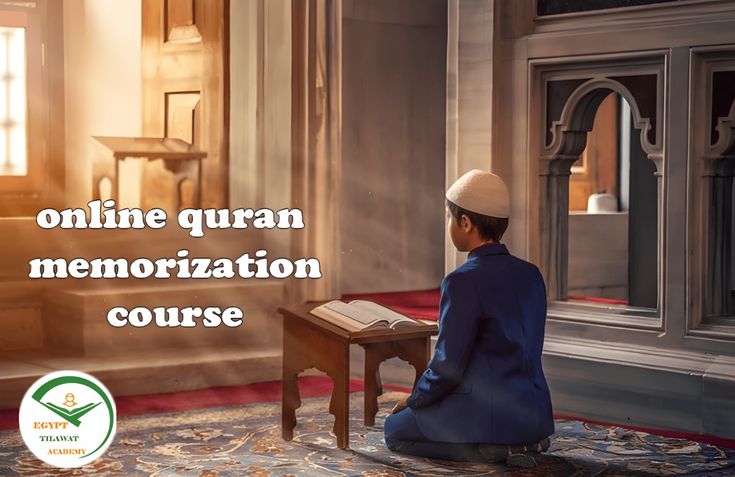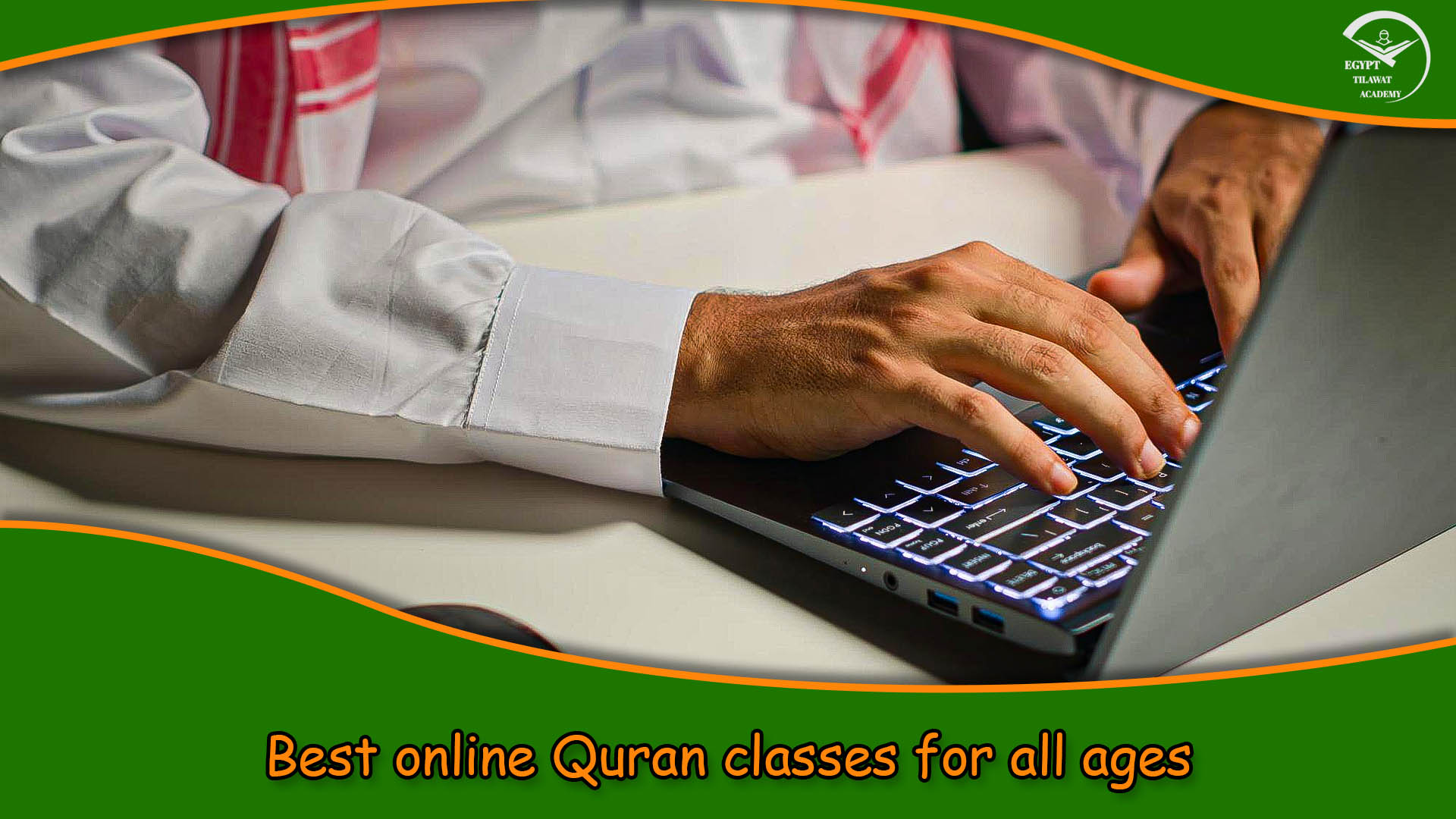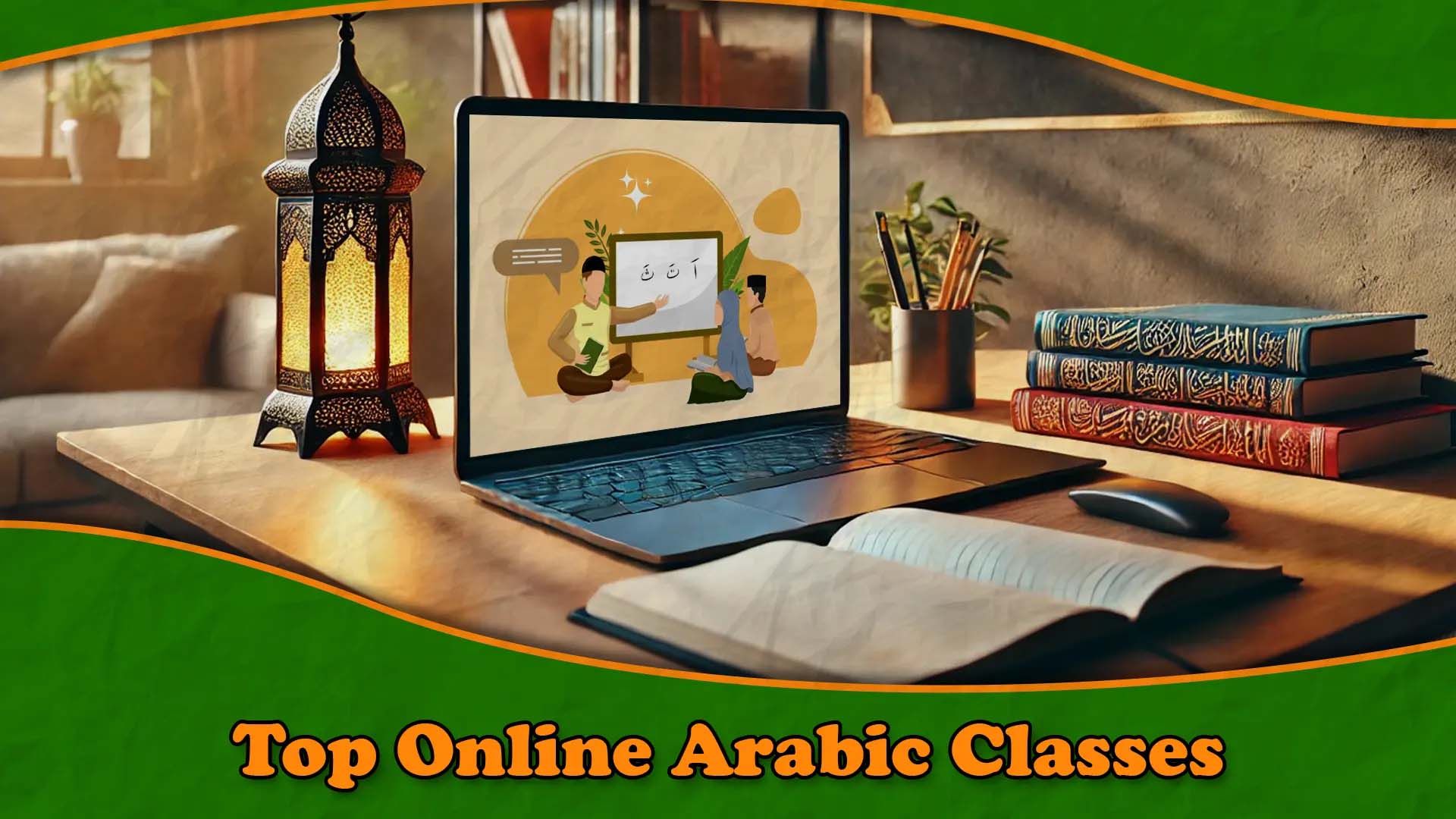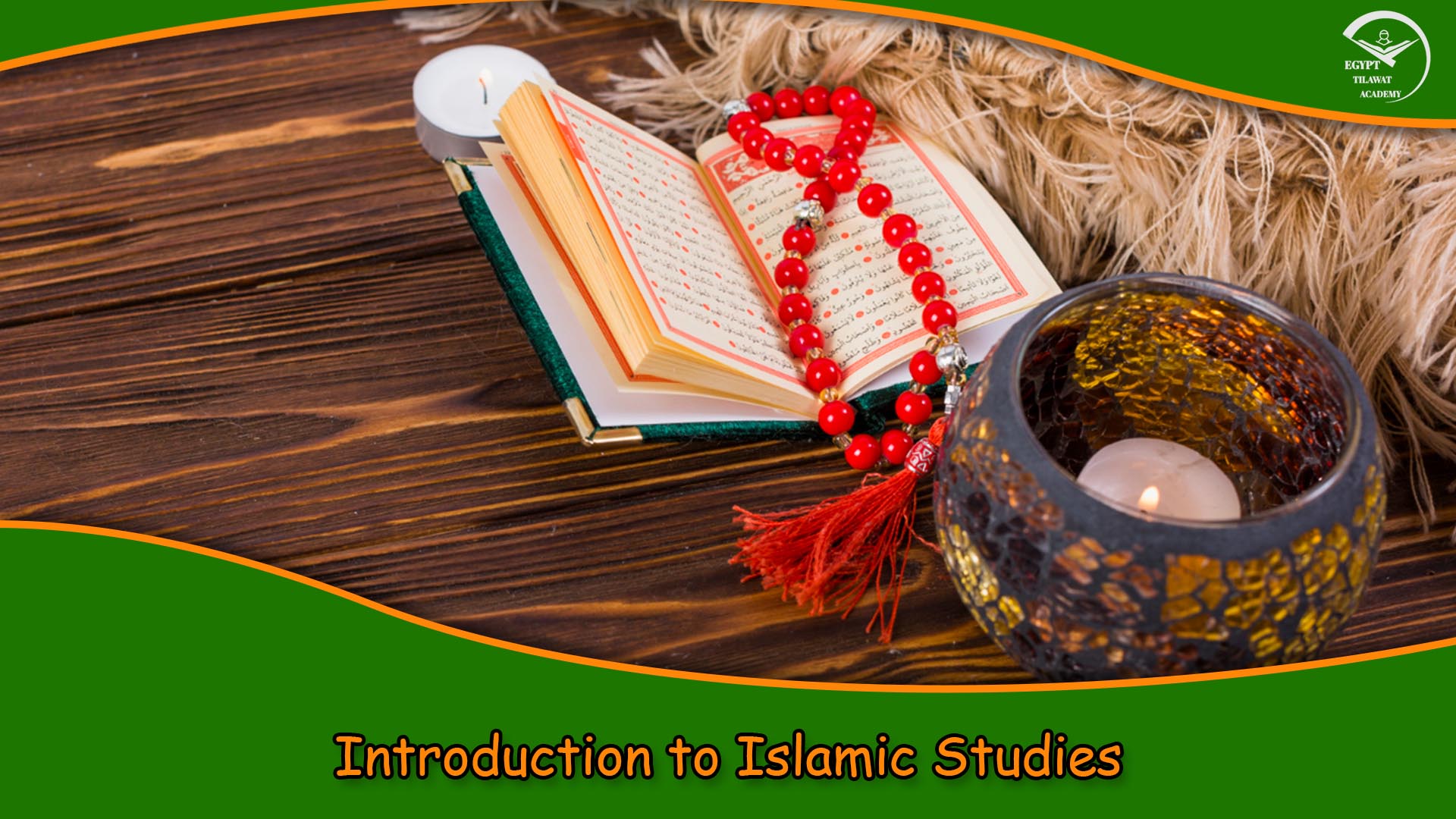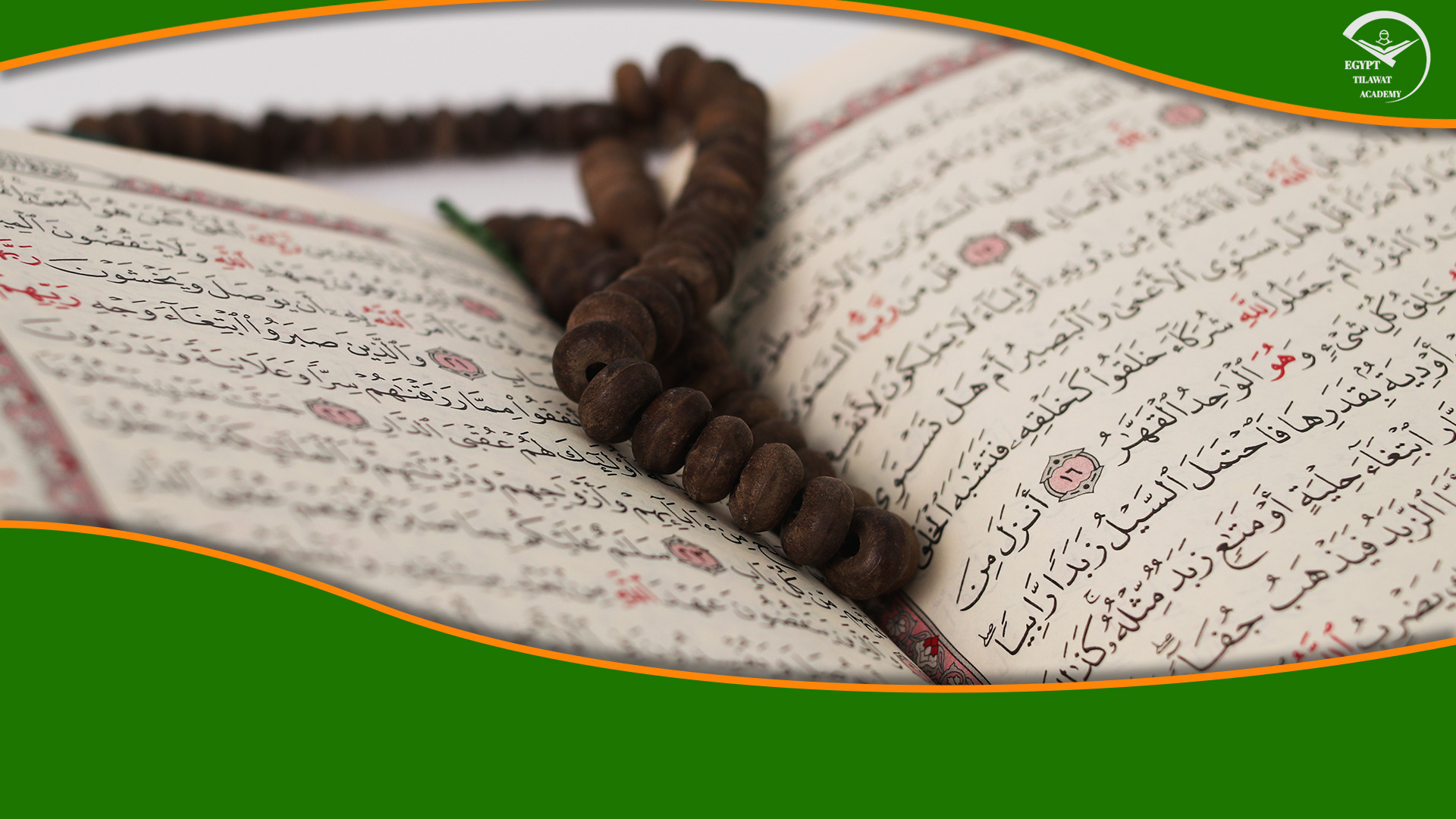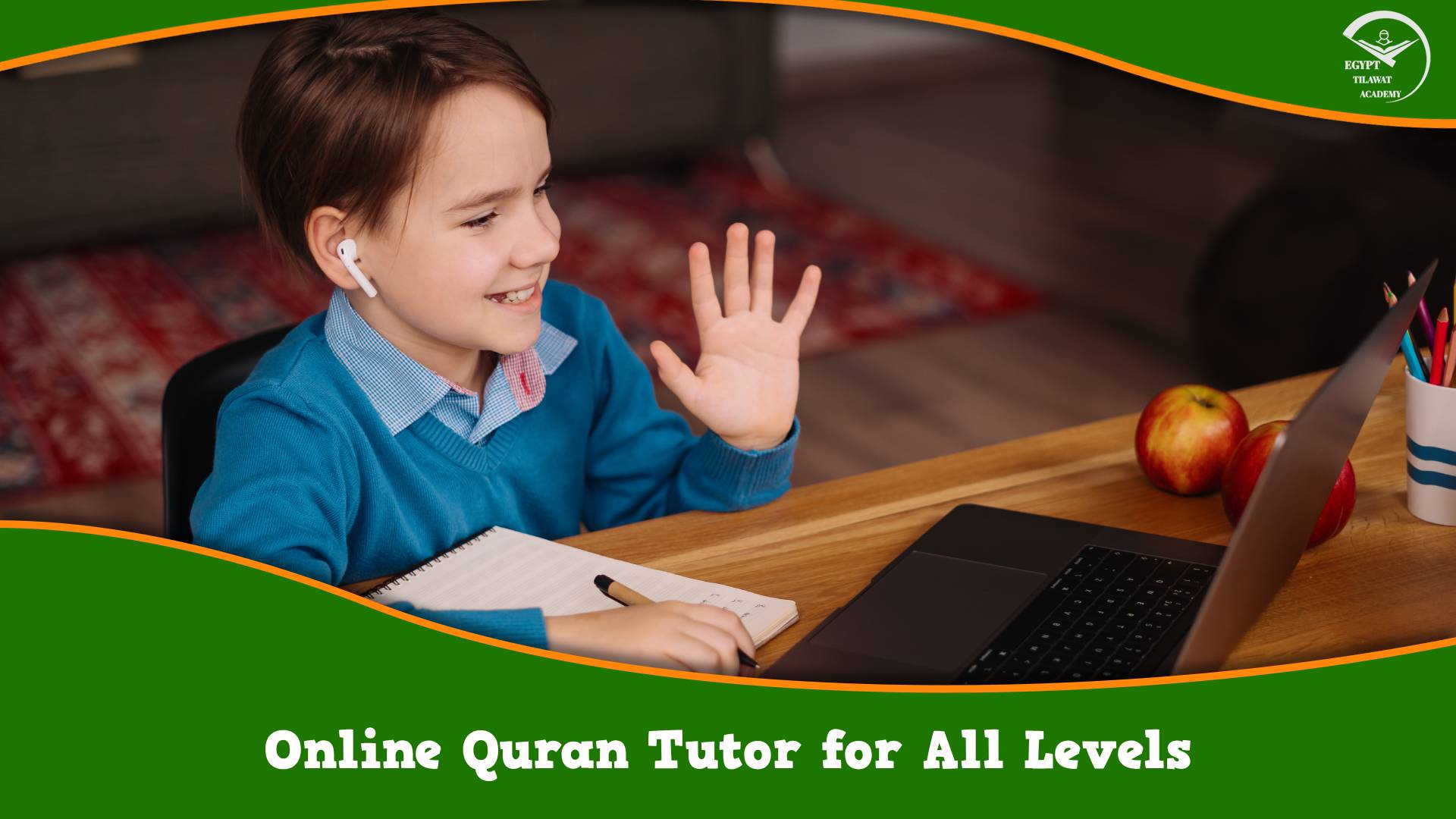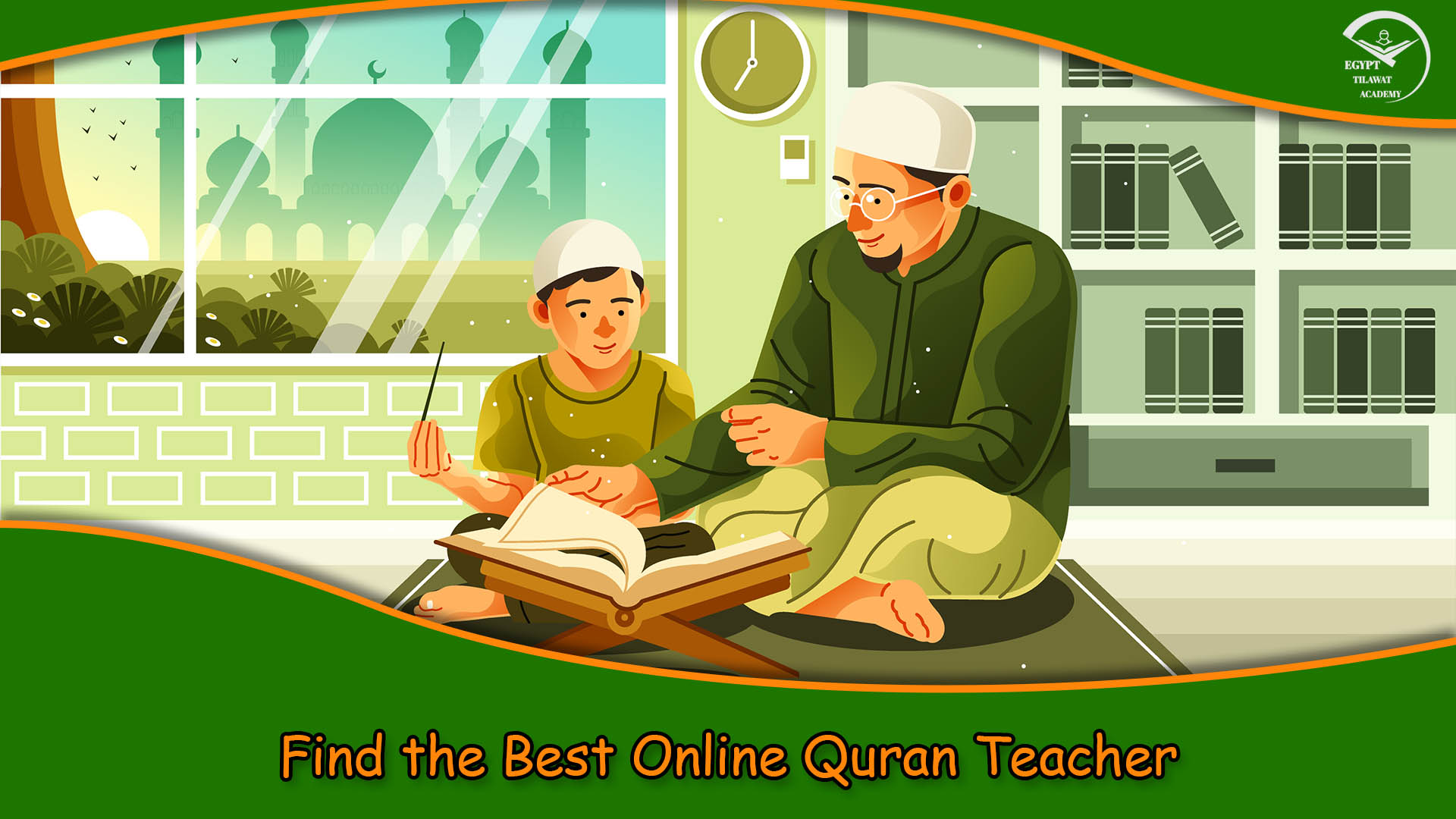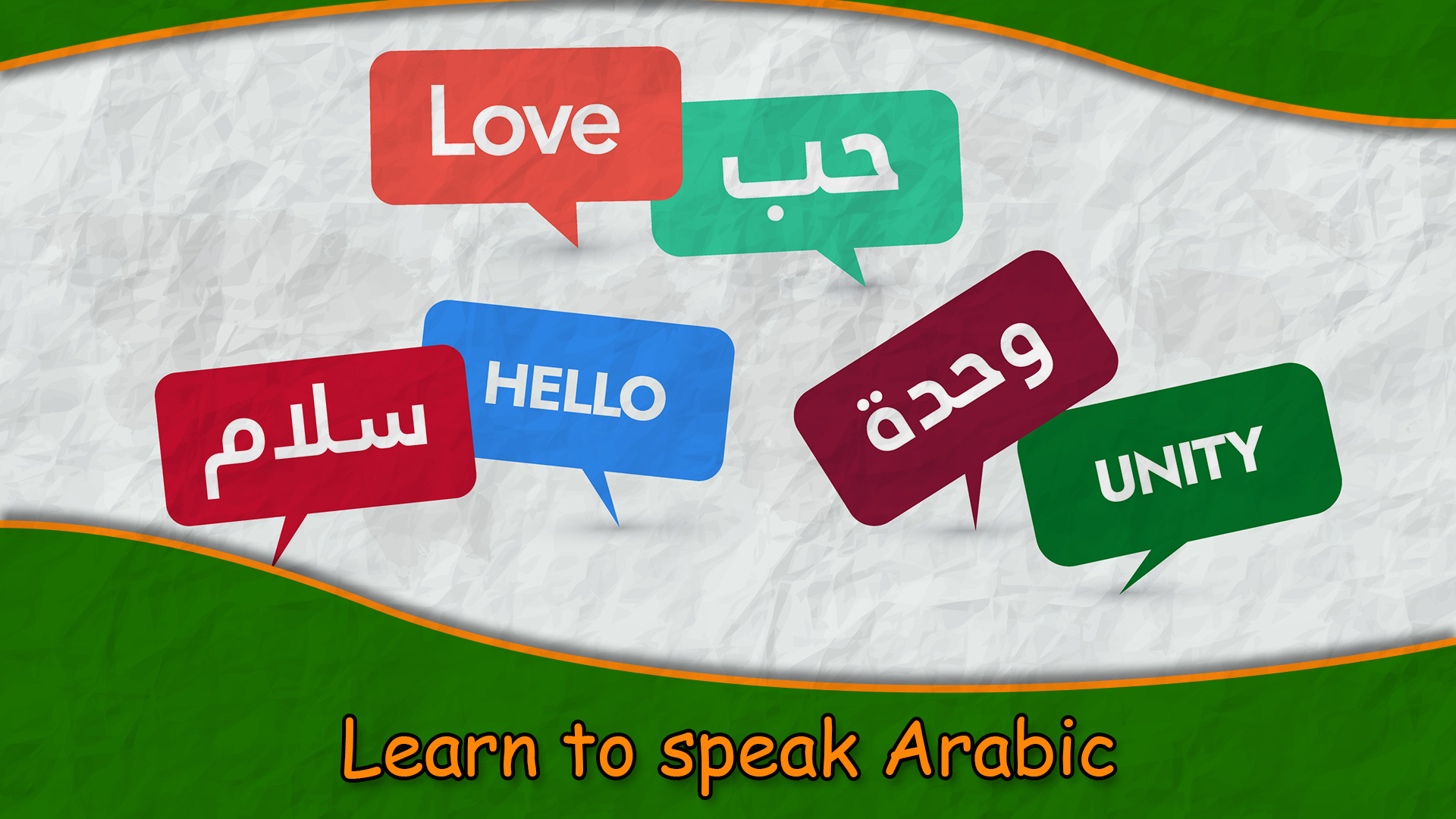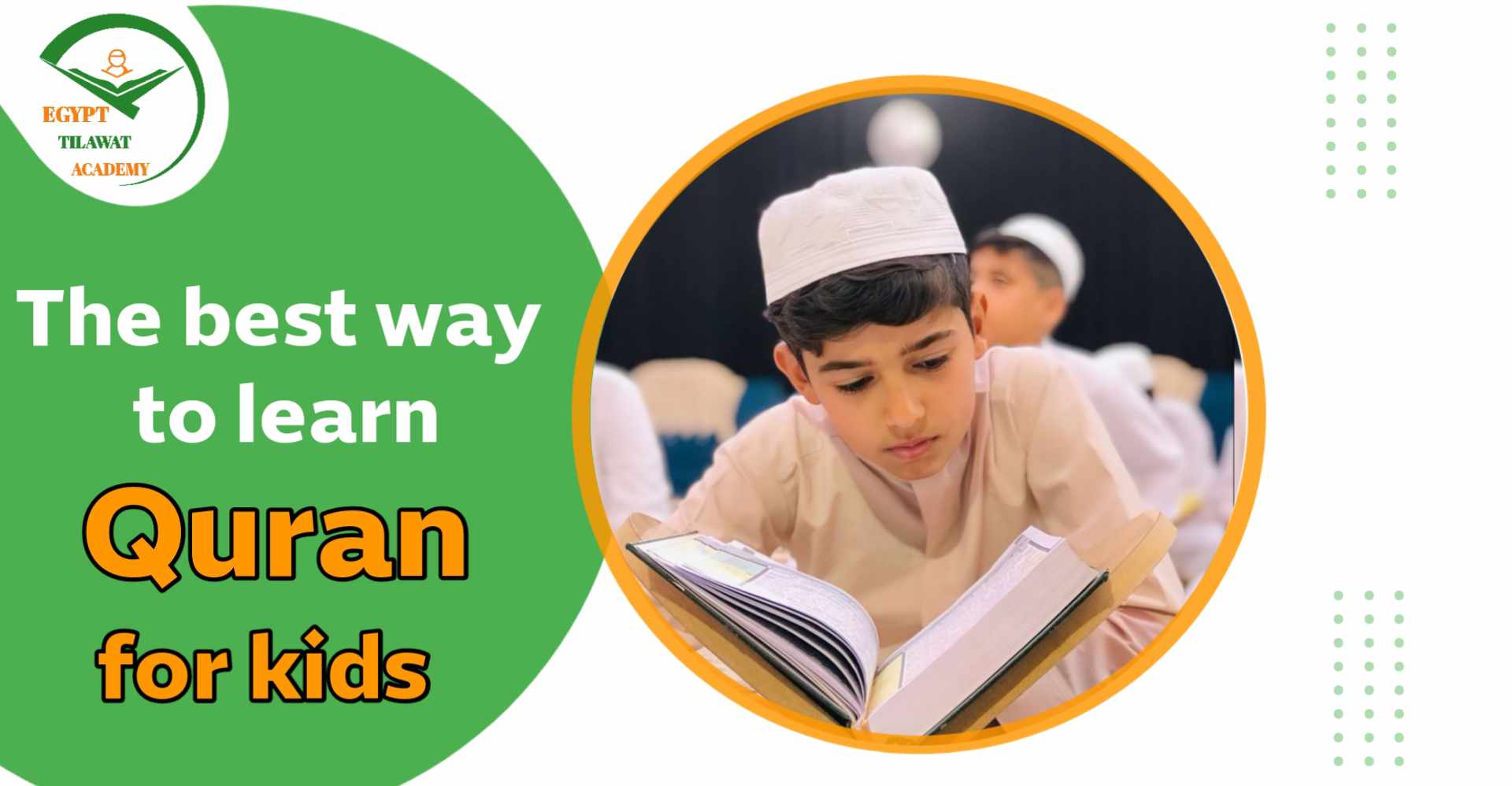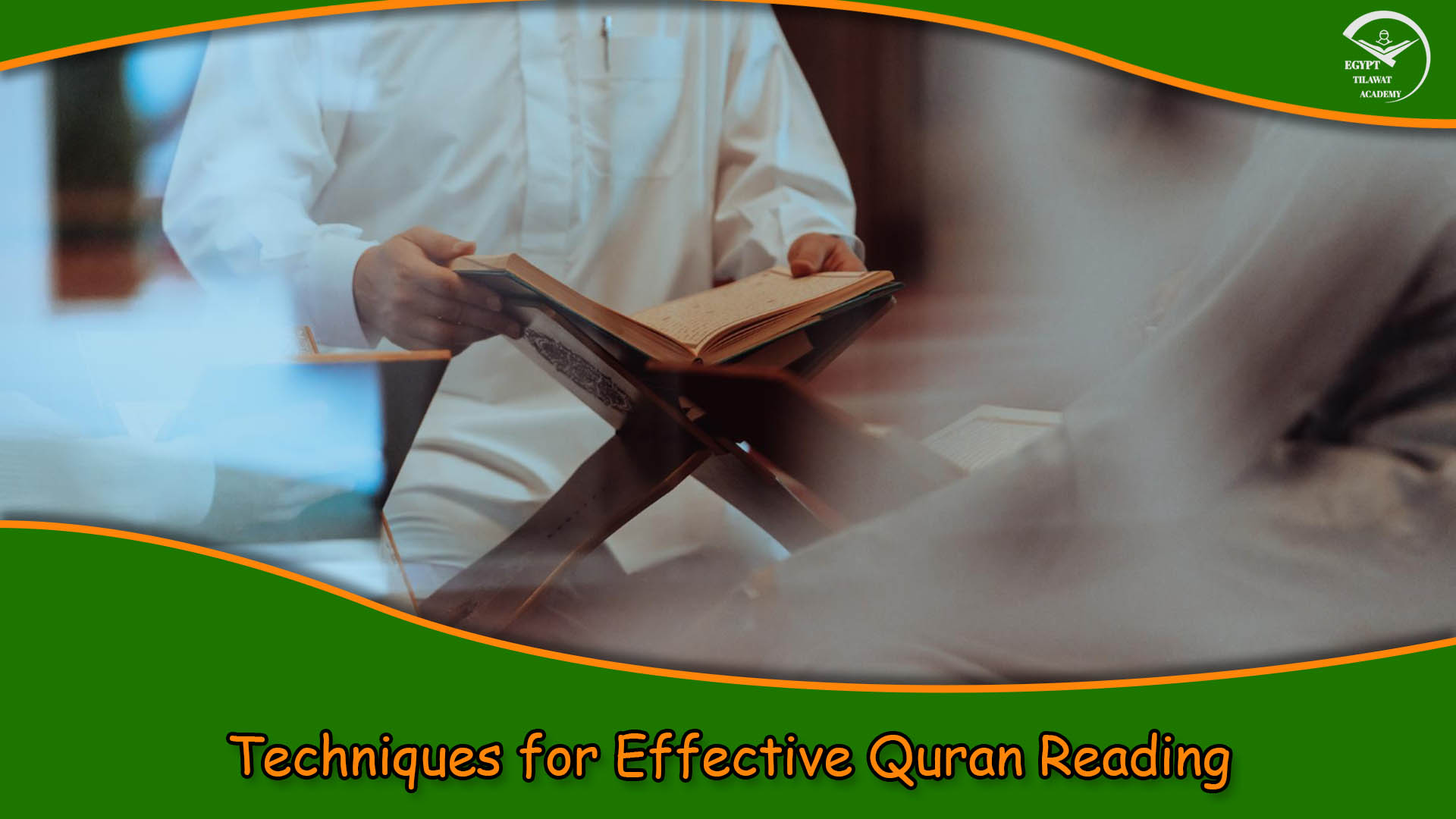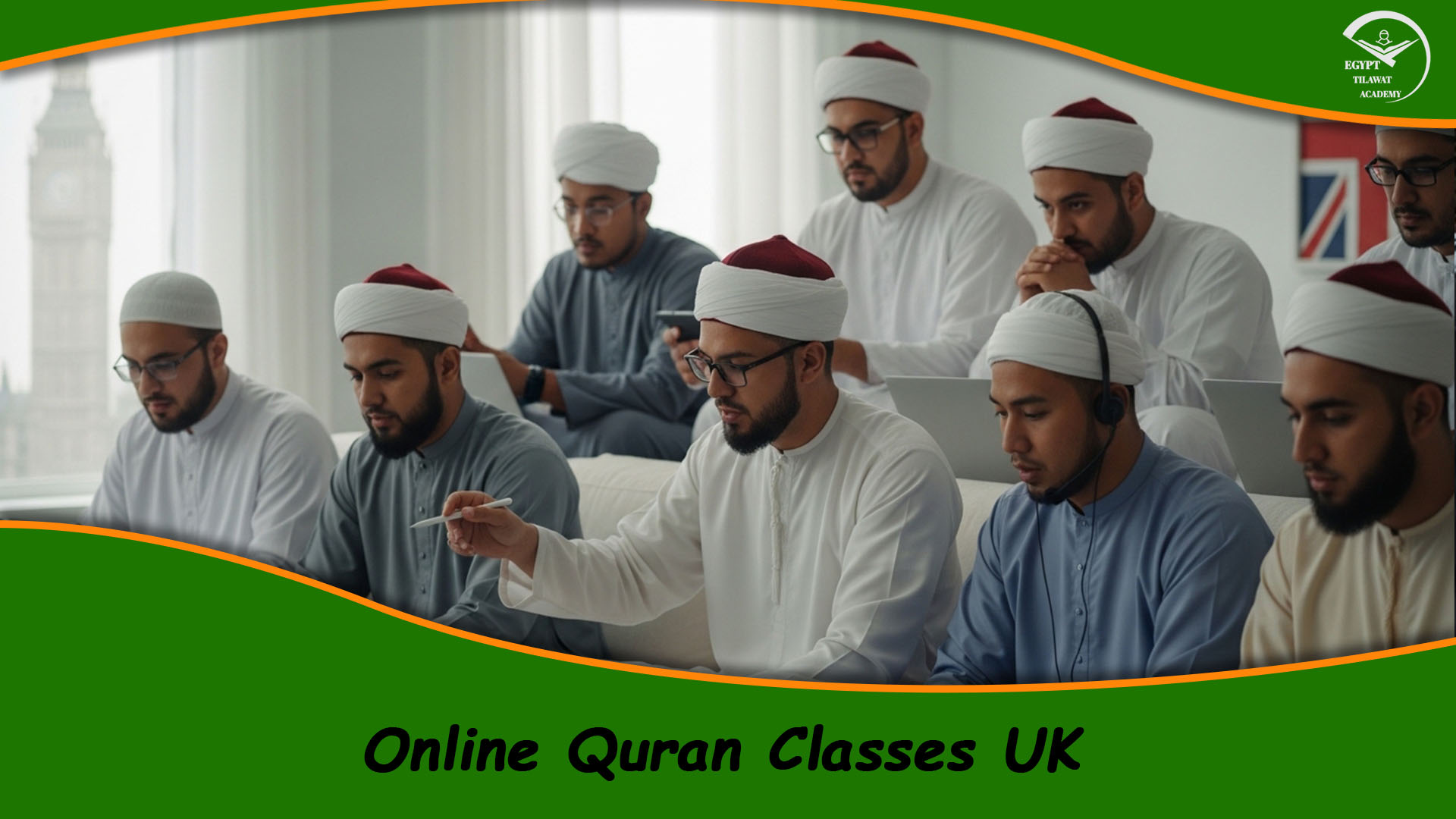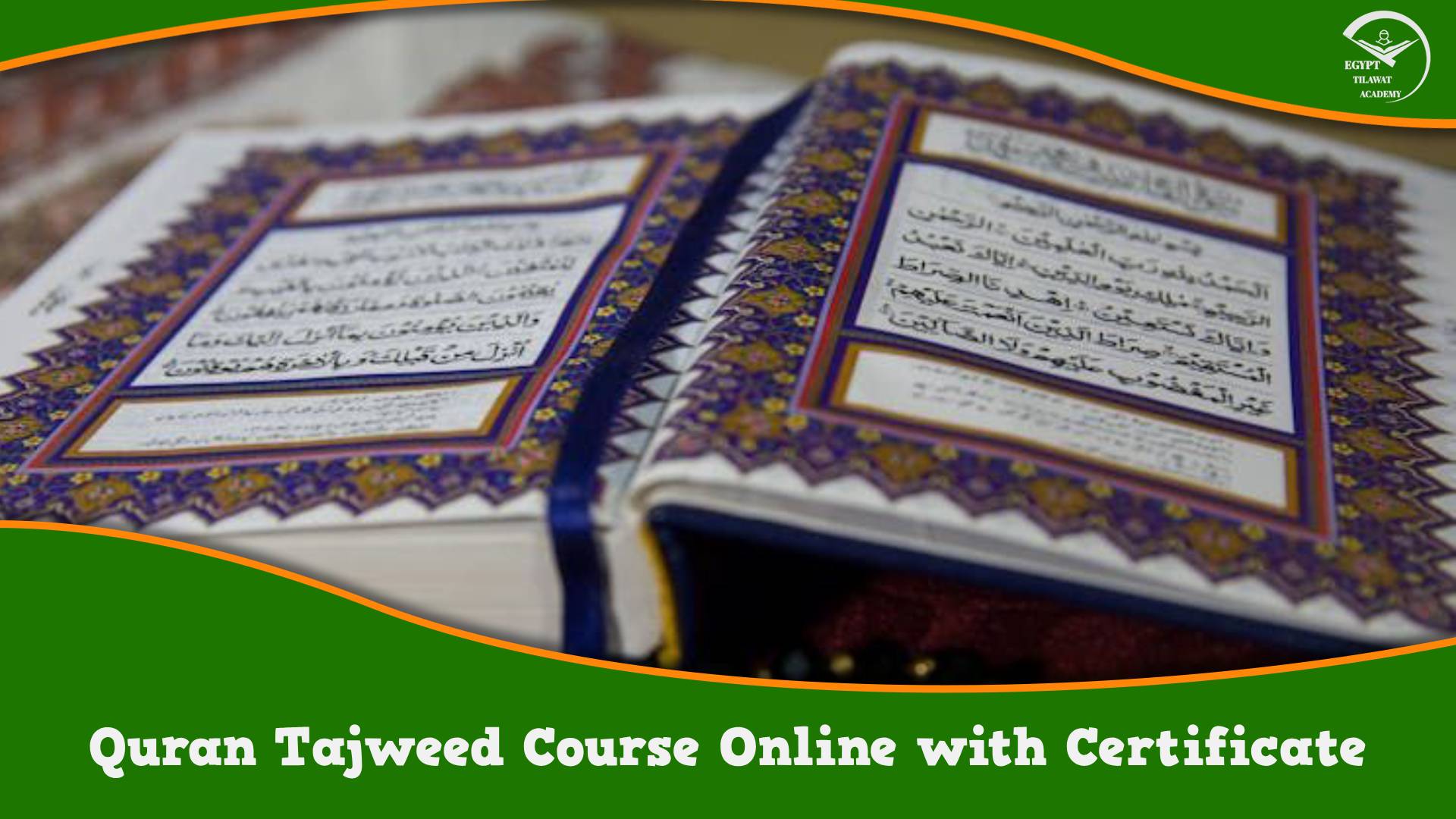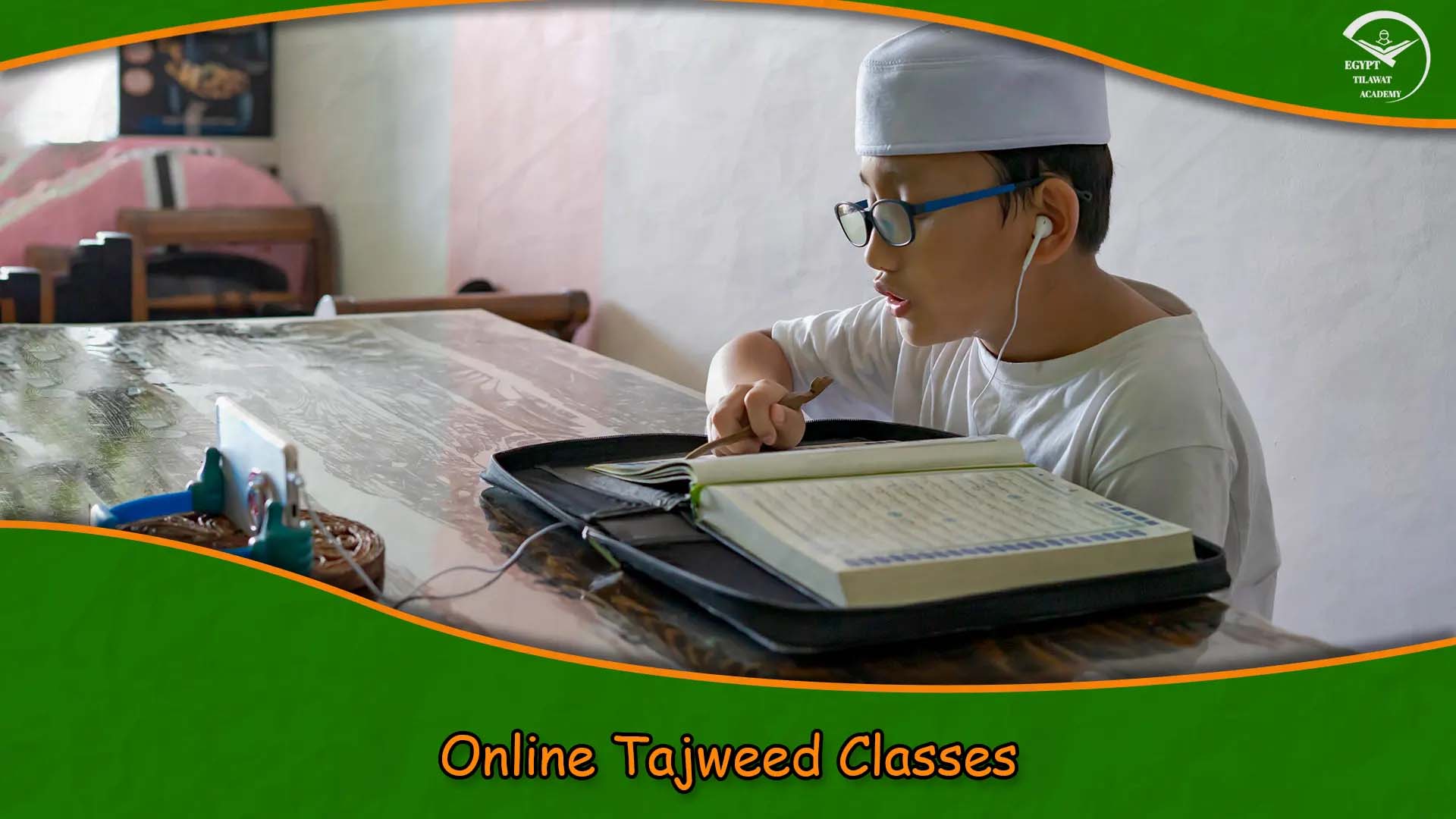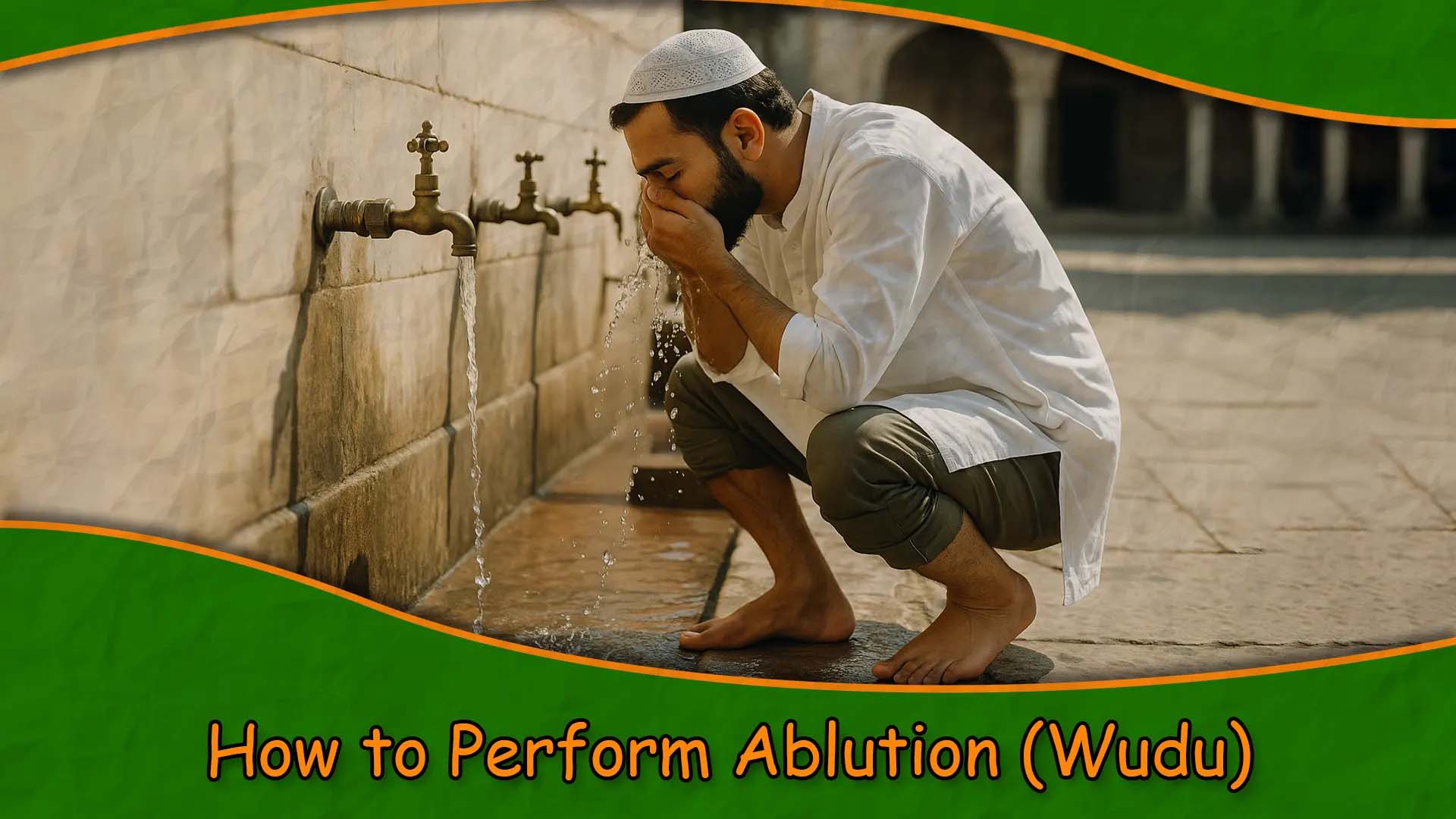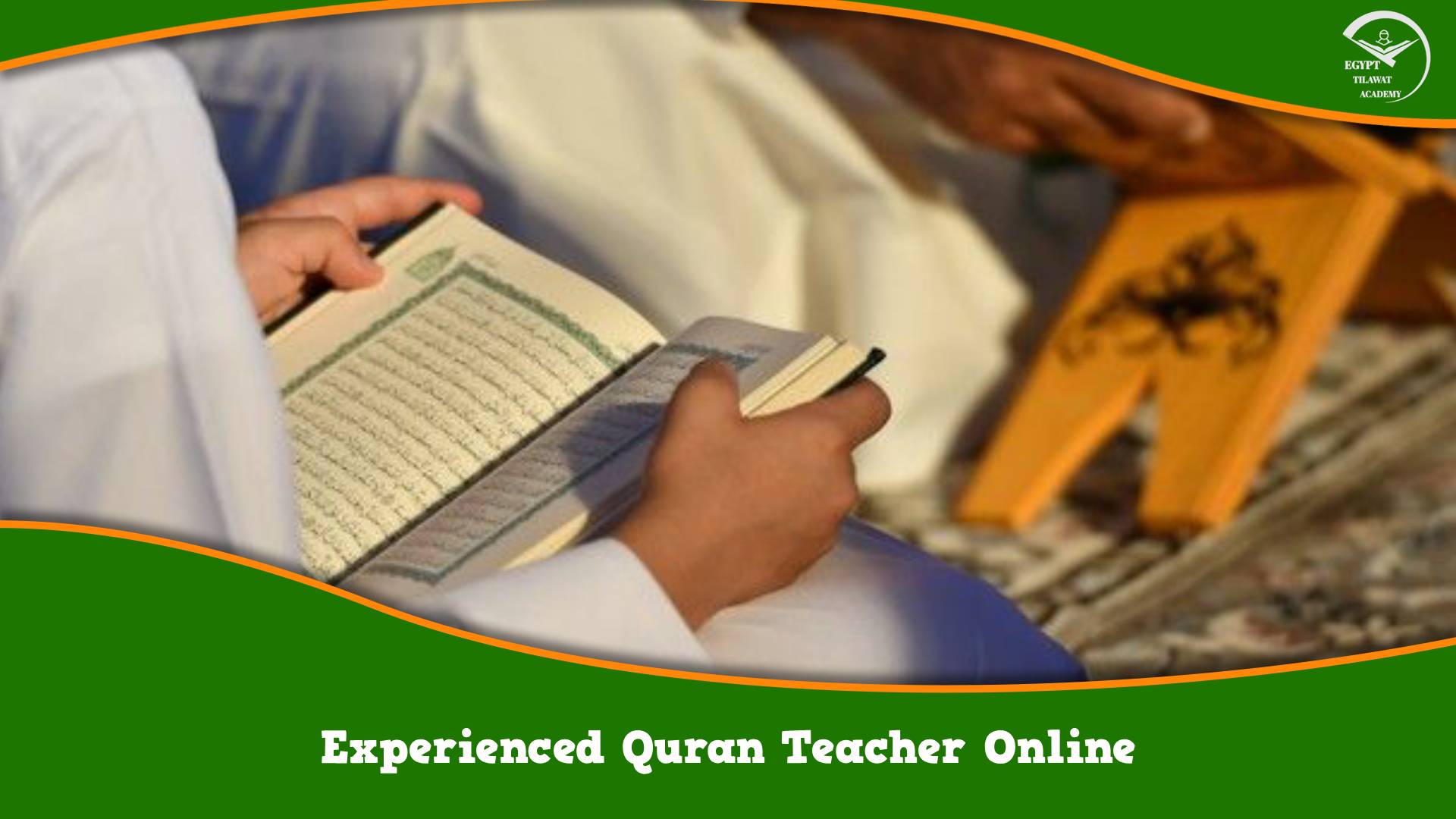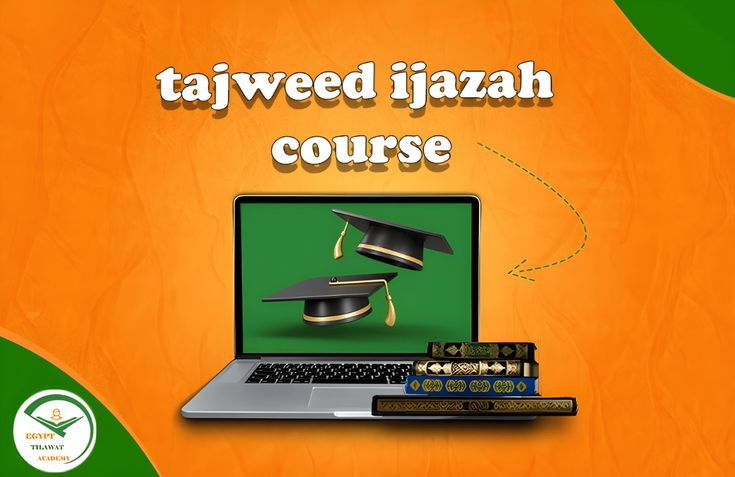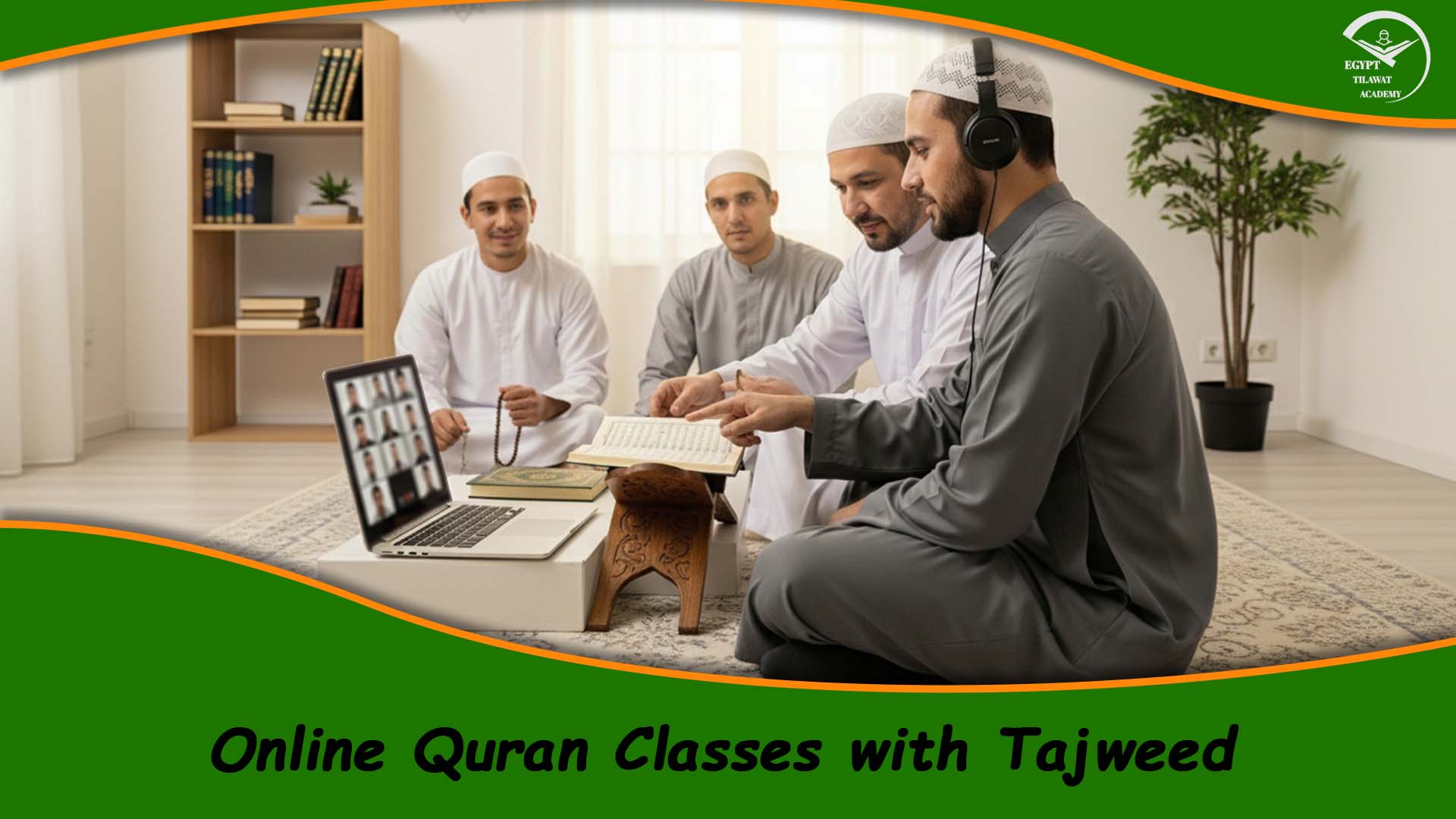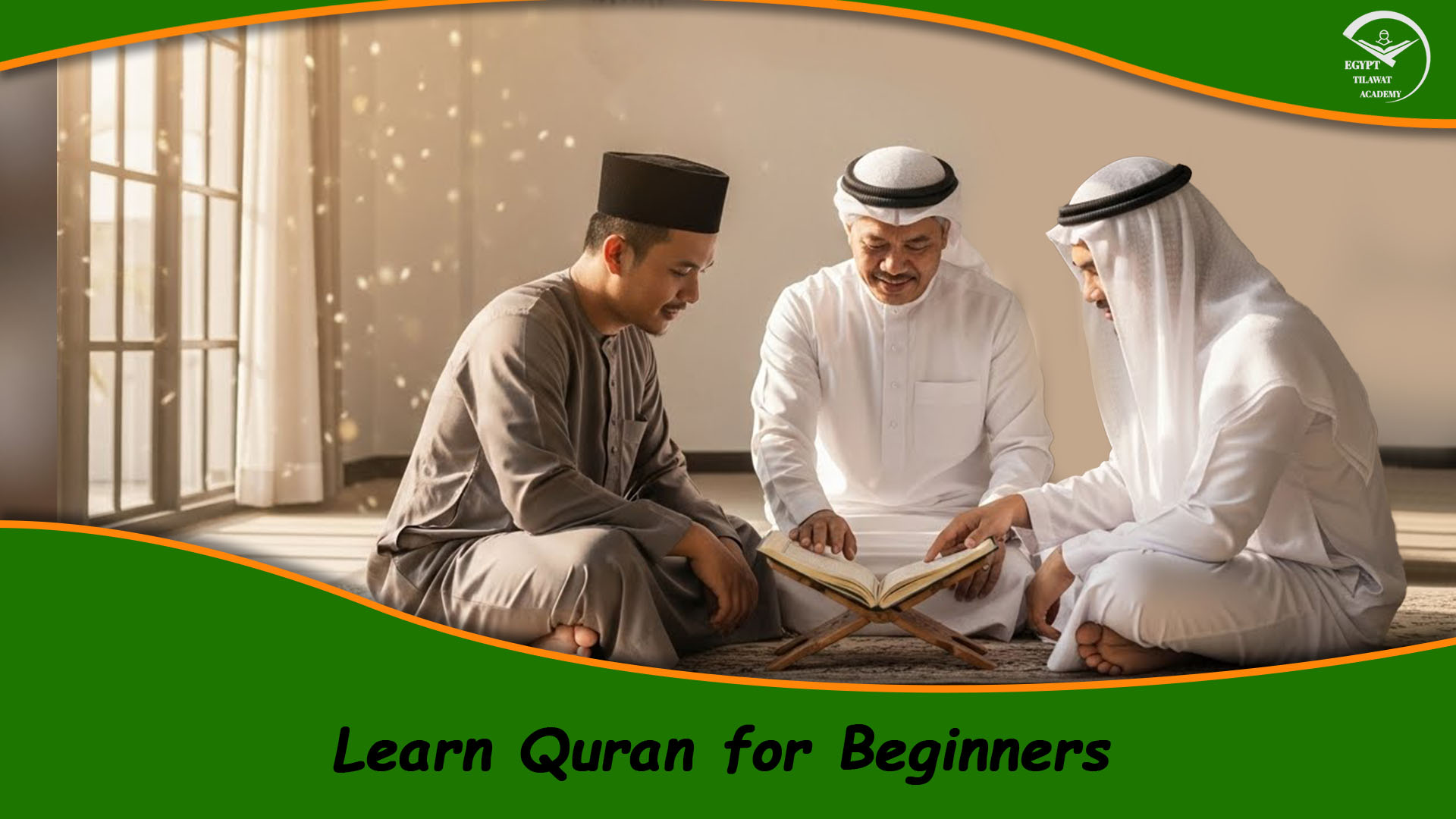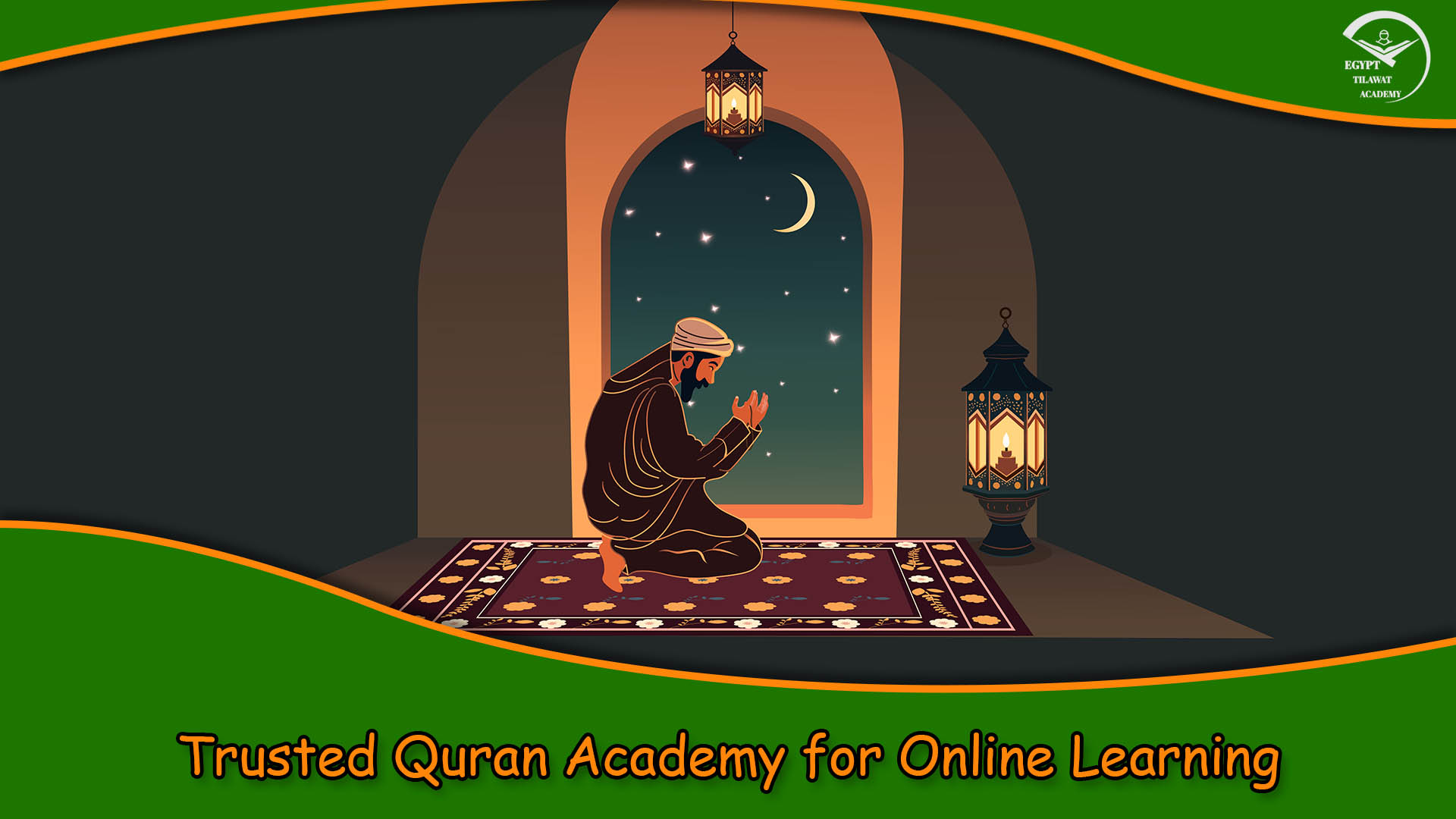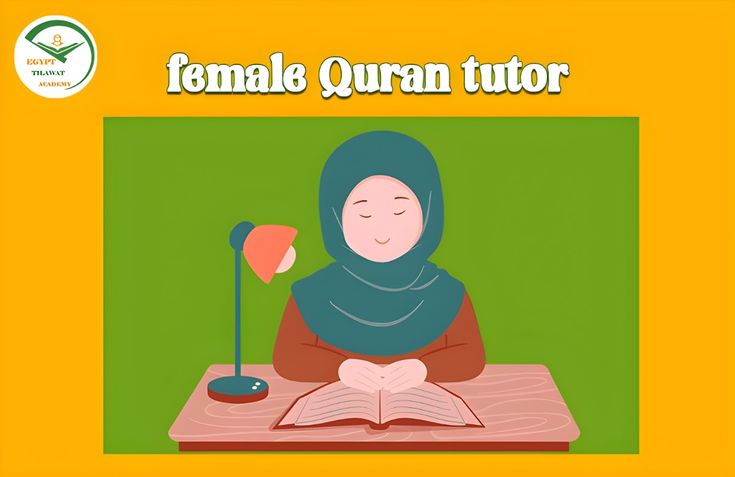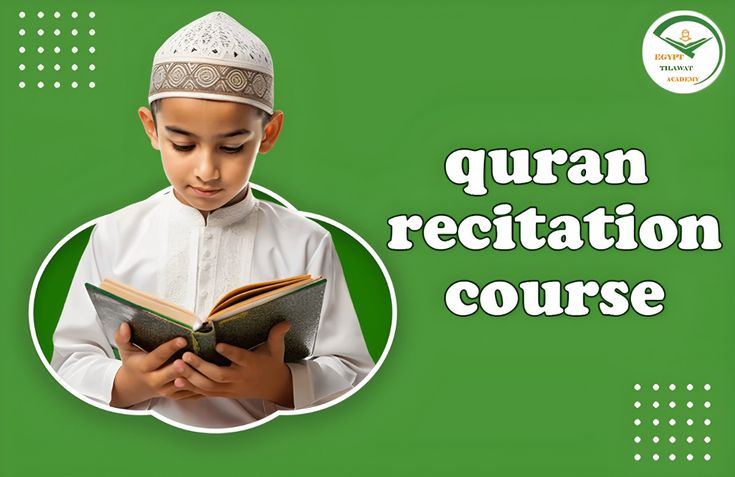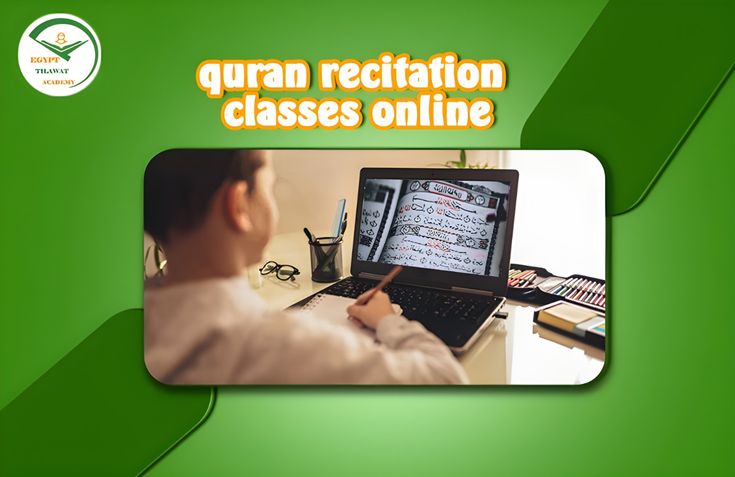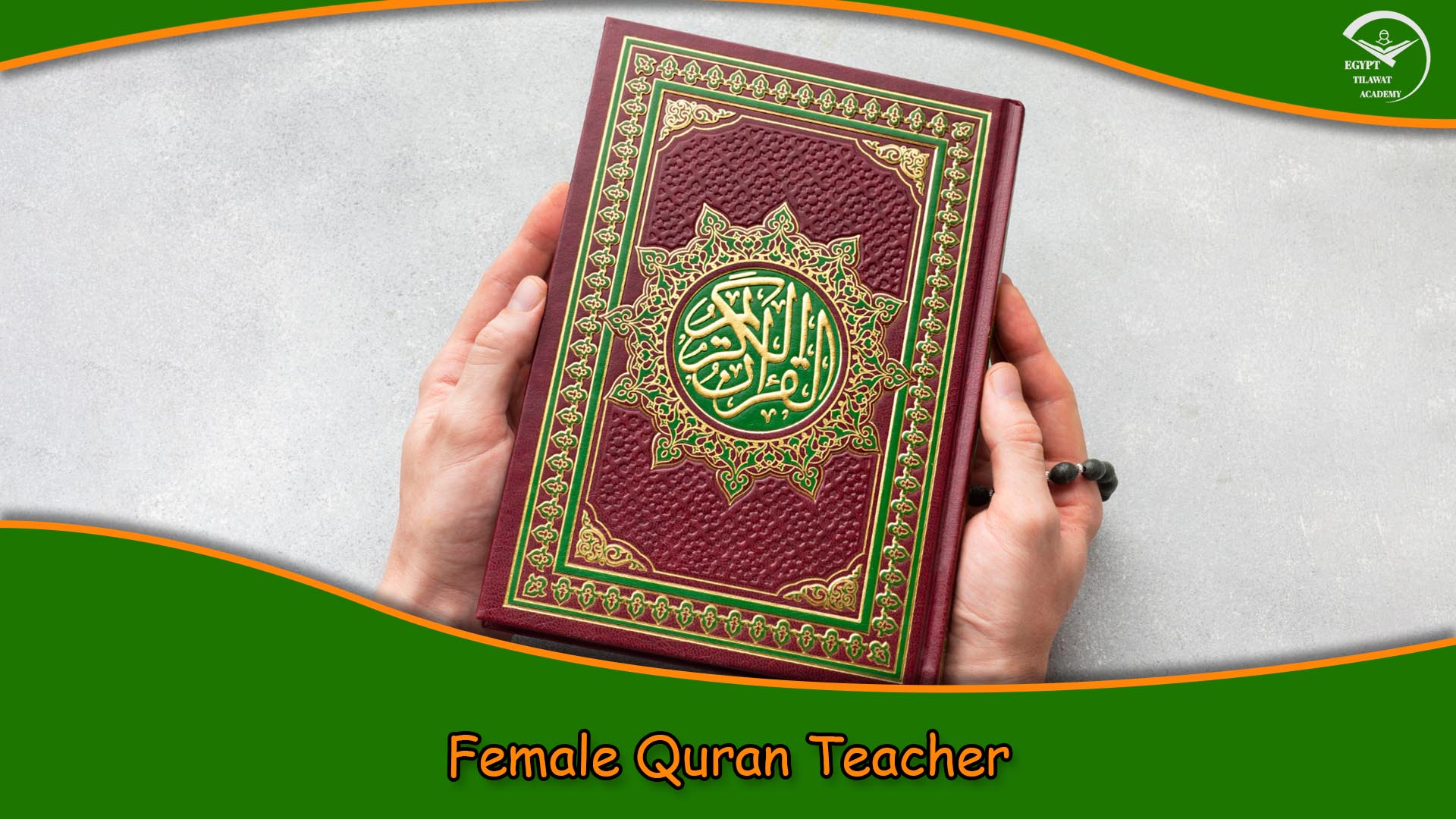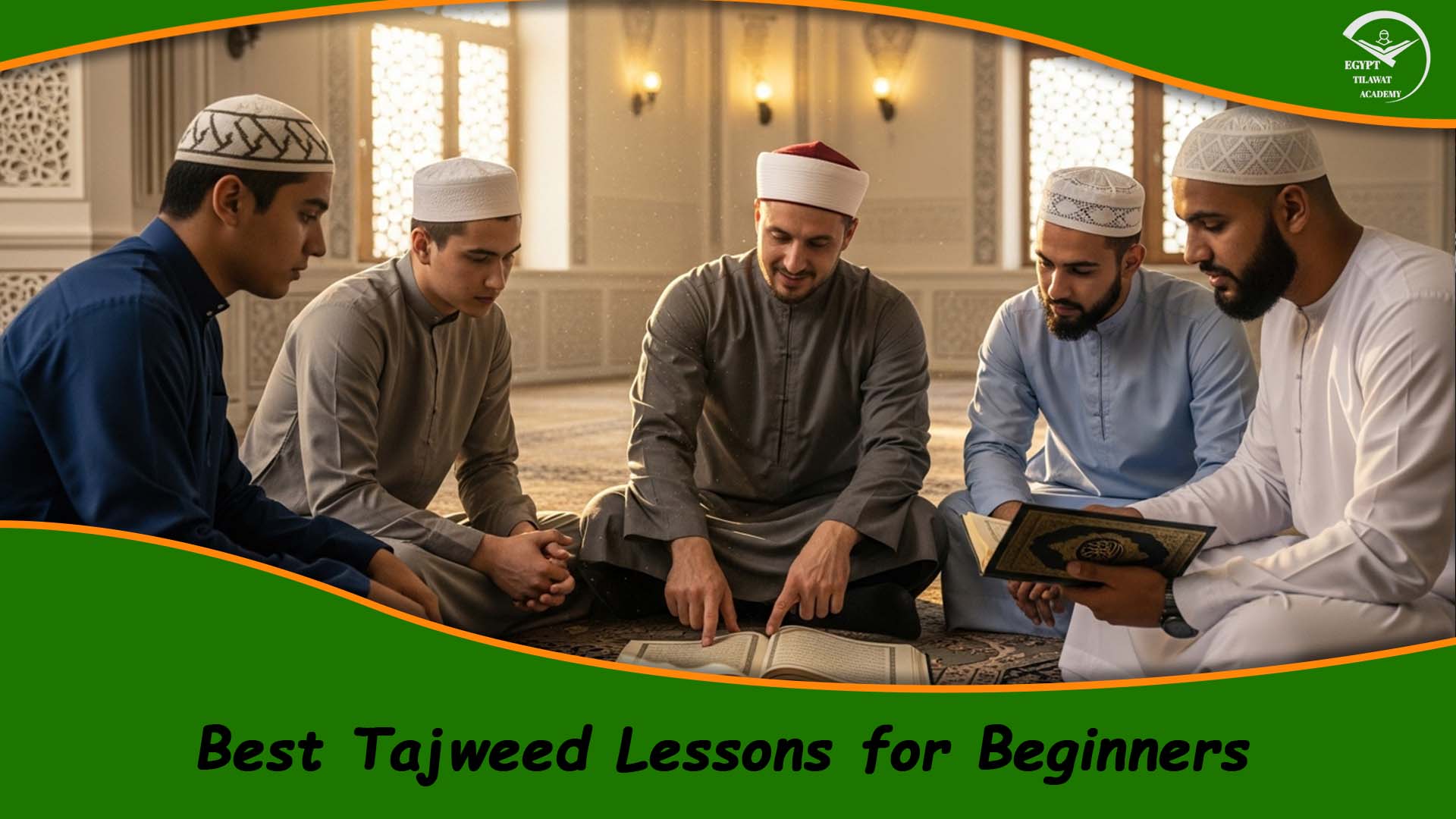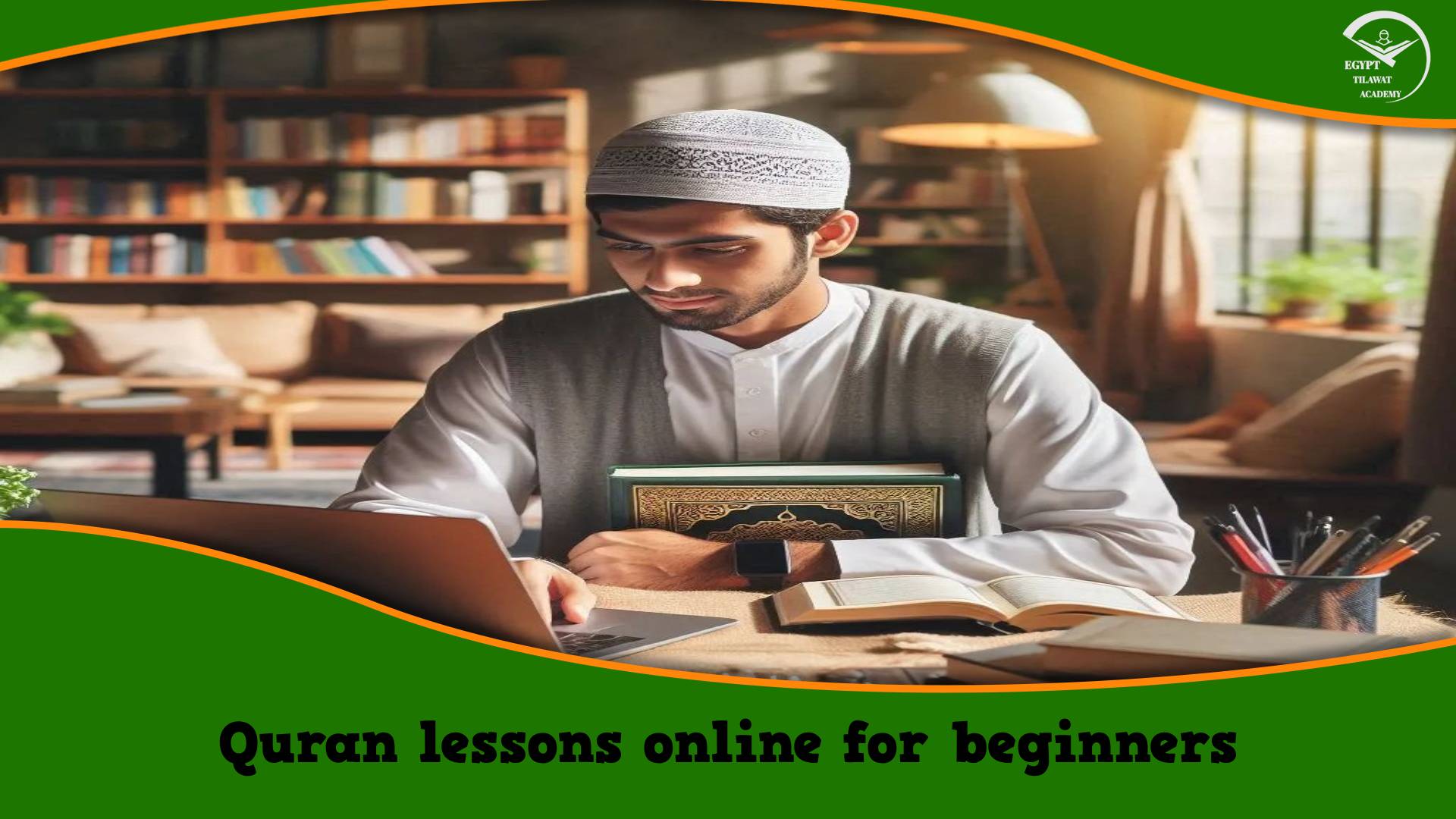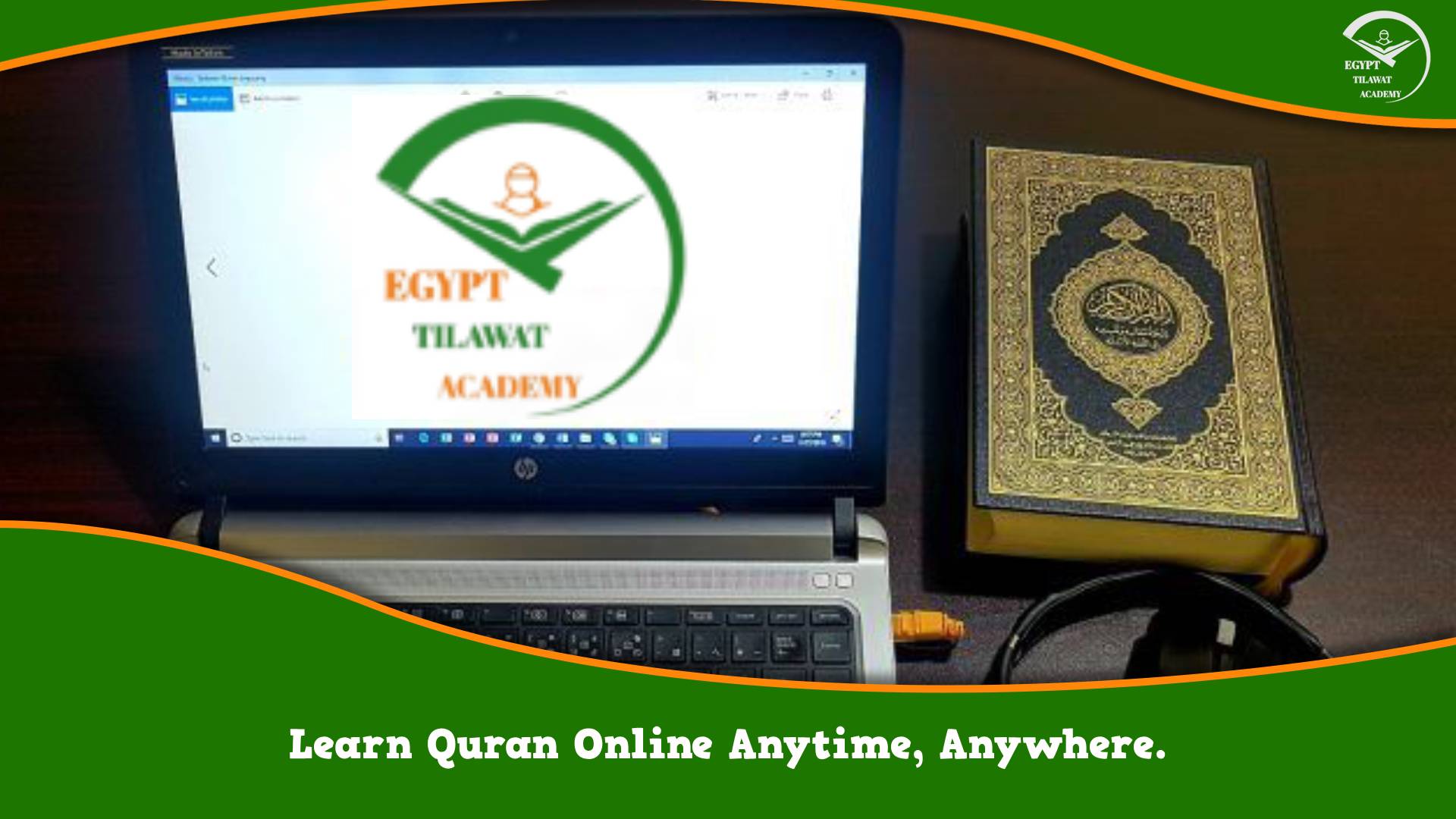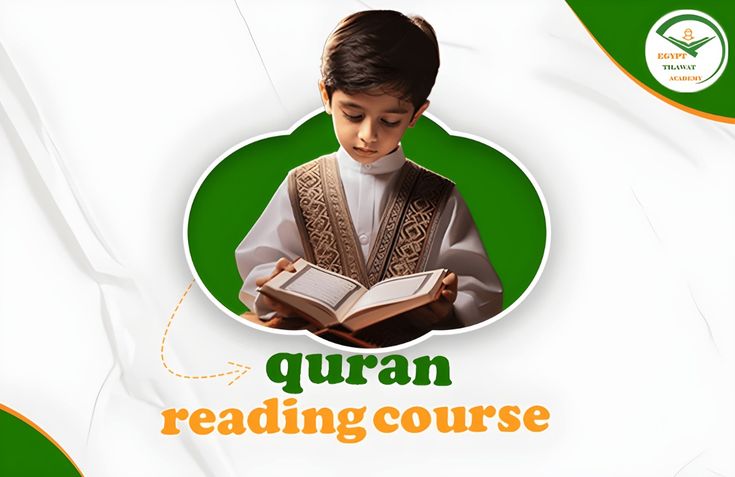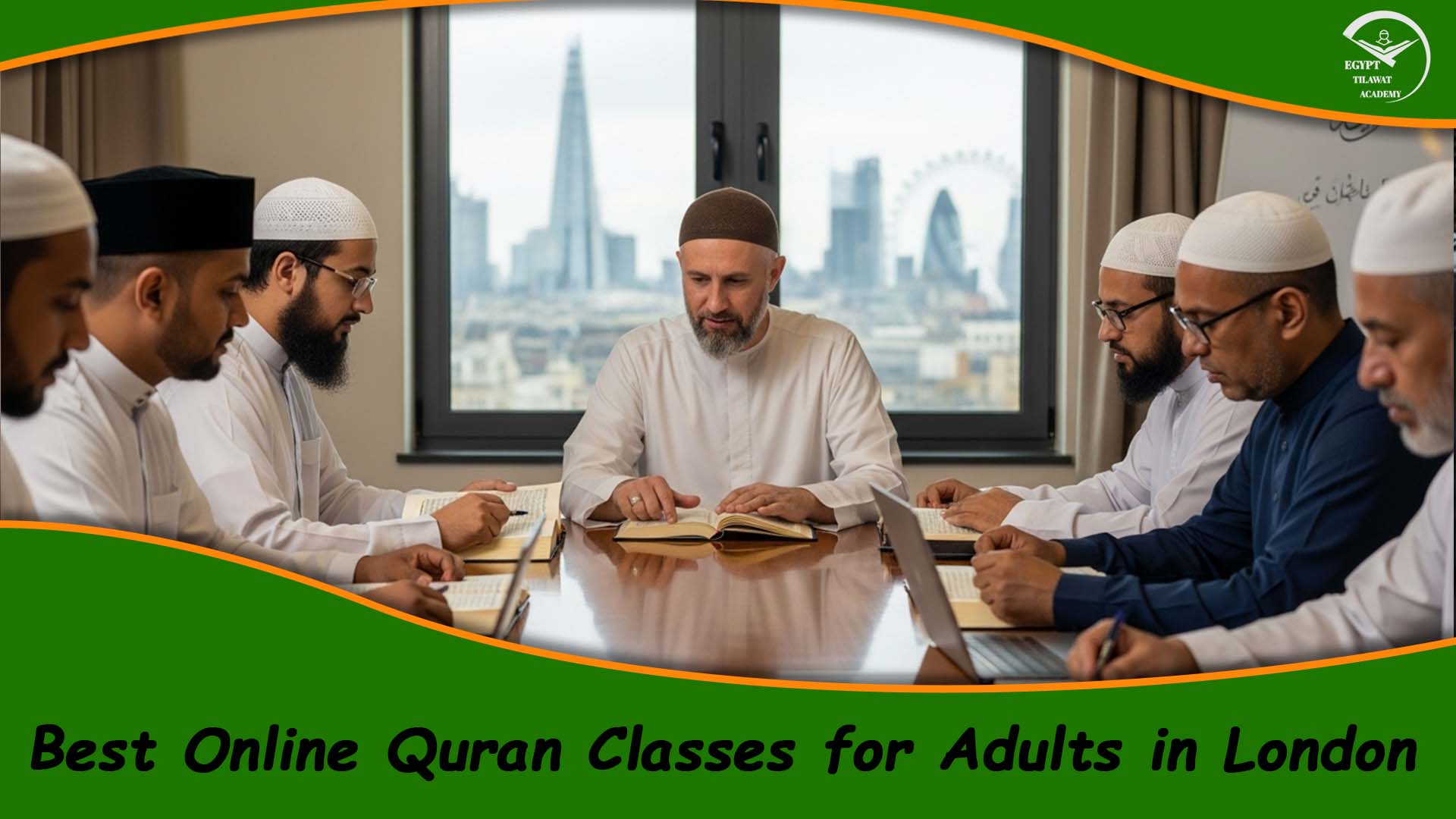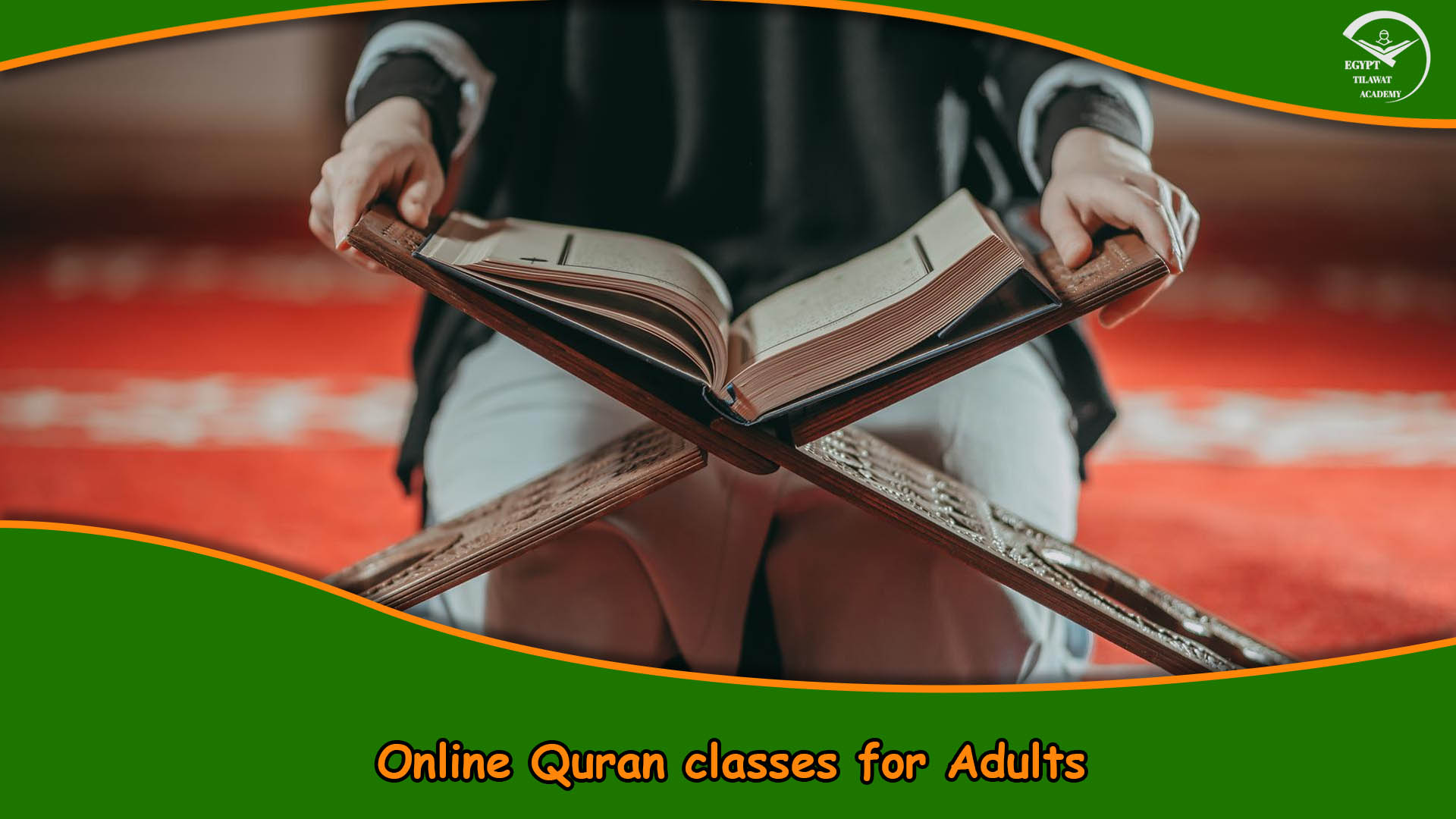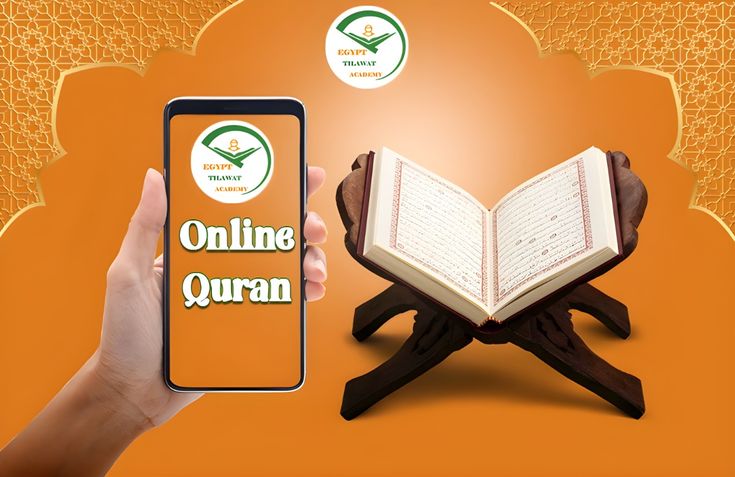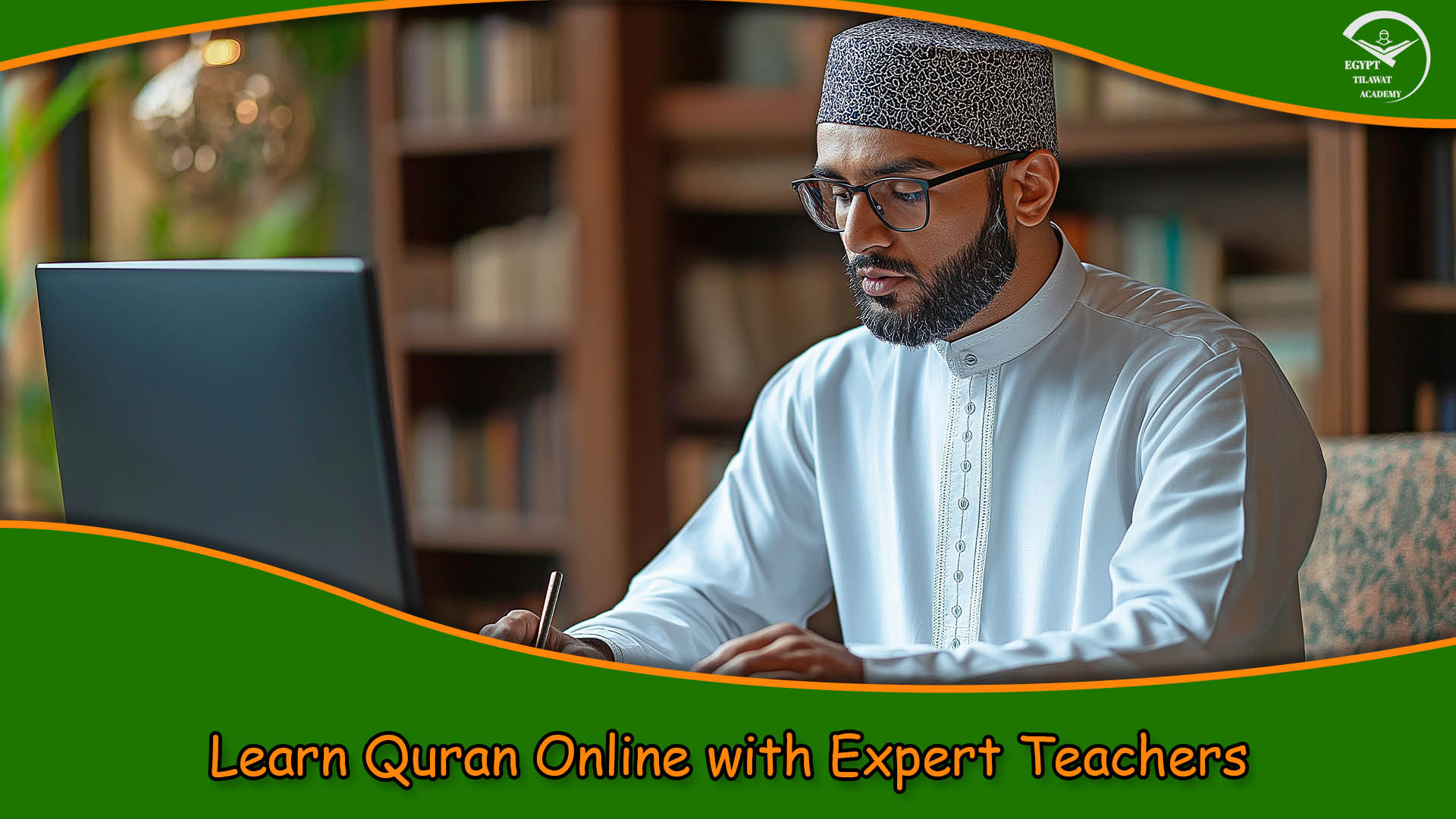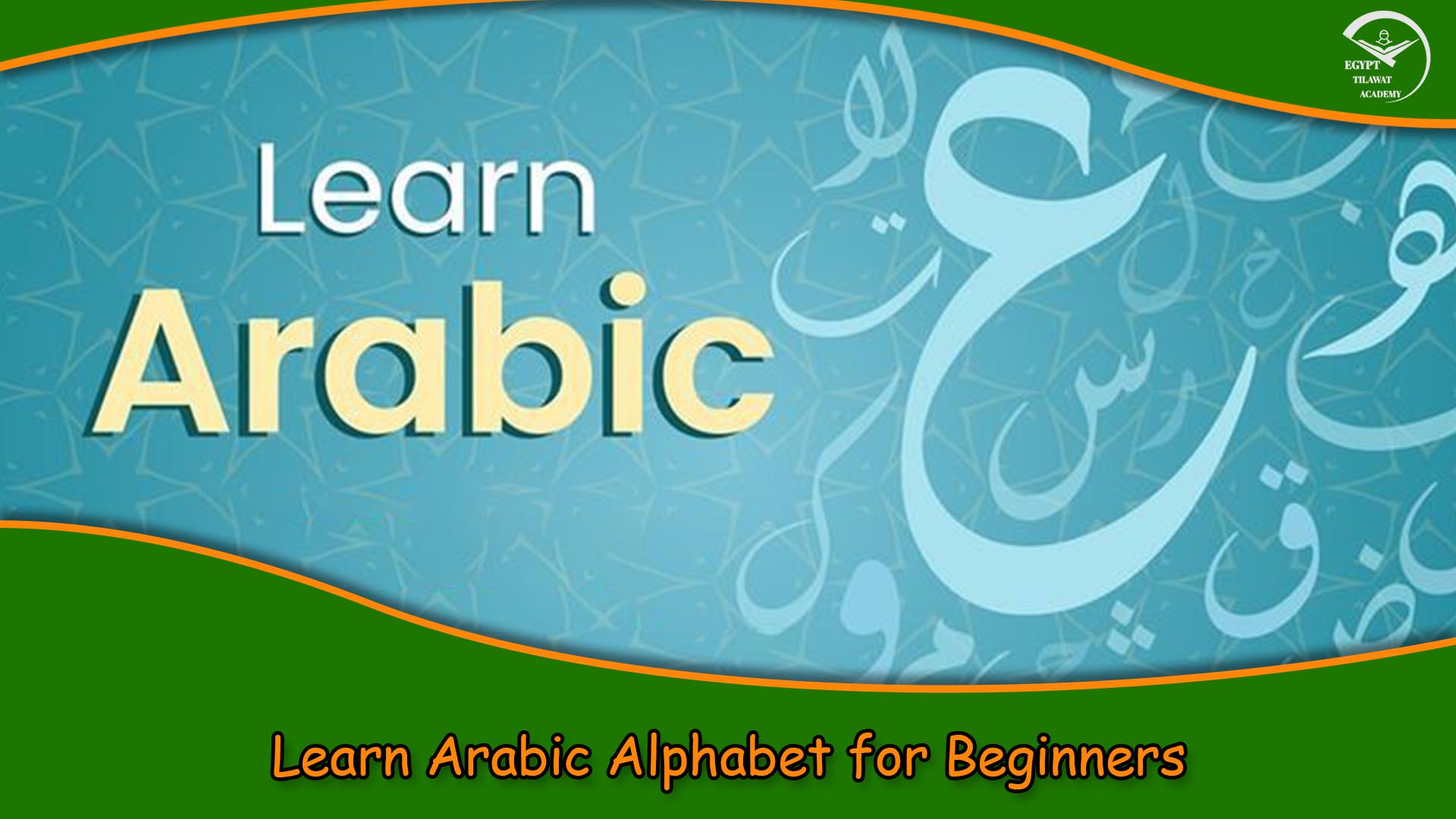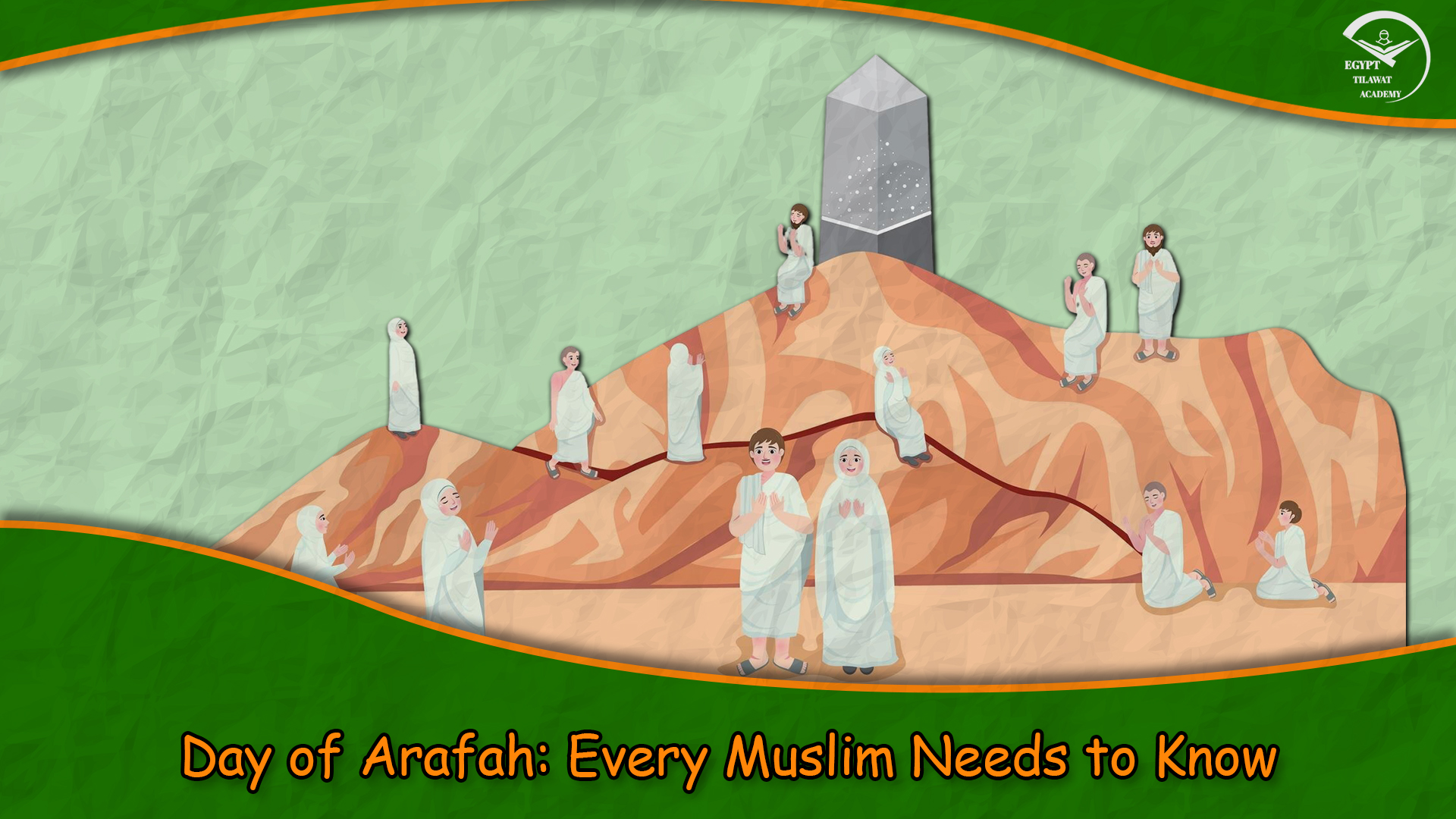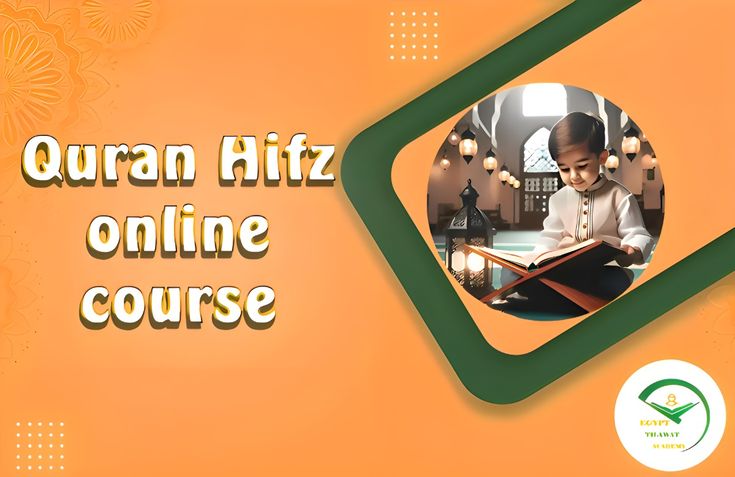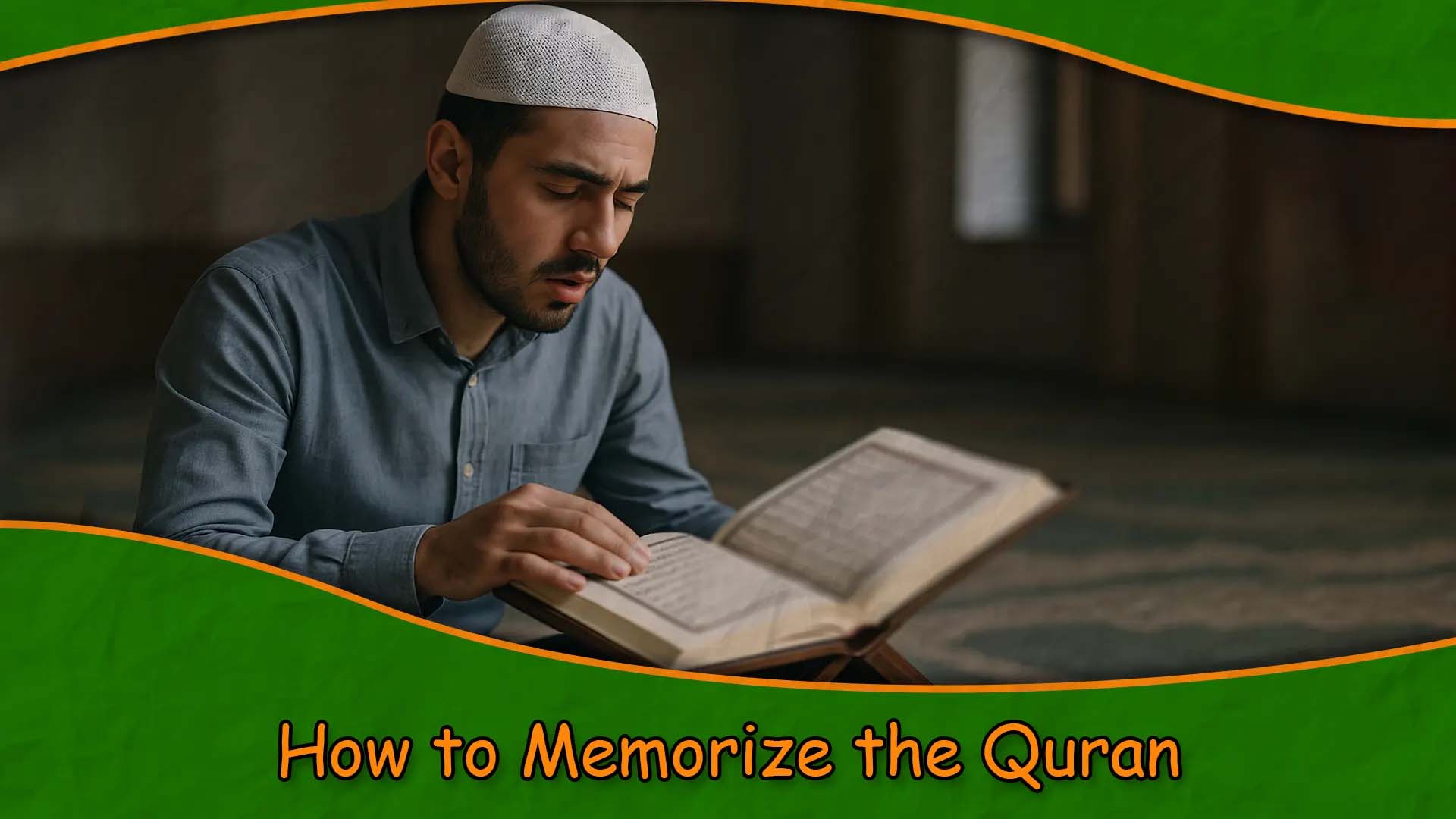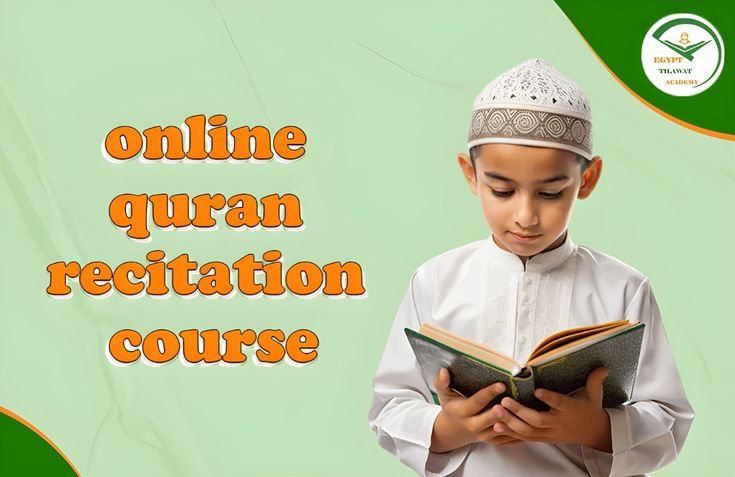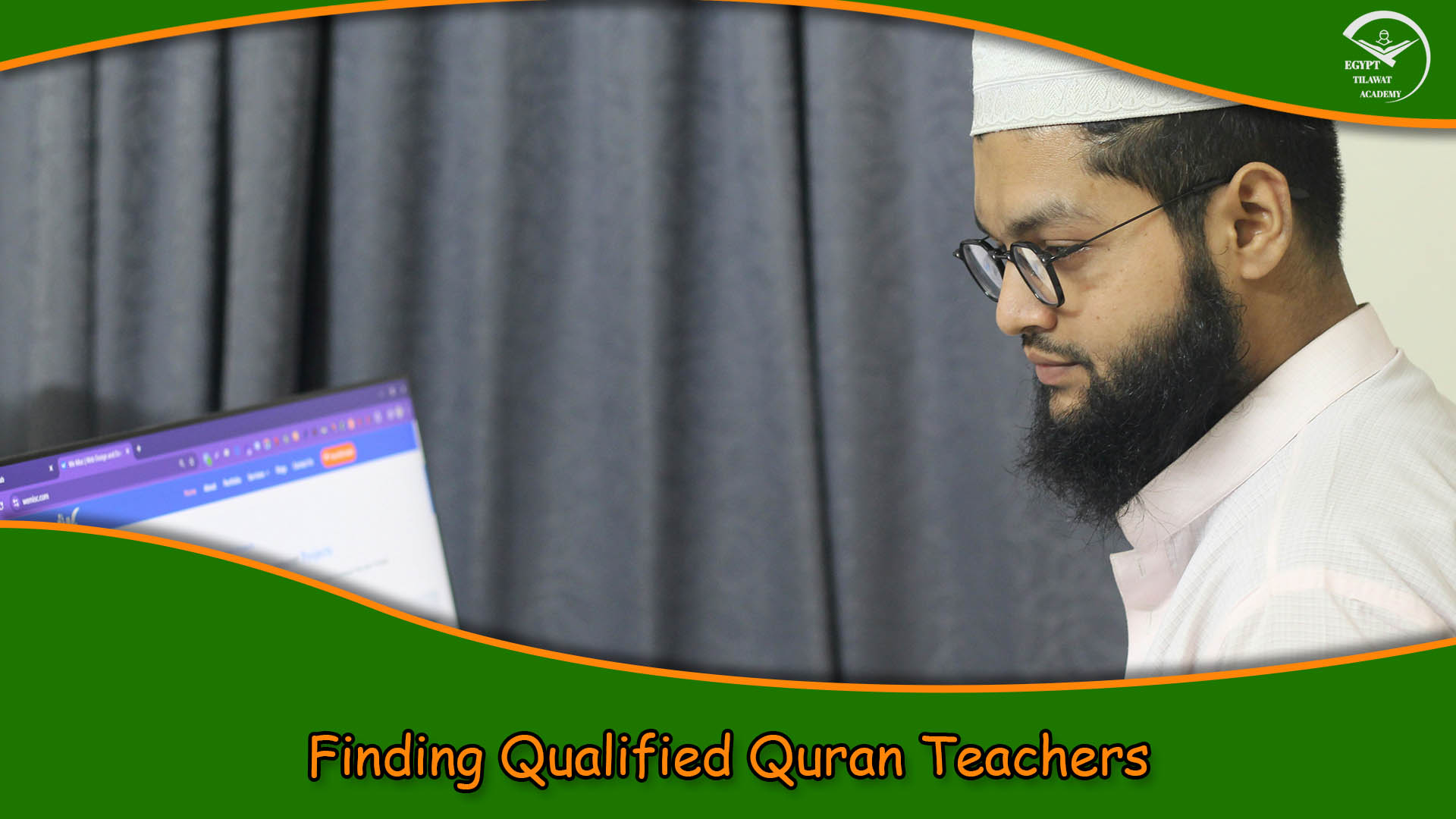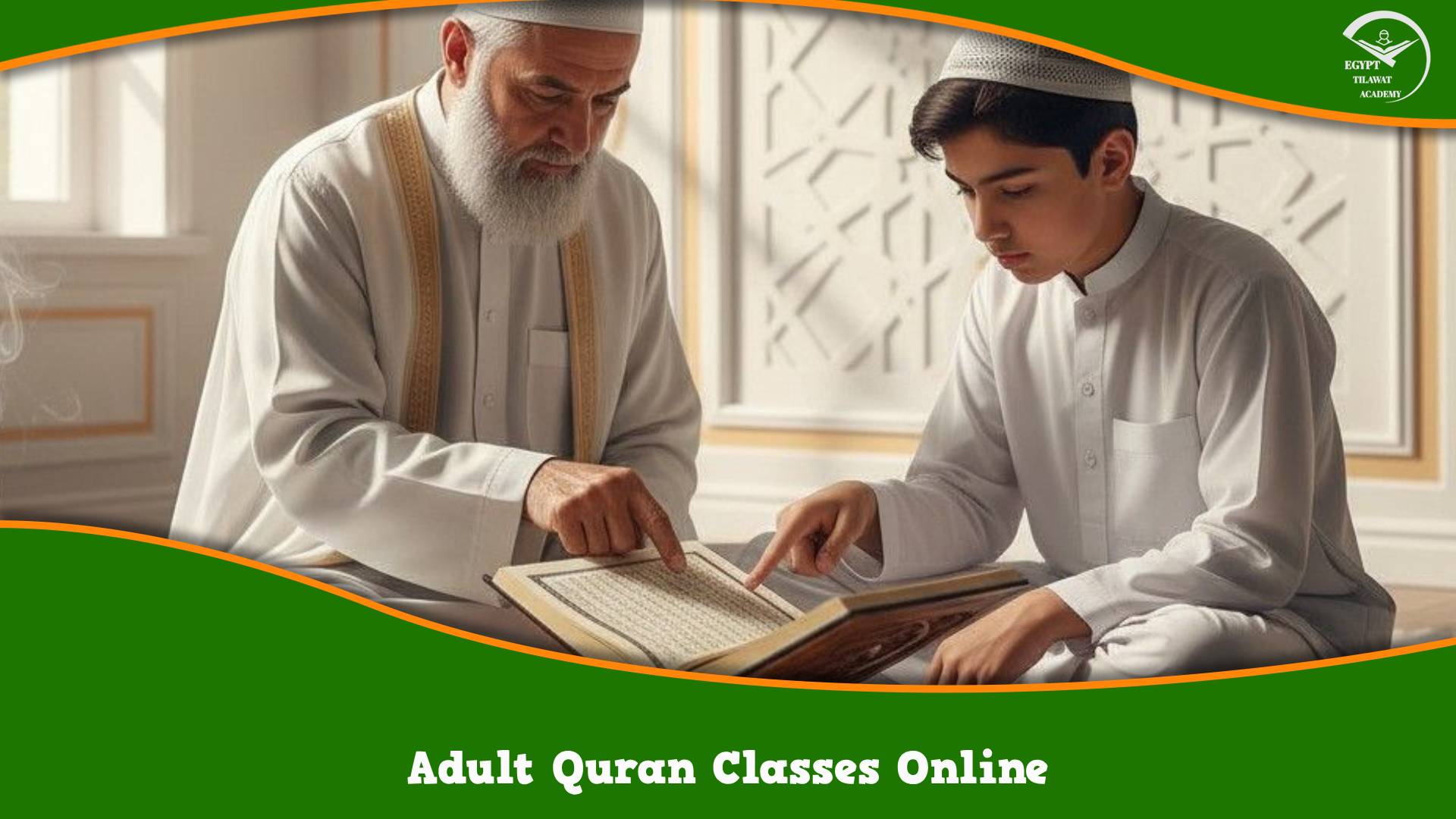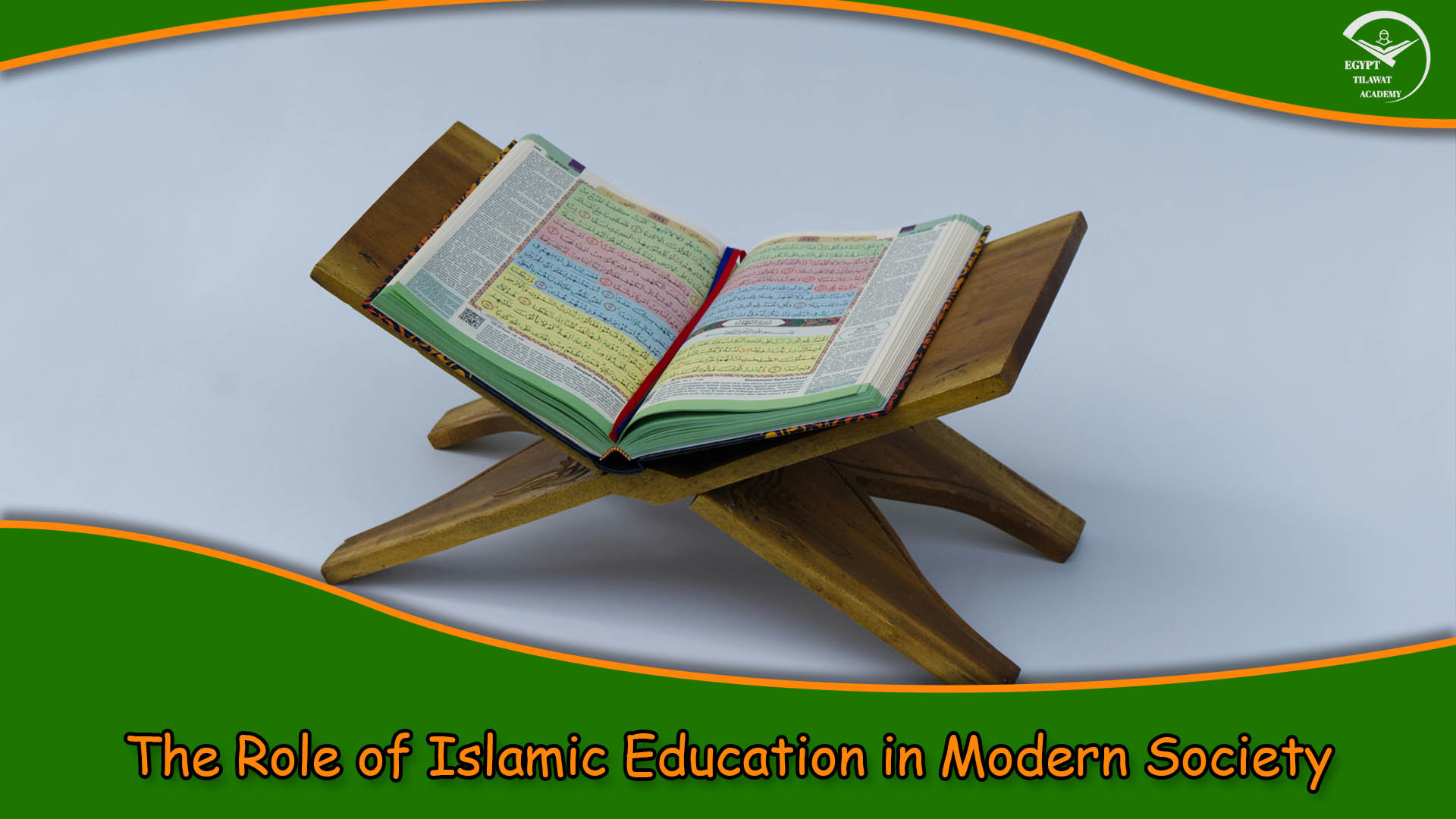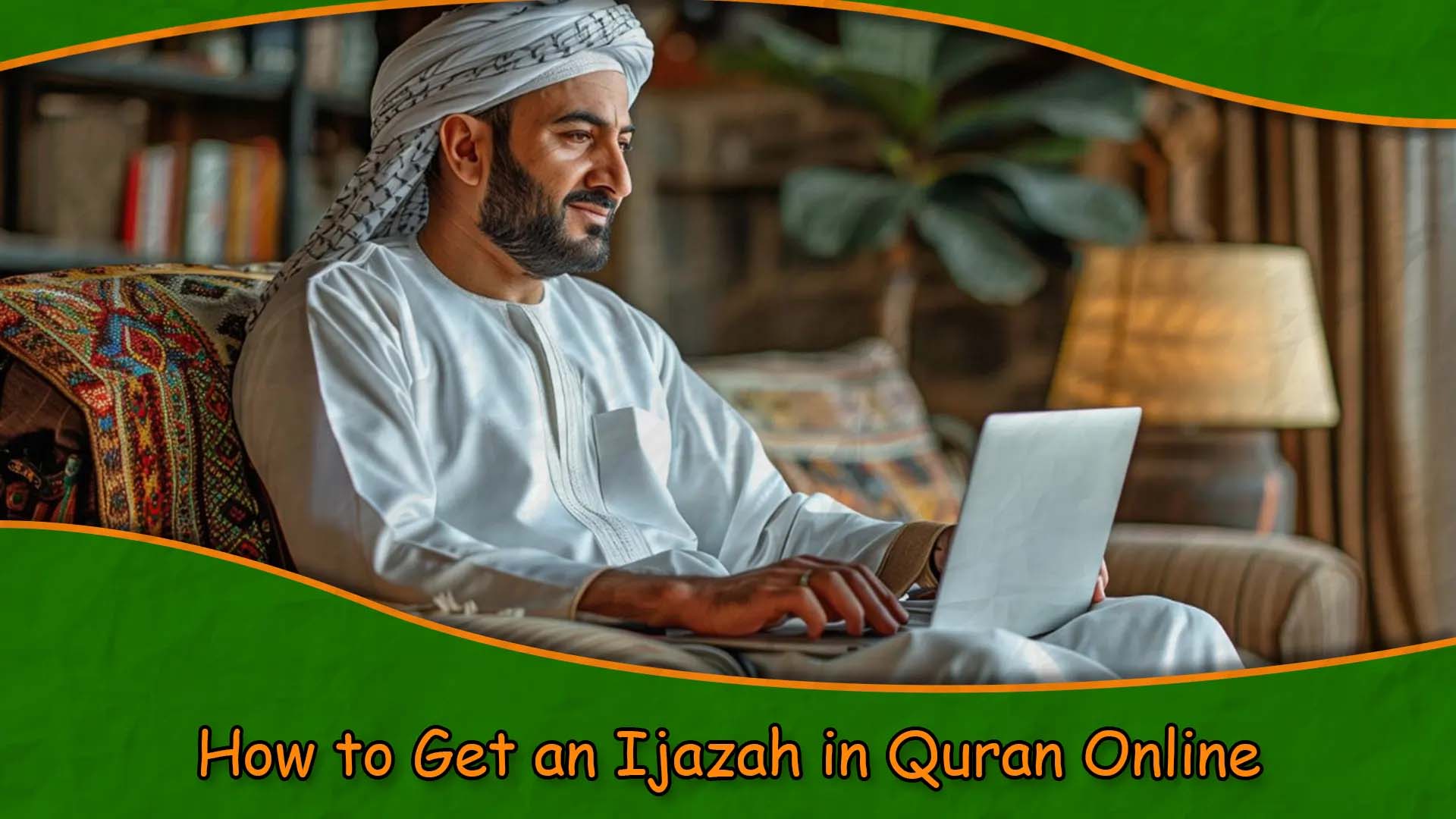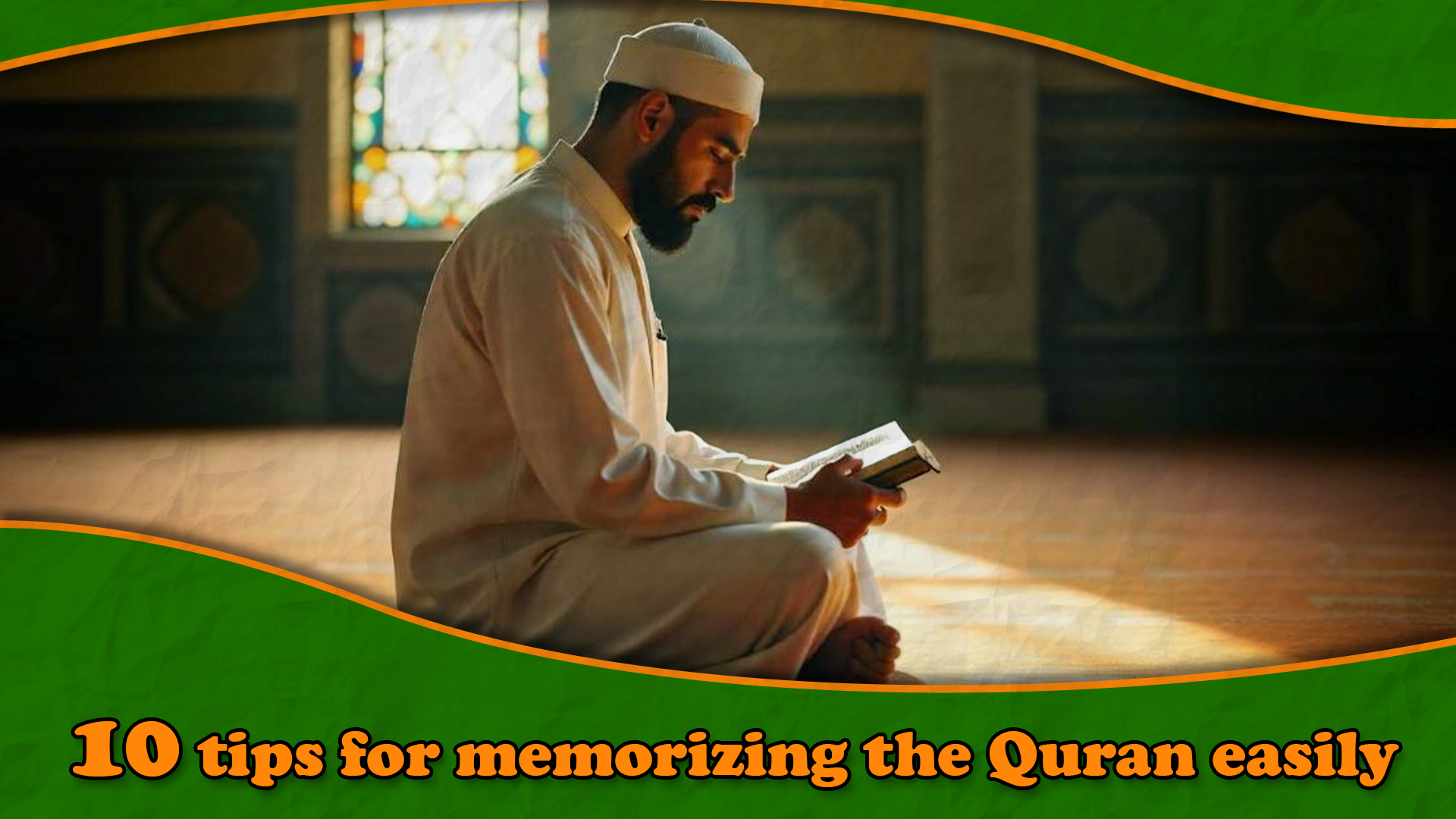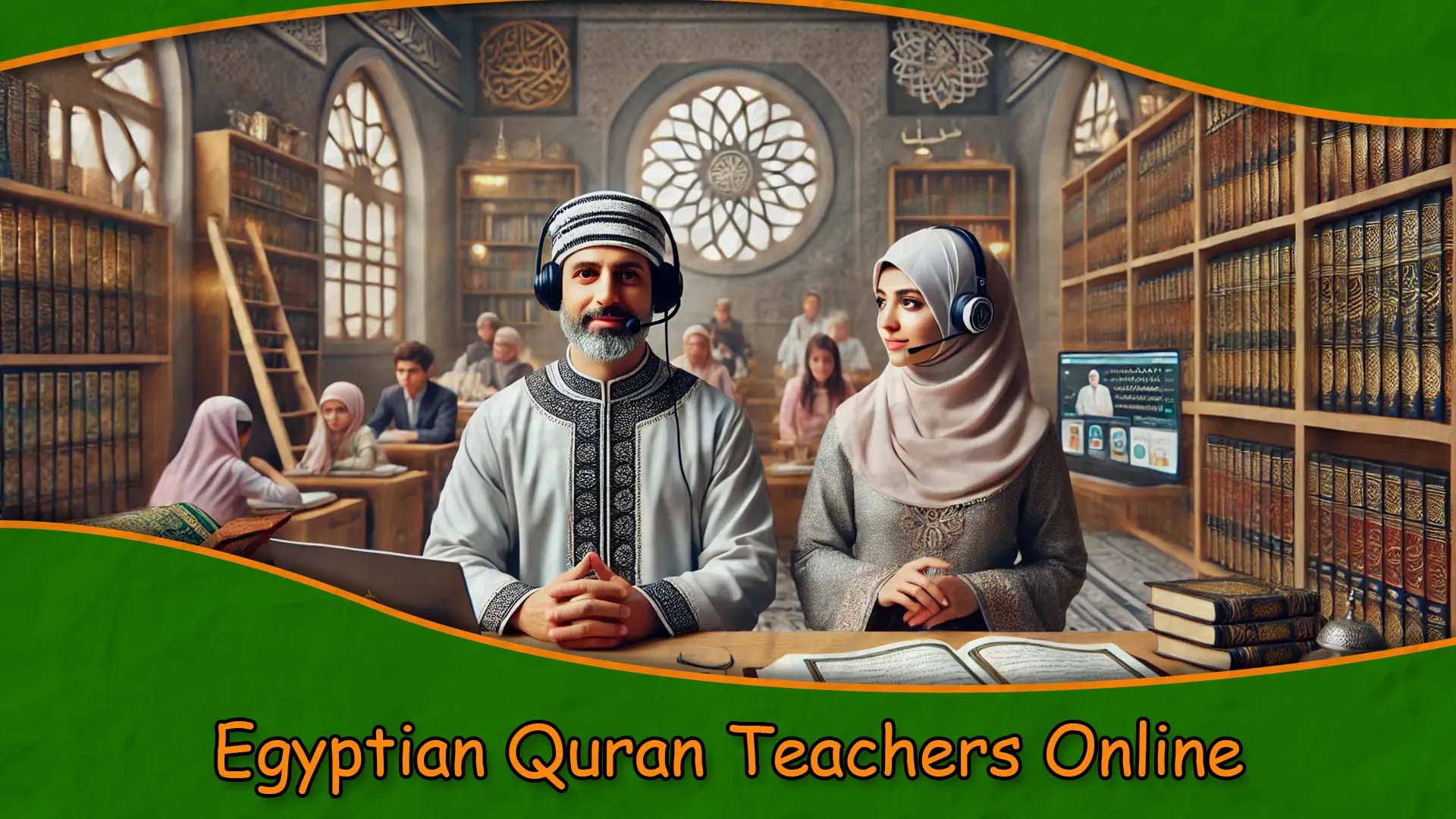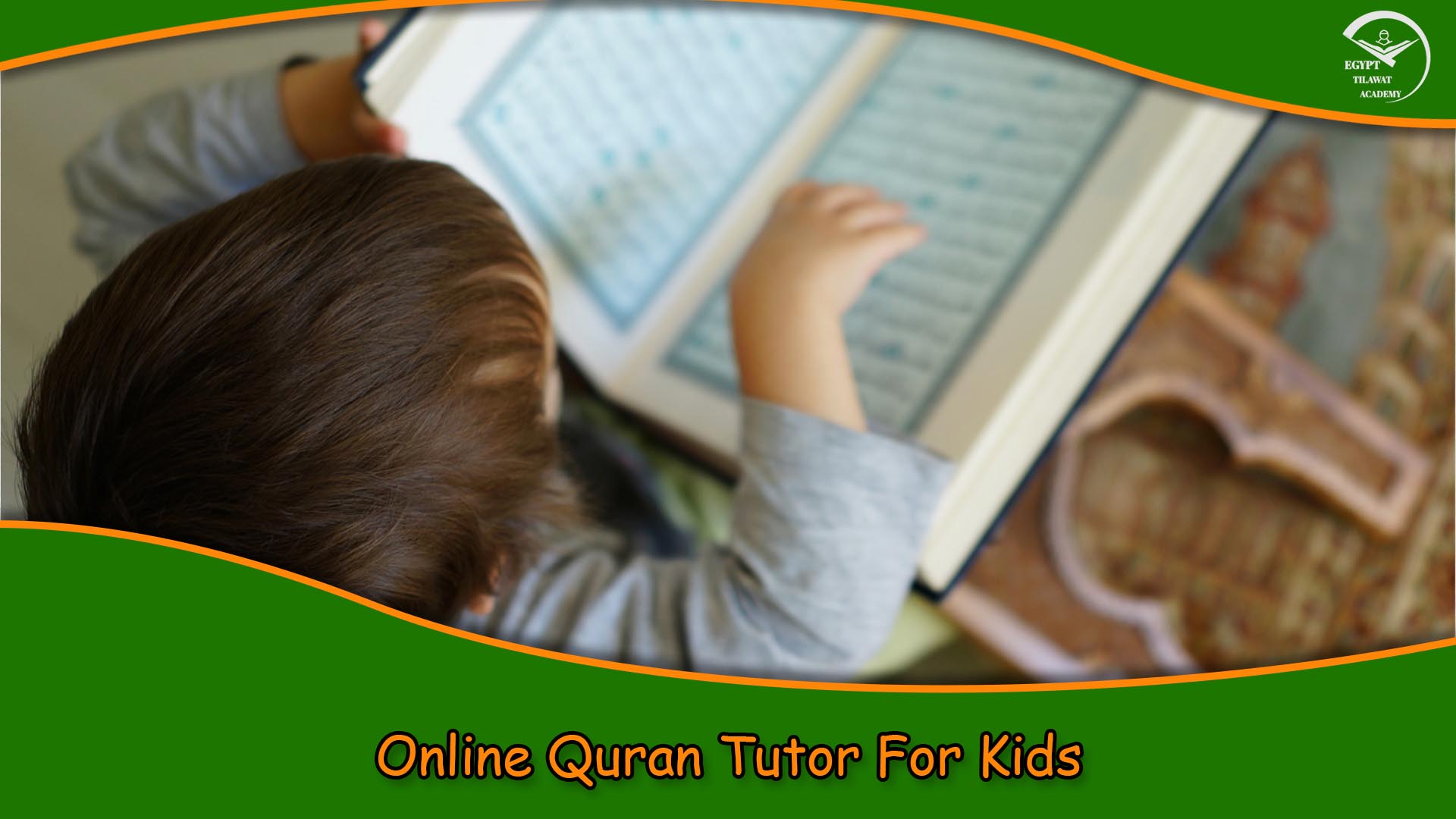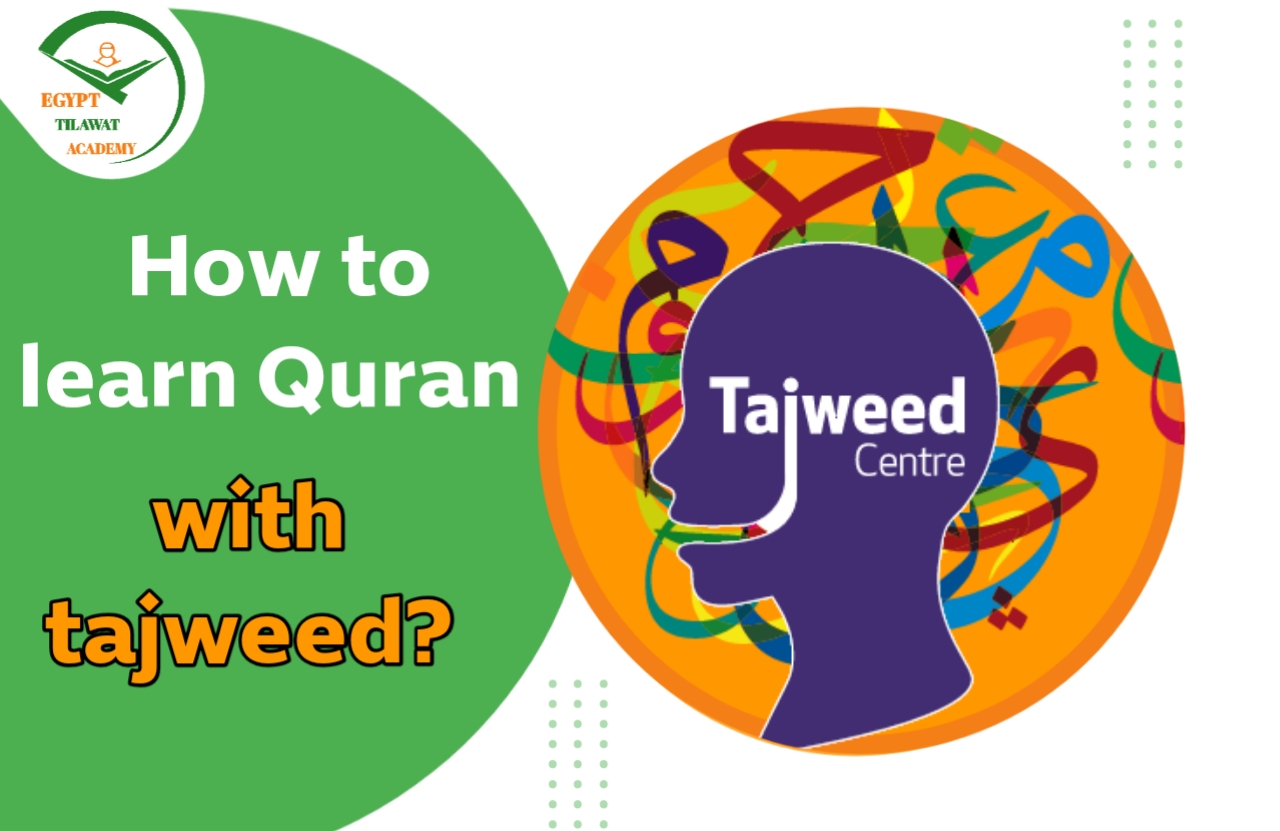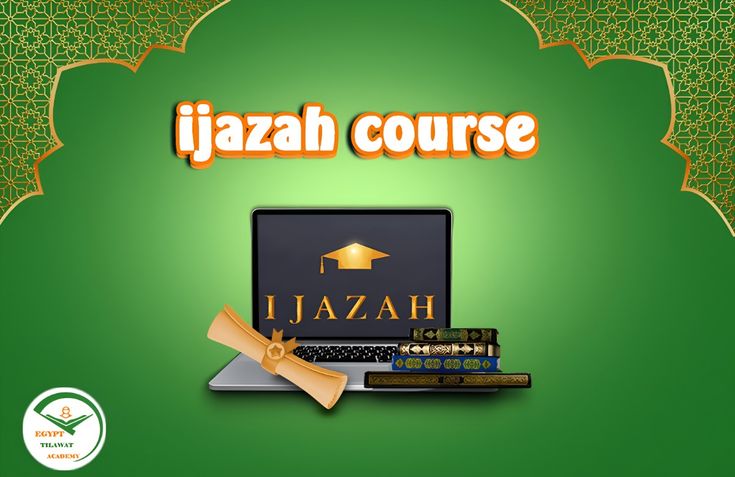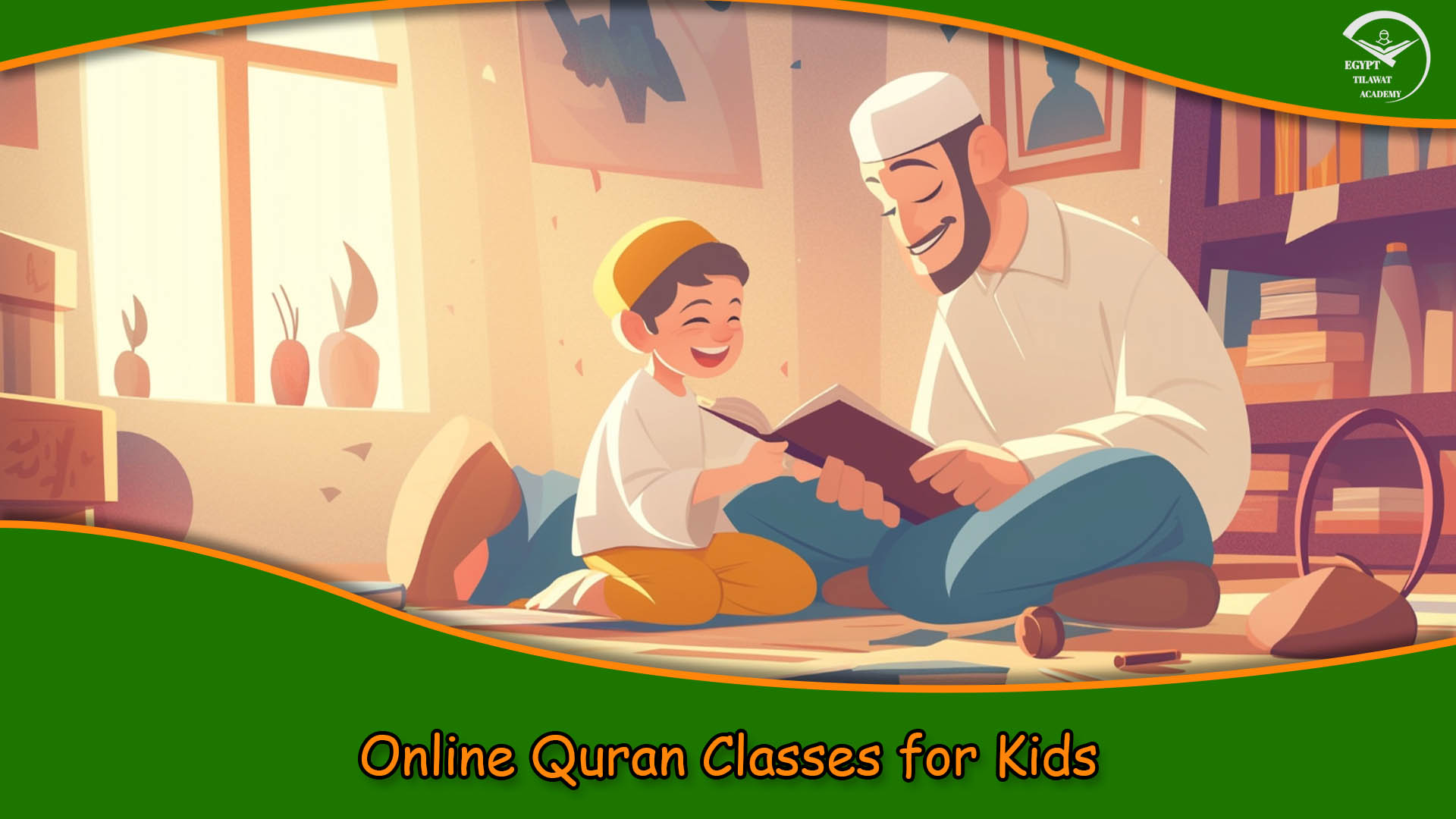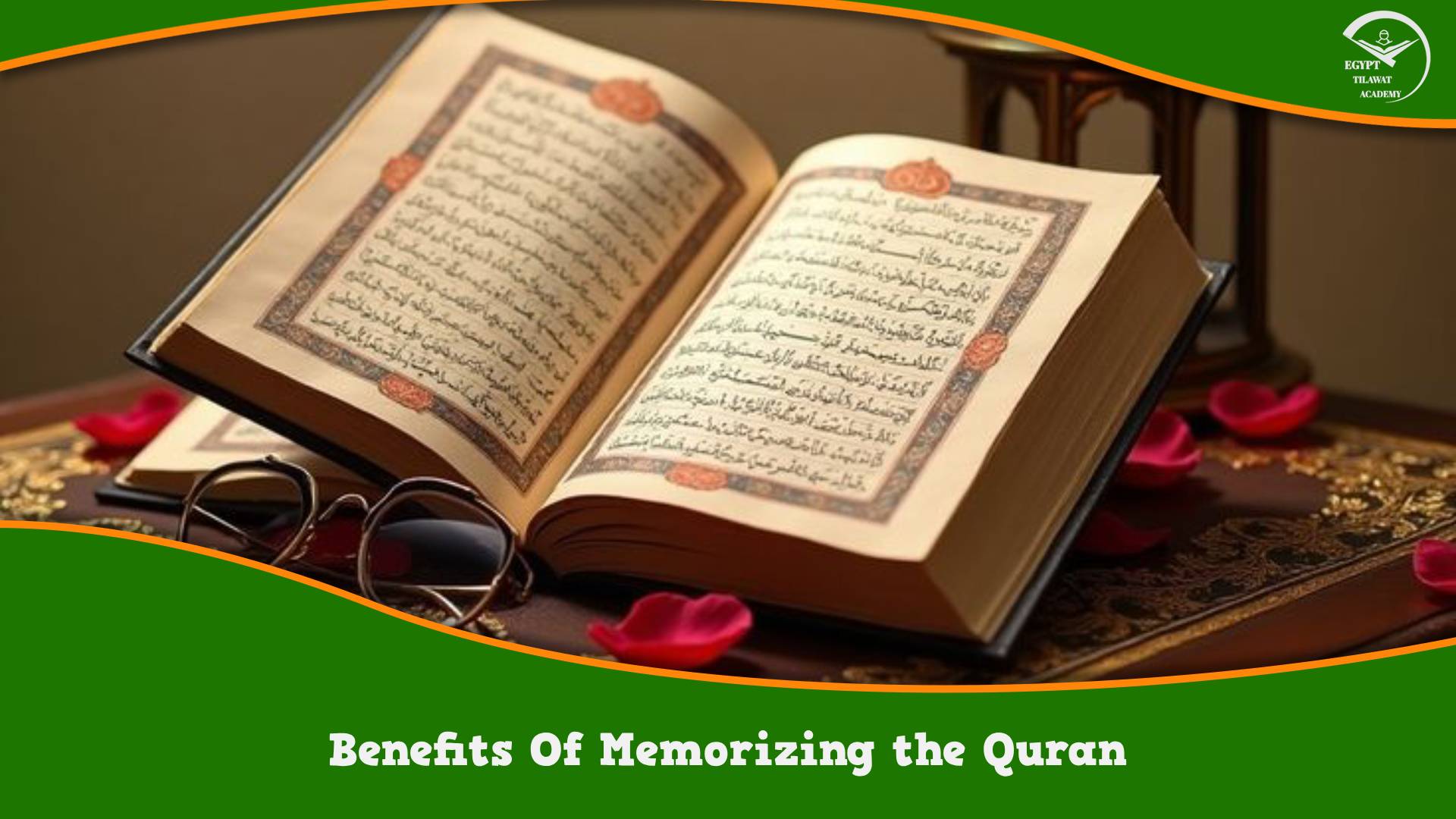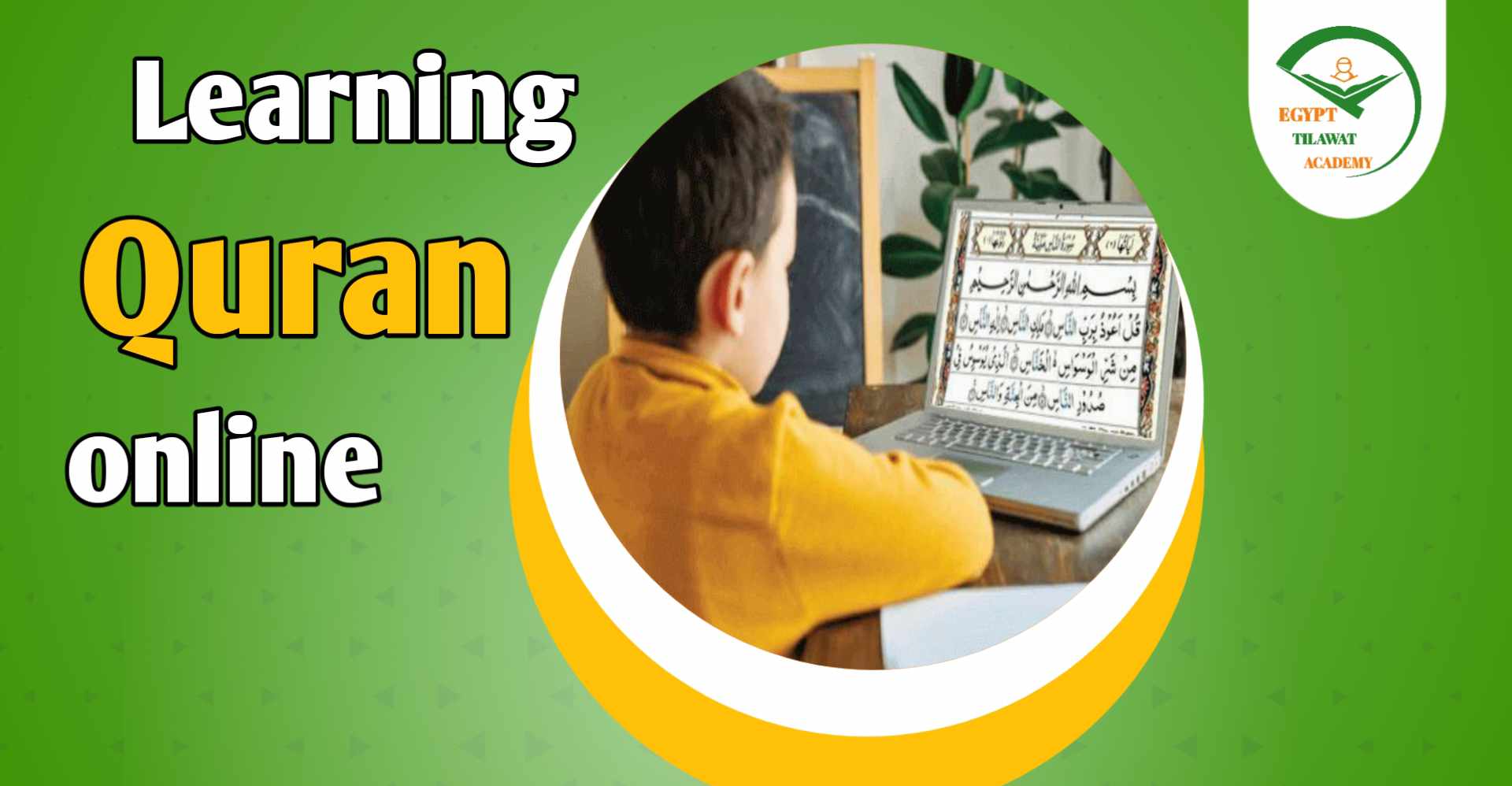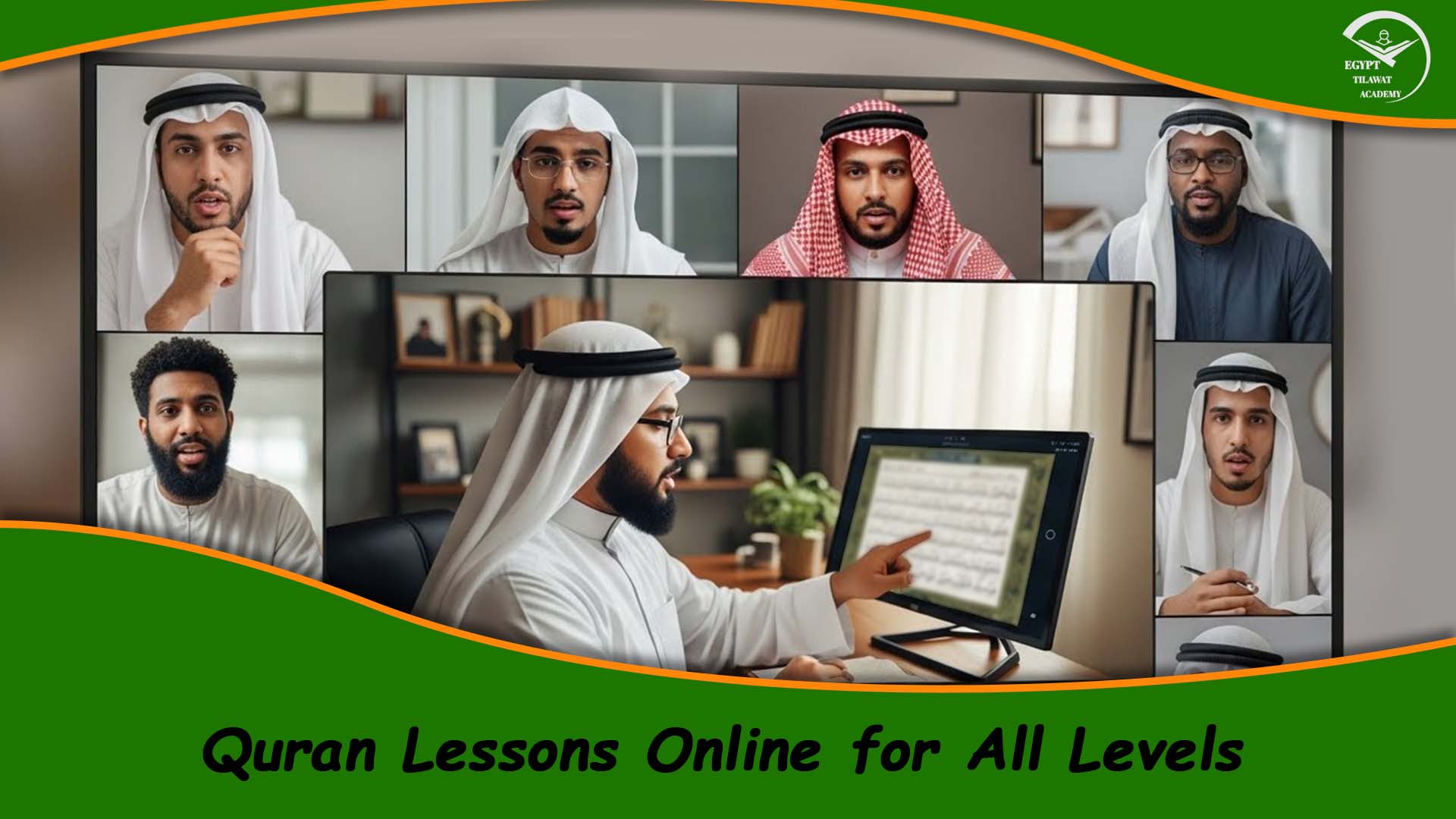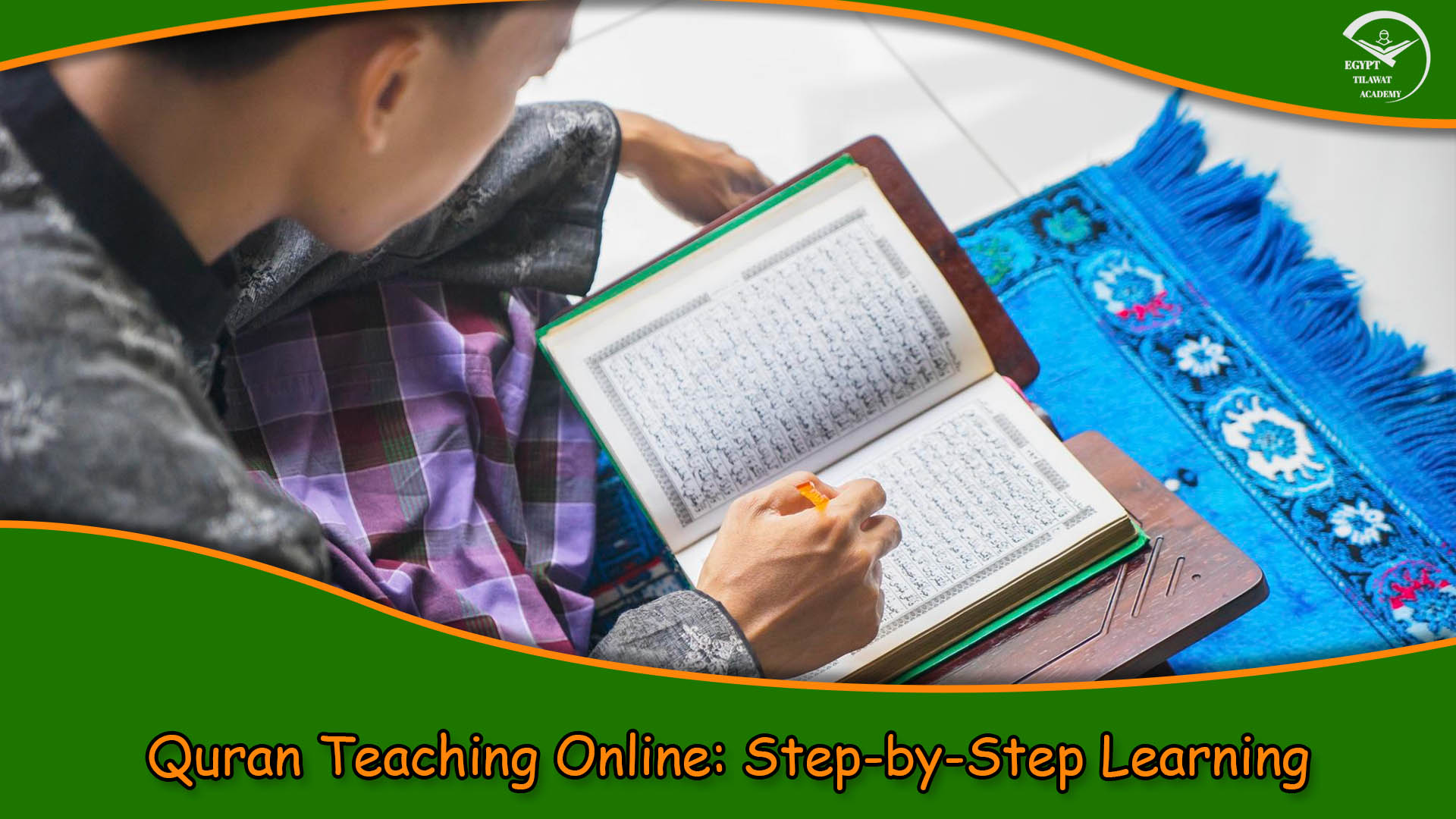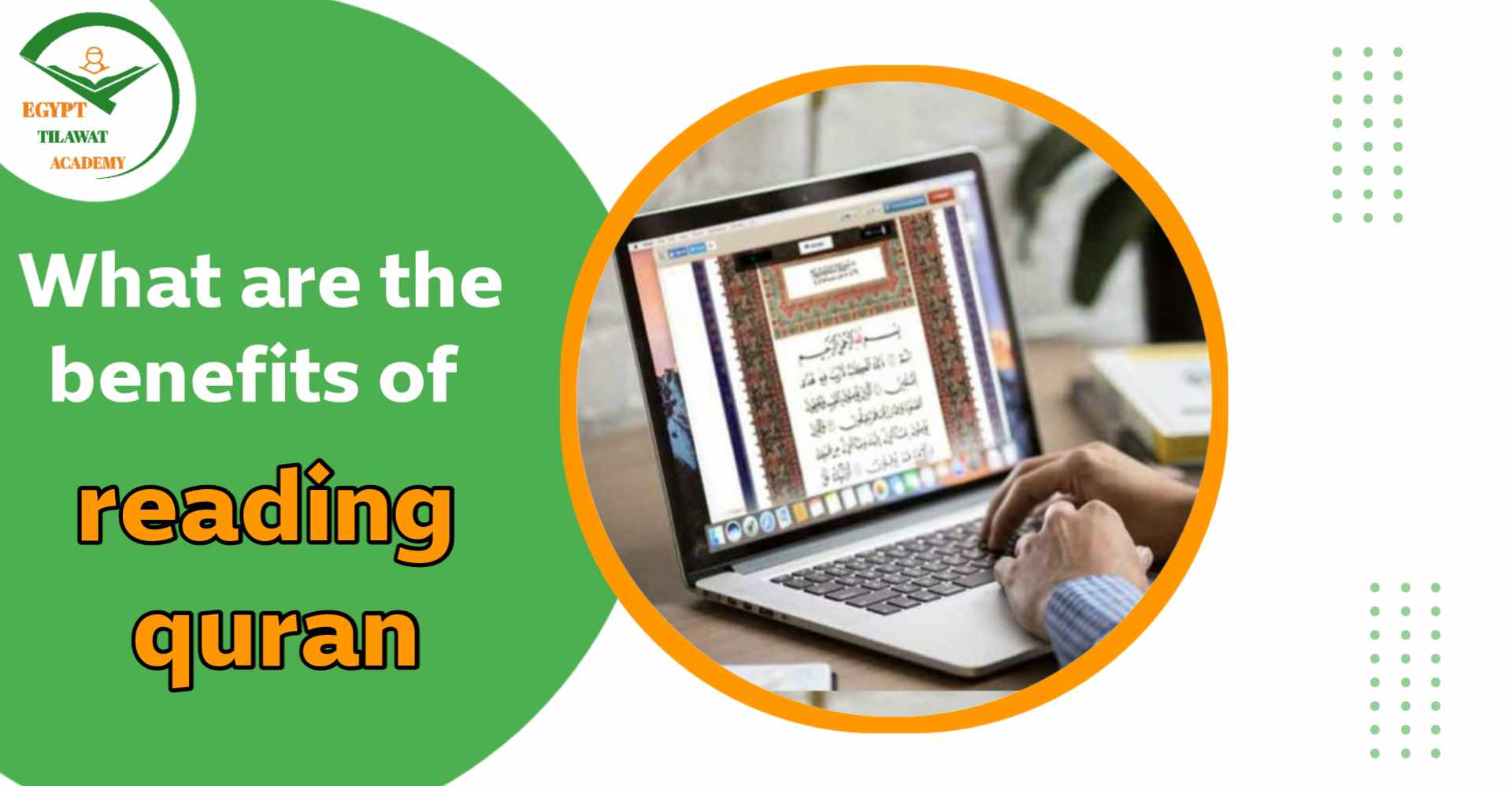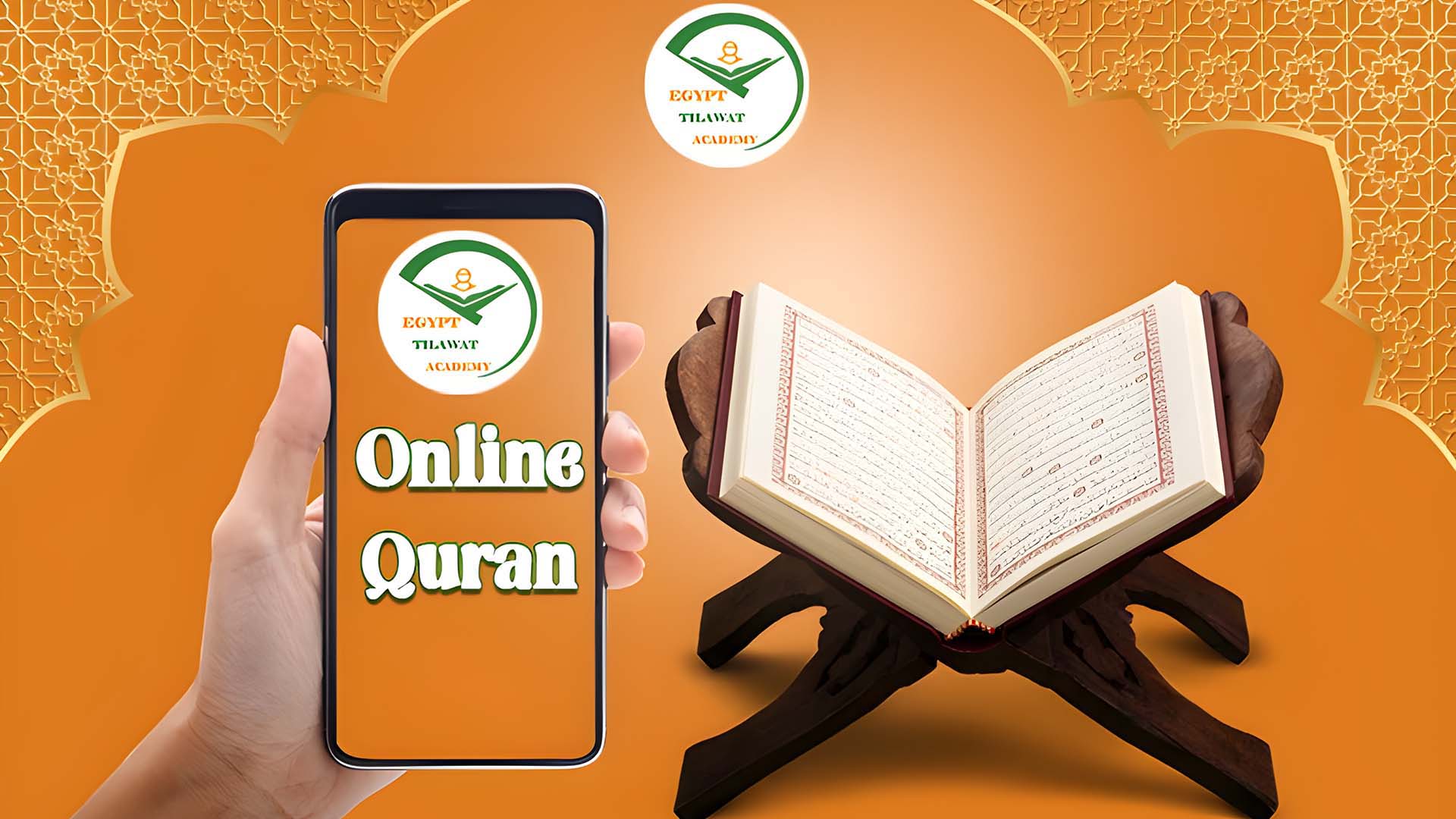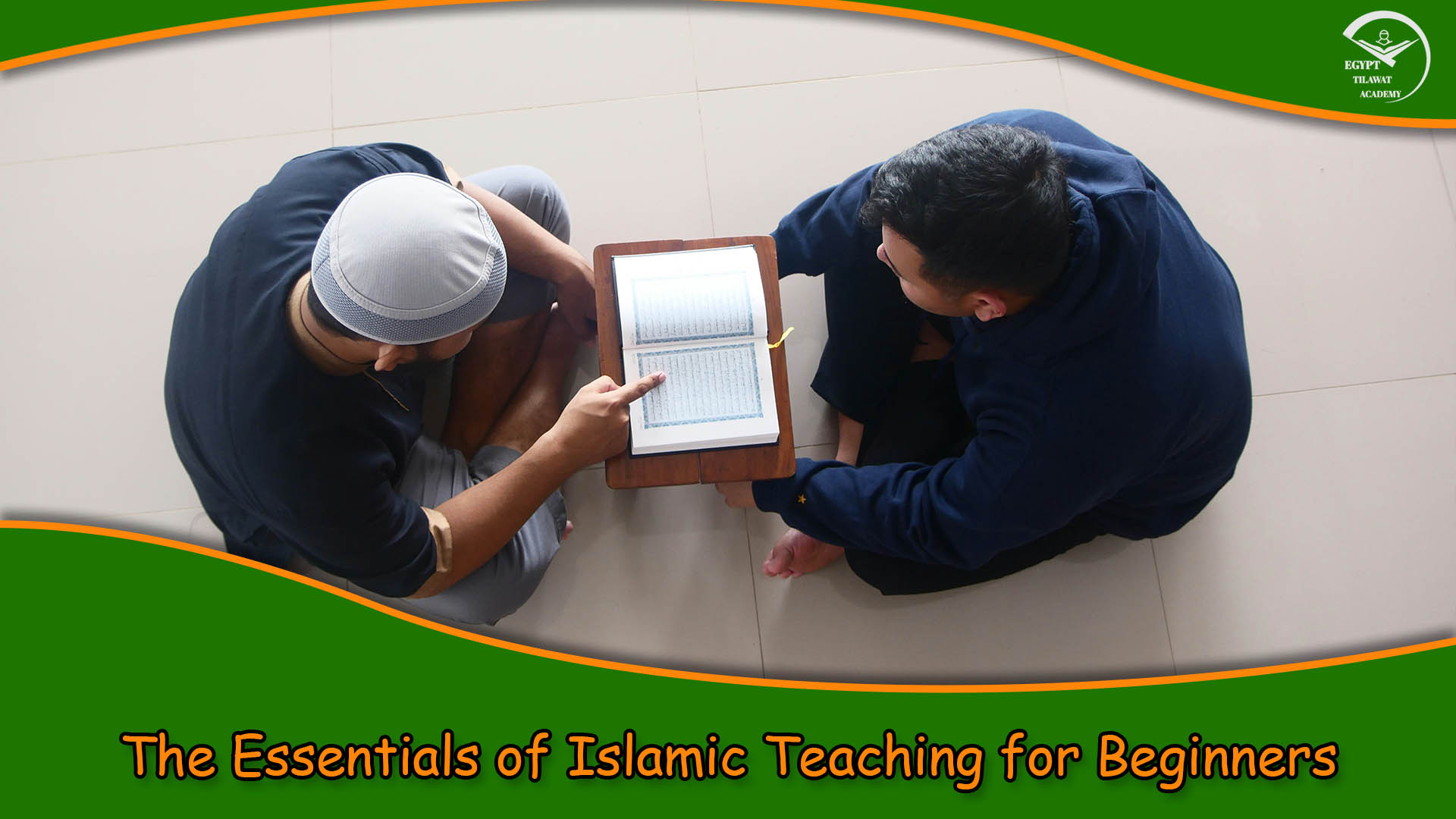
The Essentials of Islamic Teaching for Beginners.
Understanding the essentials of Islamic teaching for beginners is the first step toward building a strong connection with Allah, the Creator and Sustainer of the universe.
The essentials of Islamic teaching for beginners cover core beliefs (Tawhid,
belief in prophets, the Quran, angels, the Day of Judgment, and divine decree).
Practices of Islamic teaching are the five pillars of Islam: declaration of
faith, prayer, charity, fasting, and pilgrimage, and basic moral principles.
With the help of proficient teachers and leading platforms like Egypt
Tilawat Academy, new learners can explore the foundations of faith.
Also, discover the five pillars of Islam, learn how to perform salah, and
develop a deeper understanding of the Qur’an.
This article will guide you step by step through the essentials of Islamic
teaching, offering practical insights, valuable resources, and answers to
common questions that every beginner asks.
Whether you are a new Muslim or simply exploring the principles of Islam,
these teachings provide a clear path to spiritual growth, peace, and
understanding.
Understanding the Foundations of Islamic Teaching
Islam is one of the world’s largest monotheistic religions, followed by over
a billion Muslims across the globe.
For beginners, understanding the foundations of Islamic teaching is
essential to begin a meaningful journey in faith.
At its core, Islam teaches the belief in one God, Allah, who is the Creator
and Sustainer of the universe.
This belief in divine oneness is central to every aspect of Muslim life.
The Prophet Muhammad, peace be upon him, was the final messenger sent to
guide humanity toward worship of Allah alone and to provide a clear example of
how to live a balanced and ethical life.
Islamic teaching is based on sacred sources, primarily the Quran, which was
revealed to the Prophet Muhammad in Makkah and Madinah, and the Sunan (سنن), which includes the sayings and actions
of the Prophet.
Together, these sources provide Muslims with a comprehensive guide for
faith, worship, and everyday living.
Unlike other religions such as Christianity or Judaism, Islam encompasses a
unique framework that integrates spiritual devotion with social, ethical, and
personal practices.
For beginners, the first step is to explore the basic doctrines and
principles that form the foundation of the religion.
These include the Five Pillars of Islam, the six articles of faith, and the
belief in prophets, angels, and the Hereafter.
Islamic teaching is not merely theoretical but provides practical methods to
live a life of peace, balance, and devotion to Allah.
Choosing the Right Islamic Tutor for Effective Learning
For anyone starting their journey in Islam, having the right teacher makes
all the difference.
Islamic teaching has been passed down through generations of scholars,
educators, and proficient teachers who dedicated their lives to preserving the
religion.
A good tutor not only shares knowledge but also inspires the student to live
by Islamic values.
When choosing an Islamic tutor, beginners should look for someone who is
both knowledgeable and compassionate.
Tutors should provide an educational experience that is simple, structured,
and based on authentic Islamic sources.
Online platforms such as Egypt Tilawat Academy have emerged as leading
platforms that connect students with proficient educators across the globe.
These academies offer programs that are tailored for children, youth, and
adults, providing balanced methods of teaching that reflect the Sunnah and
Islamic ethics.
The right tutor understands the student’s level, applies effective teaching
methods, and ensures that learning is enjoyable and meaningful.
Whether through a university program, an online portal like Moodle, or
one-on-one guidance, Islamic tutors serve as guides, helping beginners to
develop a solid foundation in faith.
Tips to Begin Your Journey with Islamic Teaching
Starting the journey with Islamic teaching may seem overwhelming, but taking
simple steps can make the process smooth and rewarding.
The first tip is to focus on understanding the basics—belief in Allah,
learning the meaning of the Quran, and practicing daily worship such as salah.
Beginners should dedicate a series of small efforts daily, rather than
trying to learn everything at once.
Another important step is to develop consistency.
Islam teaches that deeds, even if small, become meaningful when done
regularly.
For example, reciting a short surah daily, reflecting on its meaning, or
practicing small acts of worship can build spiritual strength over time.
It is also helpful to use resources that provide structured learning.
Many online platforms and schools offer comprehensive courses in Qurʾān
recitation, tajweed, and hadith studies.
These resources assist beginners in applying Islamic knowledge practically
in their daily lives.
Finally, joining a community of learners—whether online or in person- offers
motivation, guidance, and support throughout the journey.
Learning the Quran in Islamic Teaching
The Quran is the holy word of Allah revealed to the Prophet Muhammad as a
guide for humanity.
For beginners, learning the Quran is one of the most central aspects of
Islamic teaching.
The Quran is not just a book of religious doctrines but a comprehensive
guide that encompasses every aspect of life.
Beginners should first learn to read the Quran in Arabic, as the sacred text
carries divine beauty and meaning in its original language.
Teachers and tutors often start students with basic Arabic reading and
tajweed, which teaches correct pronunciation and recitation.
Tilawat, or Quran recitation, is highly emphasized because it helps Muslims
reflect on Allah’s revealed words.
Institutions like Egypt Tilawat Academy offer online Quran classes where
students can learn surahs, understand meanings, and develop a strong spiritual
connection with the divine message.
The goal is not only to recite but also to reflect, understand, and apply
the teachings in daily life.
Through the Quran, beginners discover peace, balance, and guidance for all
aspects of living.
Importance of Salah (Prayer) in Islamic Teaching
Salah, or prayer, is one of the central pillars of Islam and an essential
practice taught from the very beginning of one’s journey in faith.
Muslims pray five times a day, which establishes a direct connection with
Allah.
Salah teaches discipline, mindfulness, and devotion.
It allows believers to pause from worldly matters and remember their
Creator.
For beginners, learning salah step by step is vital.
This includes memorizing basic surahs, understanding the meanings of the
words, and learning the proper physical movements.
Salah reflects the core values of submission, gratitude, and peace in Islam.
By praying regularly, Muslims strengthen their faith, apply Islamic
principles in daily life, and cultivate spiritual balance.
Basic Islamic Teaching for Beginners
The essentials of Islamic teaching for beginners revolve around the simple
yet profound principles of faith.
These include:
- Belief in Allah as the one and only God.
- Belief in prophets such as Muhammad, Moses, Jesus, and others who brought
divine guidance.
- Belief in angels, the unseen creatures who serve Allah.
- Belief in the holy books, including the Quran as the final revelation.
- Belief in the Day of Judgment, when all humans will be accountable for their
deeds.
- Belief in divine decree, acknowledging Allah’s knowledge and power over all
existence.
These core beliefs shape a Muslim’s worldview, guiding them in worship,
ethics, and community living.
Beginners are encouraged to develop a lifestyle based on love for Allah,
respect for others, and reflection on the purpose of life.
The Significance of the Quran and Sunnah
The significance of the Qur’an and Sunnah in Islam cannot be overstated, as
they teach the fundamental guidance that shapes the life of every human being.
The Qur’an is Allah’s revealed word, encompassing wisdom, laws, and values
that help people understand their purpose and live in harmony with the Creator
and creation.
The Sunnah, preserved through the sayings and actions of the Prophet
Muhammad (peace be upon him), provides a living example of how these divine
teachings are applied in daily life.
Together, the Qur’an and Sunnah form a school of knowledge where Muslims
learn concepts that go beyond rituals and enter into the realms of ethics,
justice, and compassion.
In terms of influence, they are the major sources that unite people of
faith, guiding them to avoid partners with Allah and to remain devoted to His
oneness.
Over time, the message of the Qur’an and Sunnah has spread across the globe,
creating a strong arbiter of faith that continues to inspire generations.
Whether in classrooms, online portals, or even through a simple blog or
poster, the timeless concepts created by Allah’s guidance remind Muslims of
their responsibility to uphold truth, justice, and love in all aspects of life.
The Role of Islamic Tutors in Guiding Beginners
Islamic tutors play a central role in helping beginners understand and apply
Islamic teaching.
They are not just teachers but also guides who nurture spiritual growth.
Tutors provide structured education in Quran studies, hadith, fiqh
(jurisprudence), and Islamic history.
They assist students in understanding the balance between religious devotion
and social responsibilities.
Islamic tutors also adapt their methods to suit different age groups.
For children, they create engaging and simple lessons.
For adults, they provide detailed studies that encourage reflection and
application.
Many tutors now use online platforms, email, and digital resources to reach
a global audience, making Islamic education accessible across borders.
Basic Islamic Knowledge Questions and Answers
Beginners often have many questions when starting their journey in Islam.
Here are some common ones:
Q: Who is Allah?
A: Allah is the one true God, the Creator and Sustainer of the universe.
Q: Who is Prophet Muhammad?
A: Prophet Muhammad is the final messenger of Allah who brought the Qur’an and perfected the religion of Islam.
Q: What are the Five Pillars of Islam?
A: They are Shahada (declaration of faith), Salah (prayer), Zakat (charity), Sawm (fasting), and Hajj (pilgrimage).
Q: Why do Muslims pray in Arabic?
A: Arabic is the language in which the Qur’an was revealed, ensuring unity and preservation of the original words.
Q: What is the Qur’an?
A: The Qur’an is the holy book revealed to the Prophet Muhammad, serving as a divine guide for humanity.
Q: Do Muslims believe in Jesus?
A: Yes, Muslims believe in Jesus (ʿIsa in Arabic) as a prophet and messenger of Allah, not as God or His partner.
Q: What is Sunnah?
A: Sunnah (سنن) refers to the teachings, practices, and traditions of the Prophet Muhammad that guide Muslims in applying faith.
Q: Why is community important in Islam?
A: Islam emphasizes community (ummah) to foster love, peace, balance, and mutual support among people.
In Conclusion, The Essentials of Islamic Teaching for Beginners.
The essentials of Islamic teaching for beginners encompass the foundations
of faith, the guidance of qualified tutors, the importance of the Qur’an and
salah, and the values that shape a balanced and meaningful life.
With resources offered by platforms like Egypt Tilawat Academy, students around the globe can access comprehensive and simple the role of Islamic Education in modern society.
Islamic teaching is not only about religious rituals but also about developing character, embracing values, and living in peace with oneself and others.
By starting with sincerity, choosing the right teacher, and focusing on the core principles of Islam, beginners can embark on a fulfilling journey that enriches both their faith and daily life.

